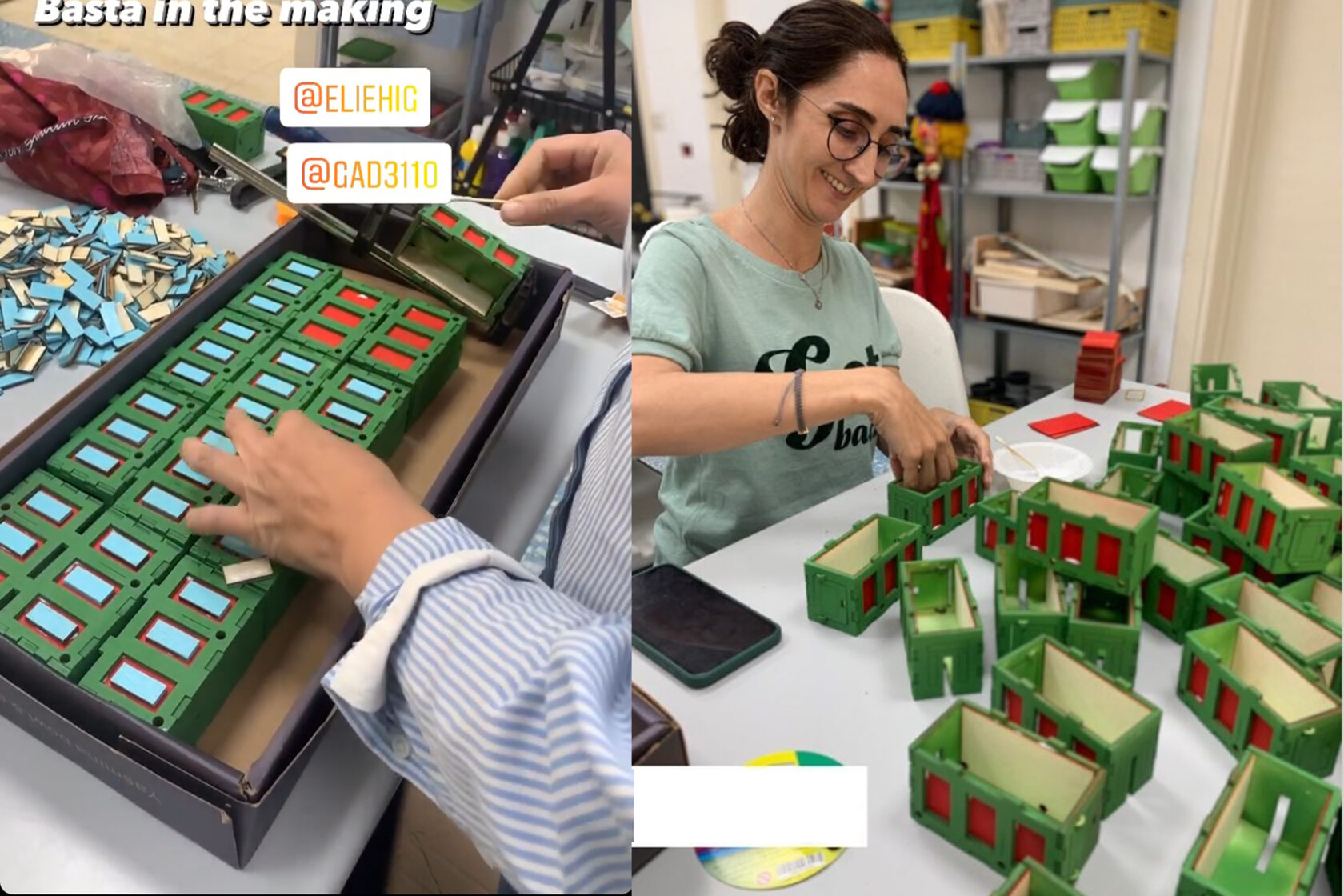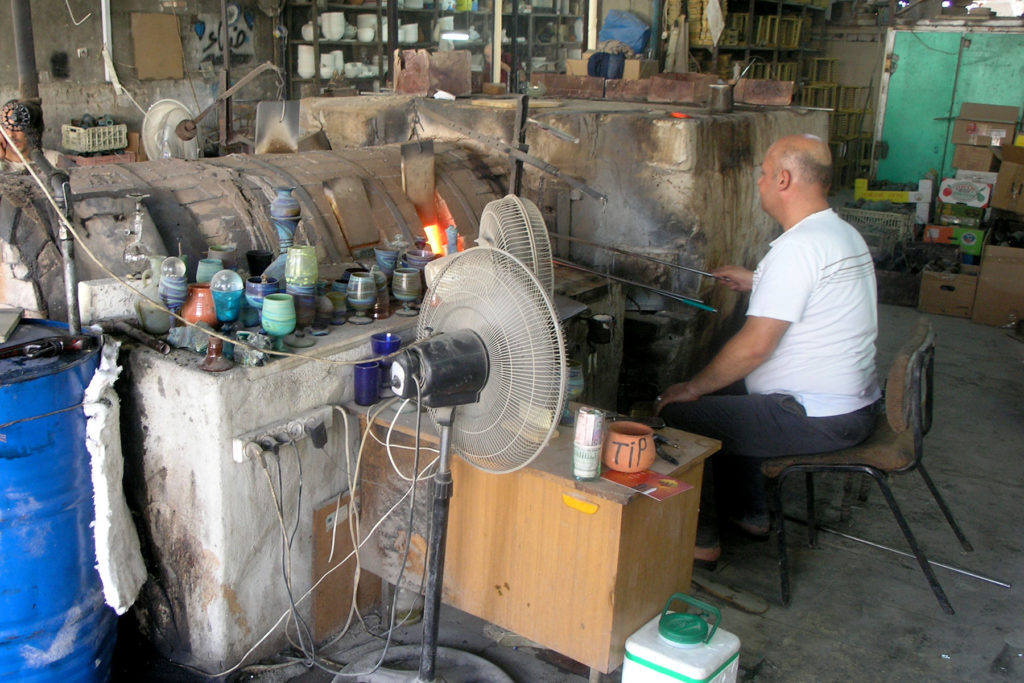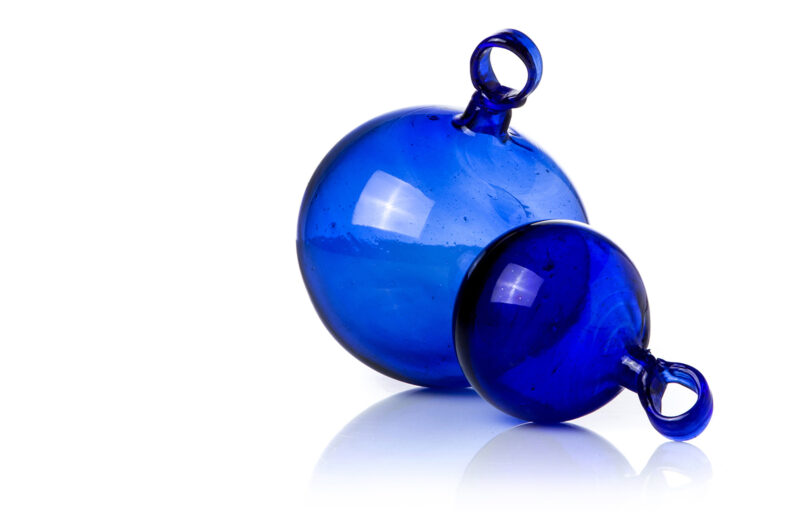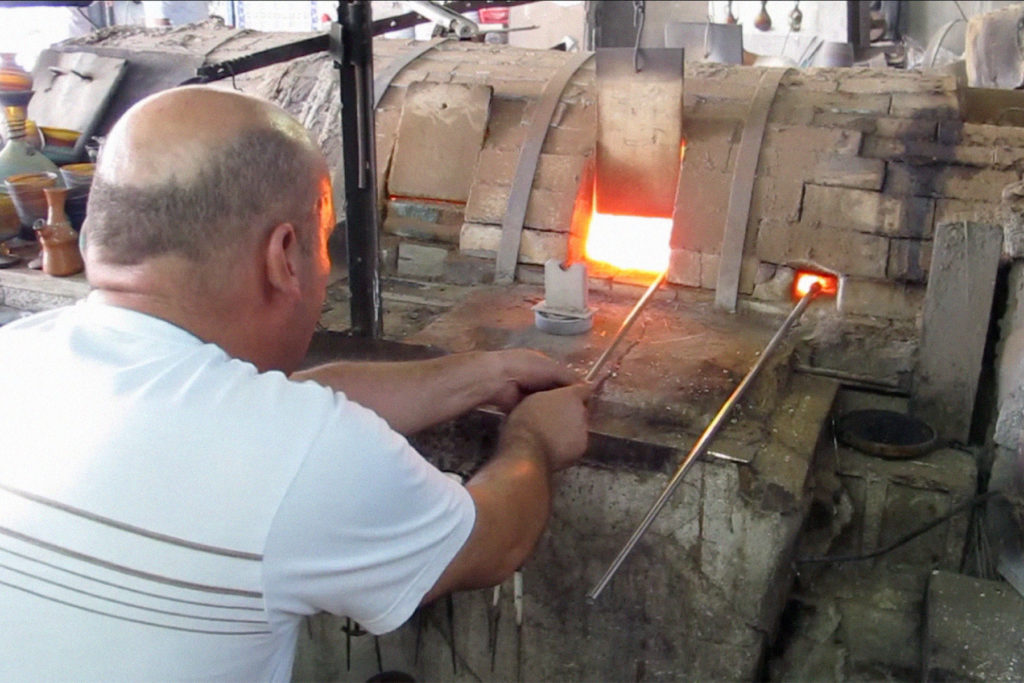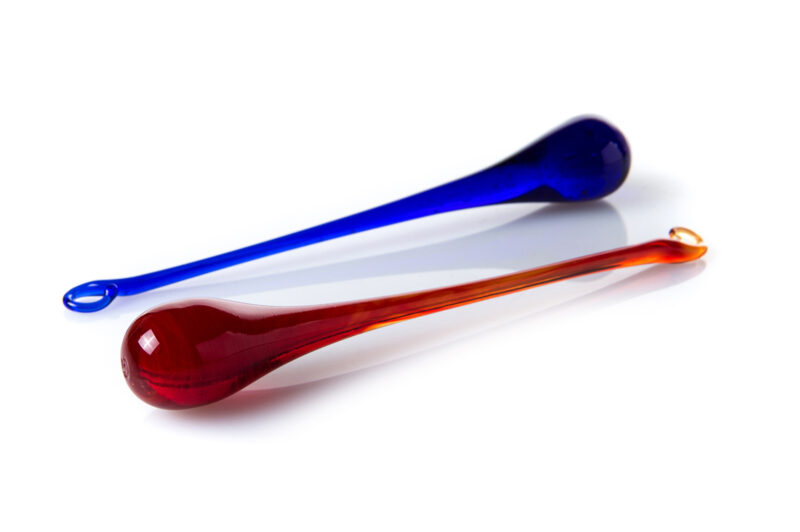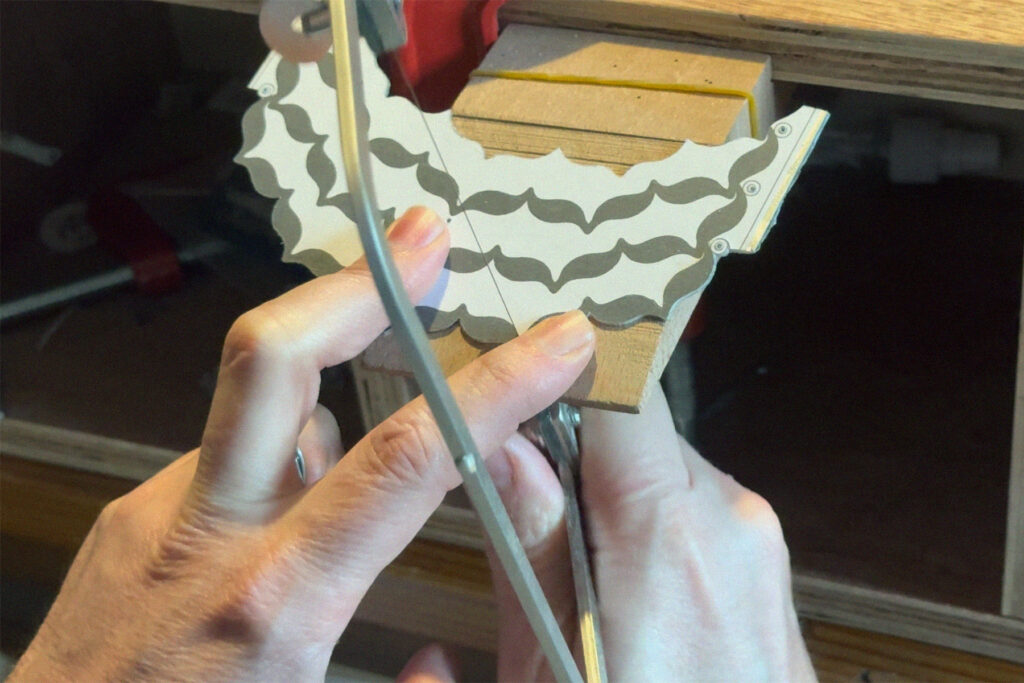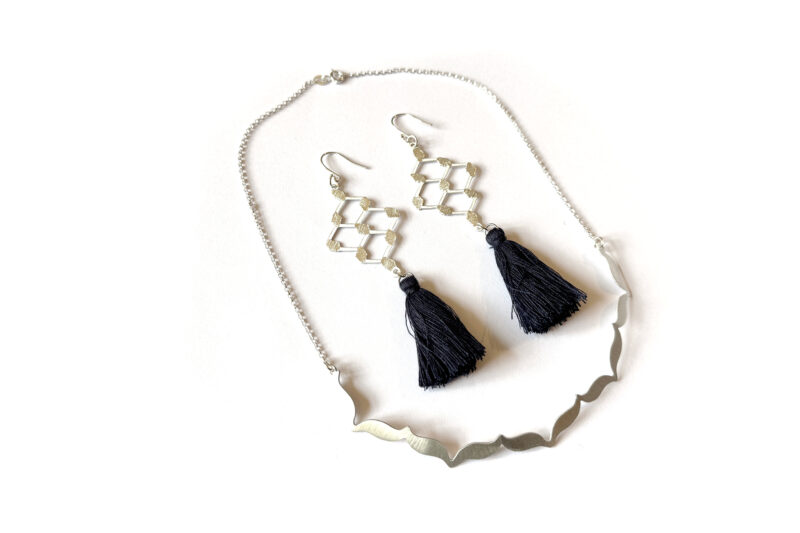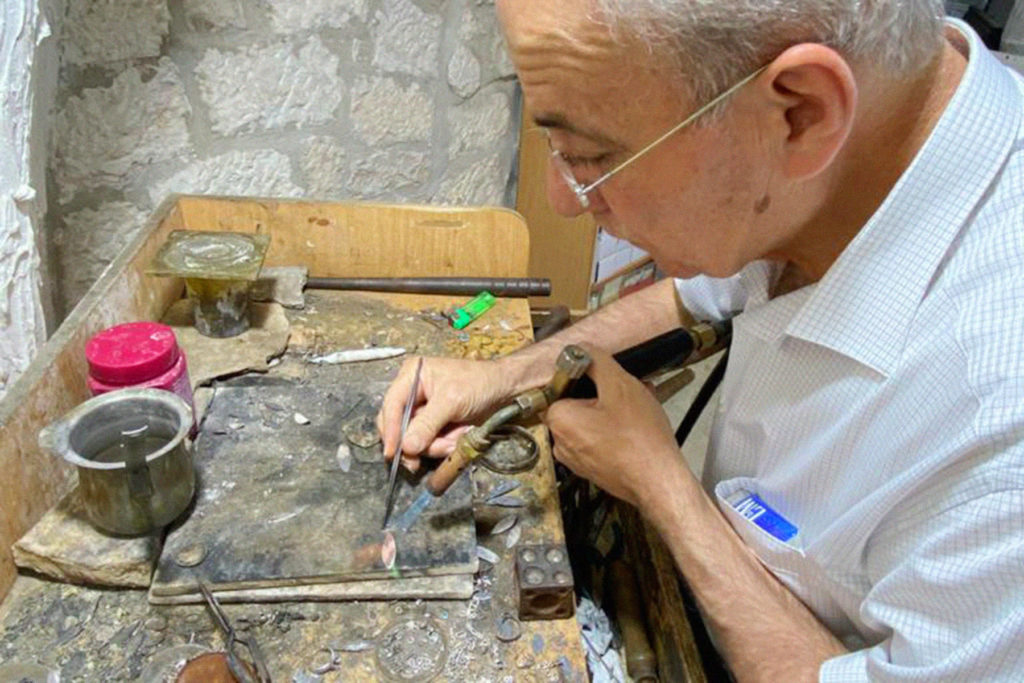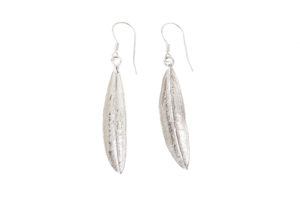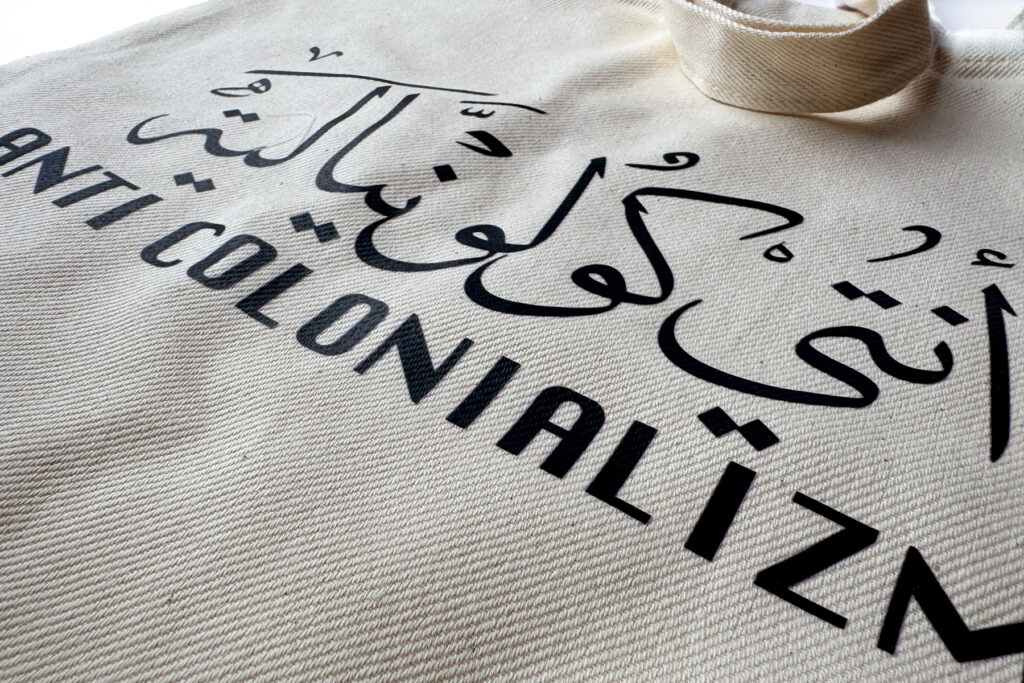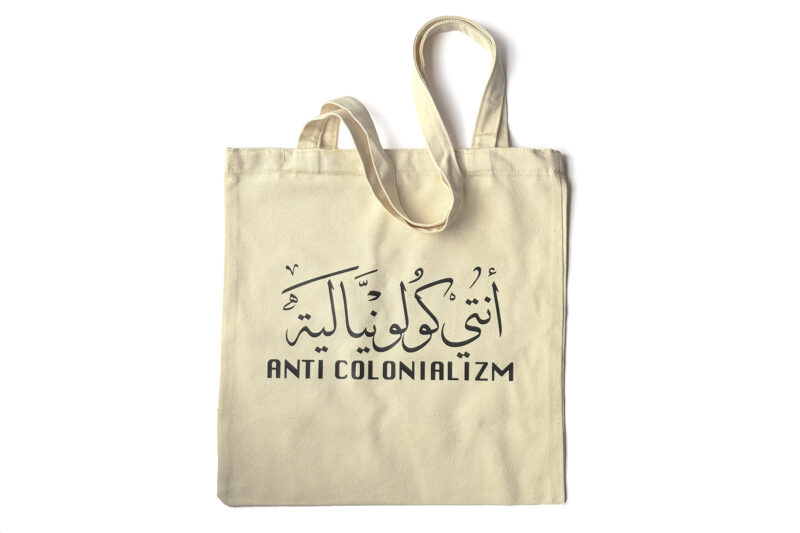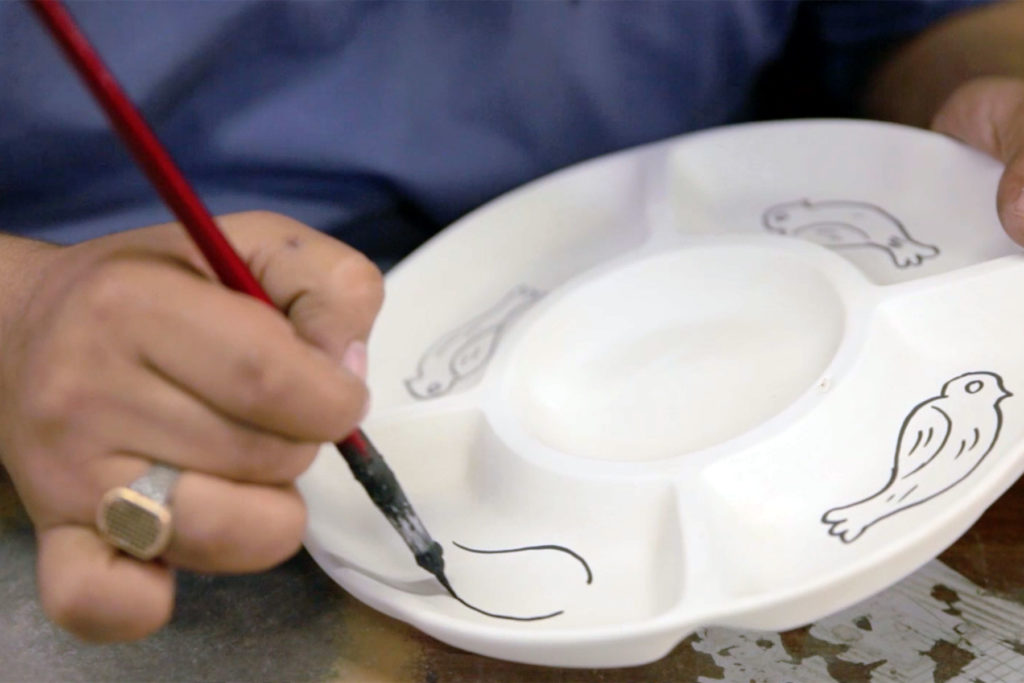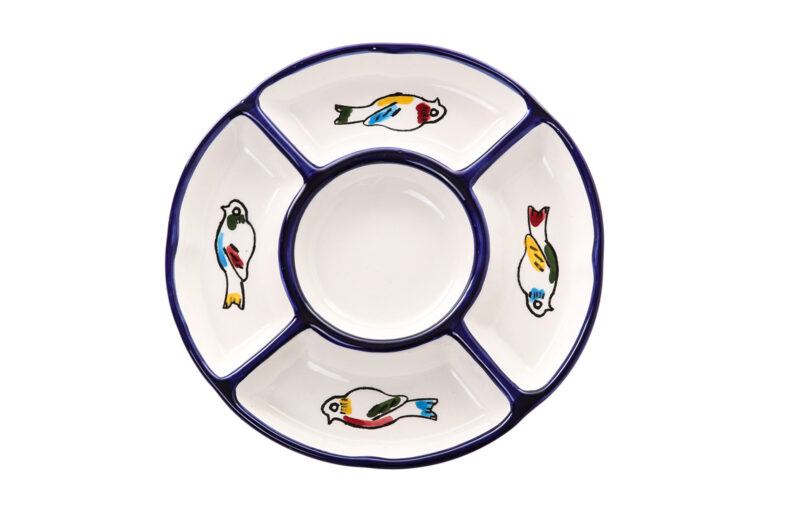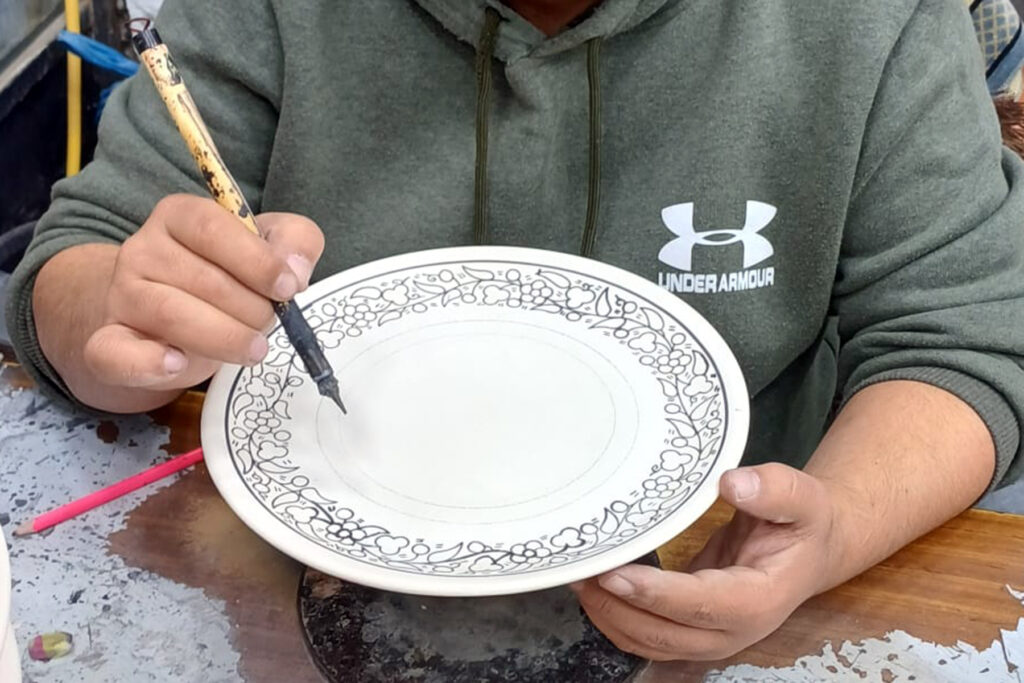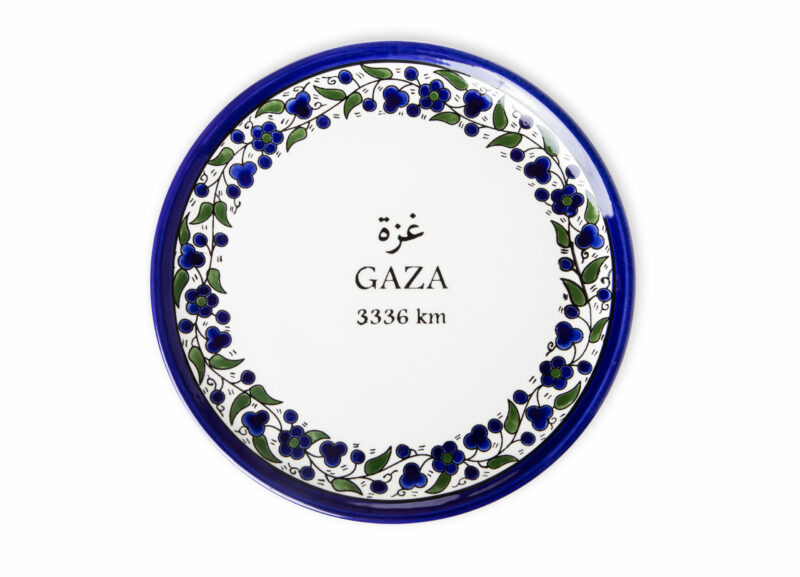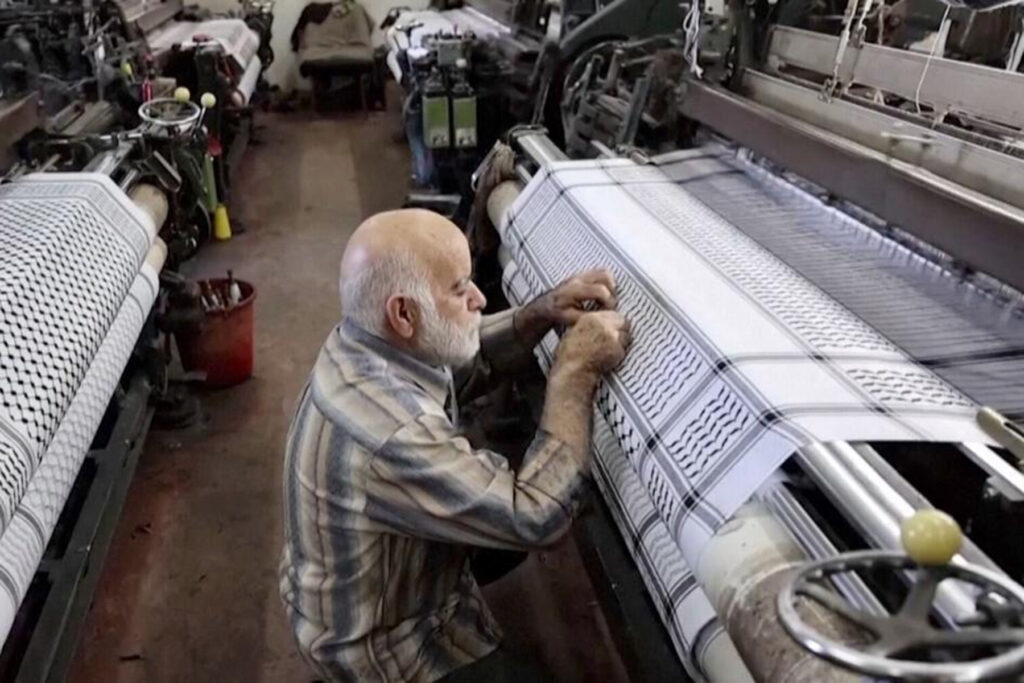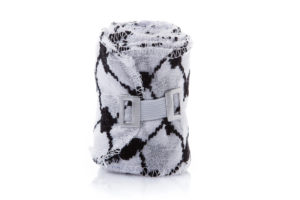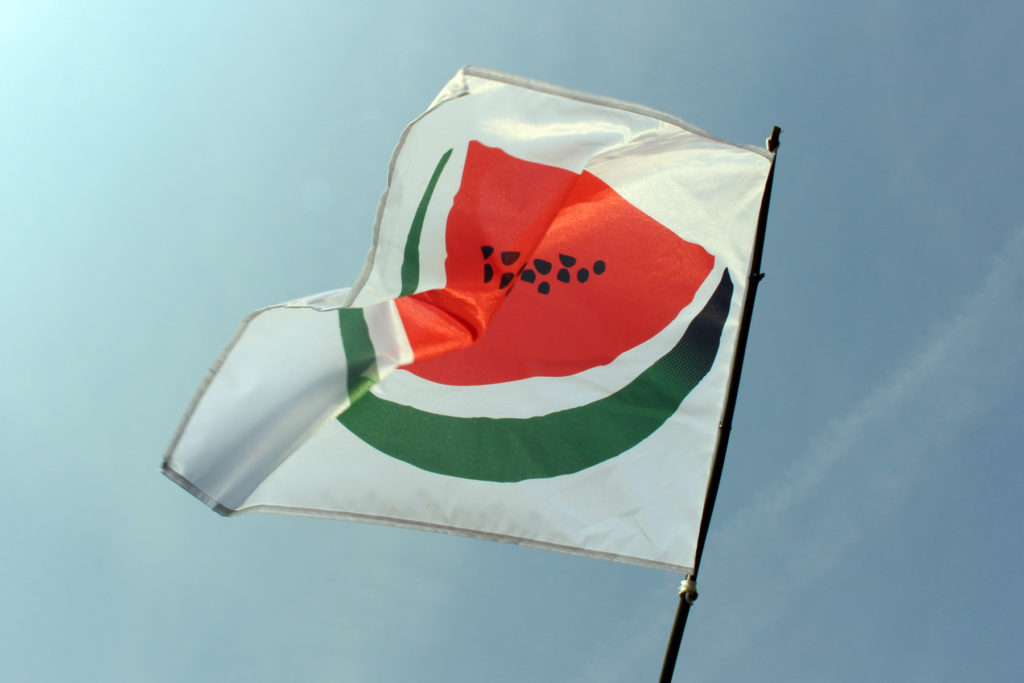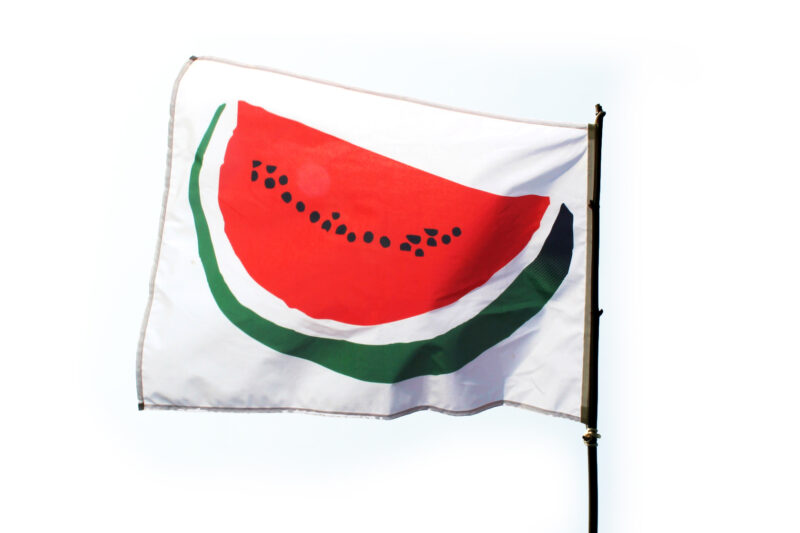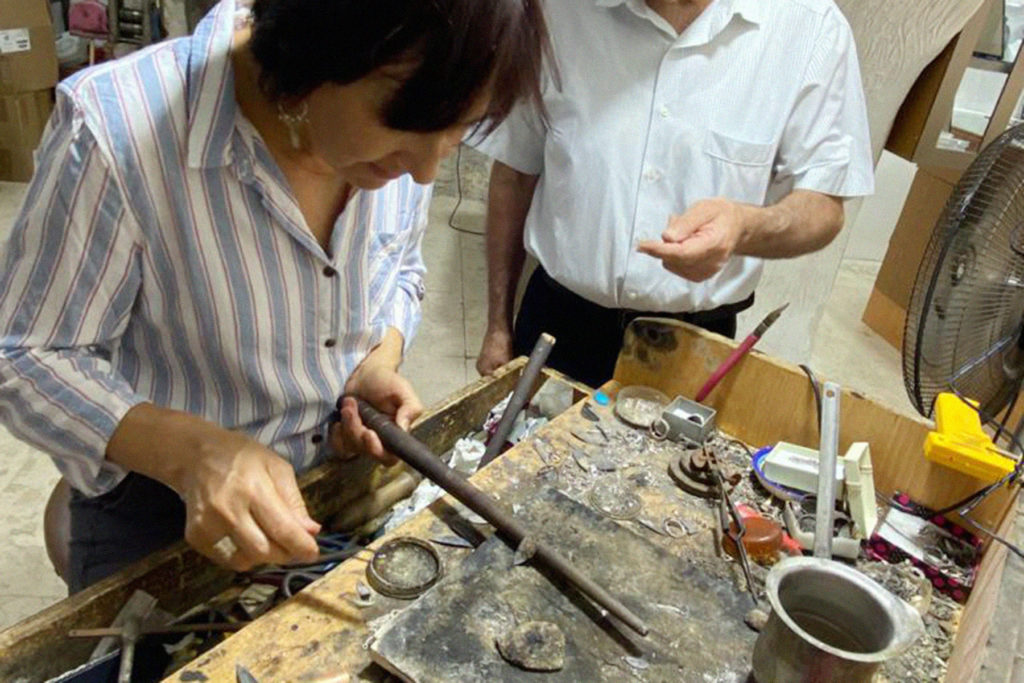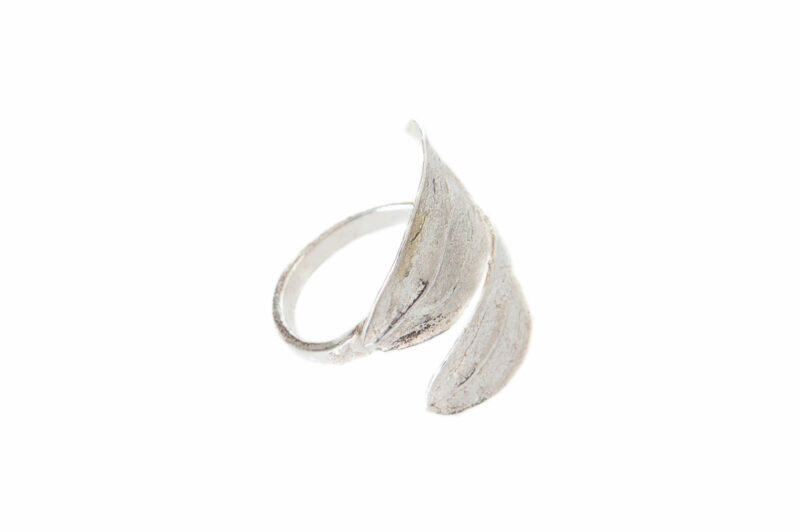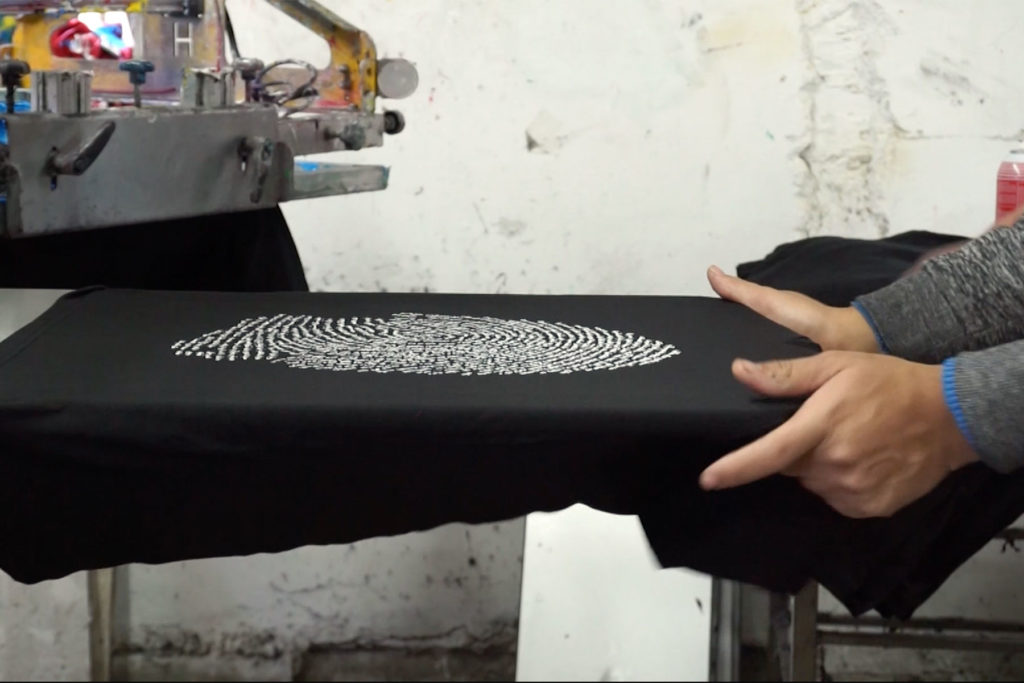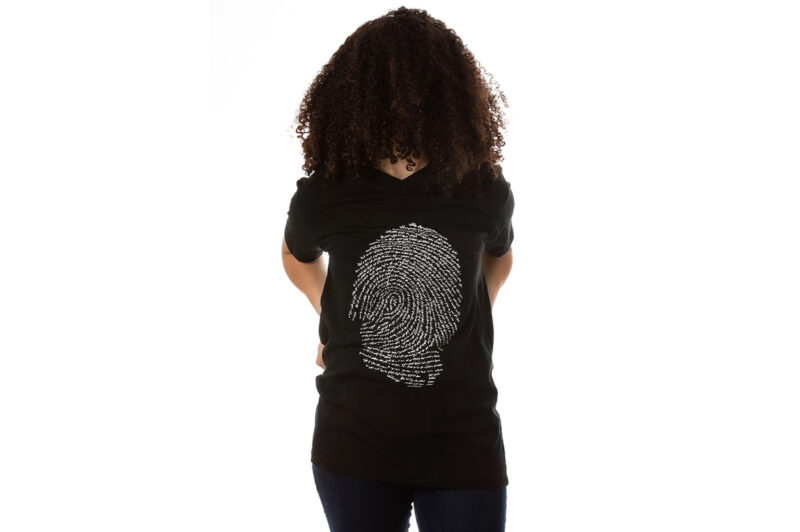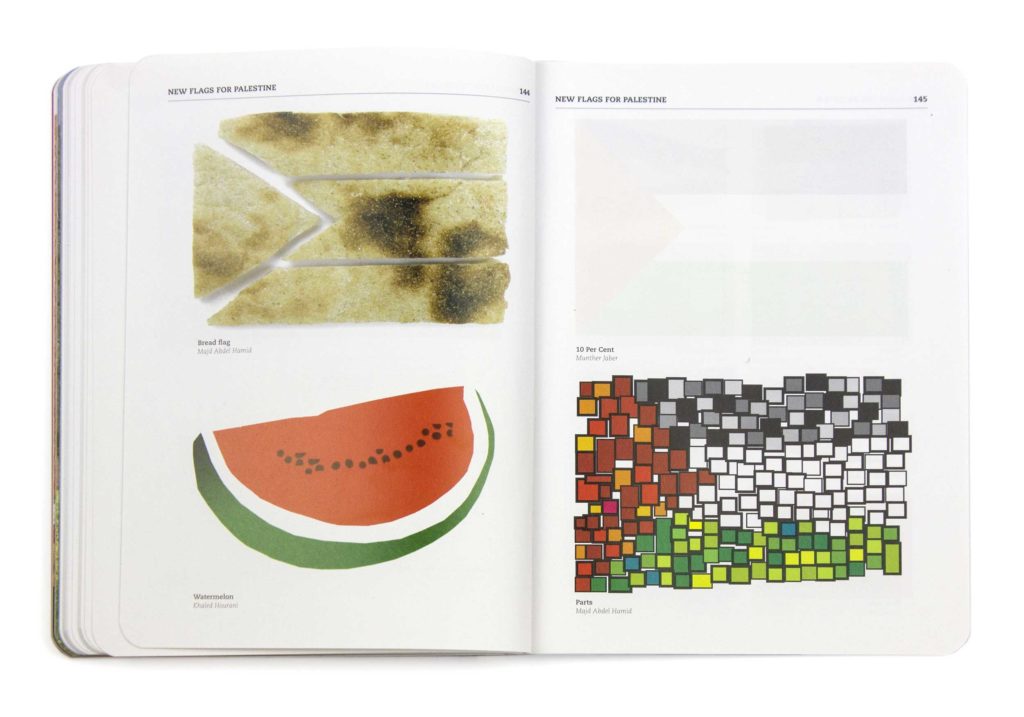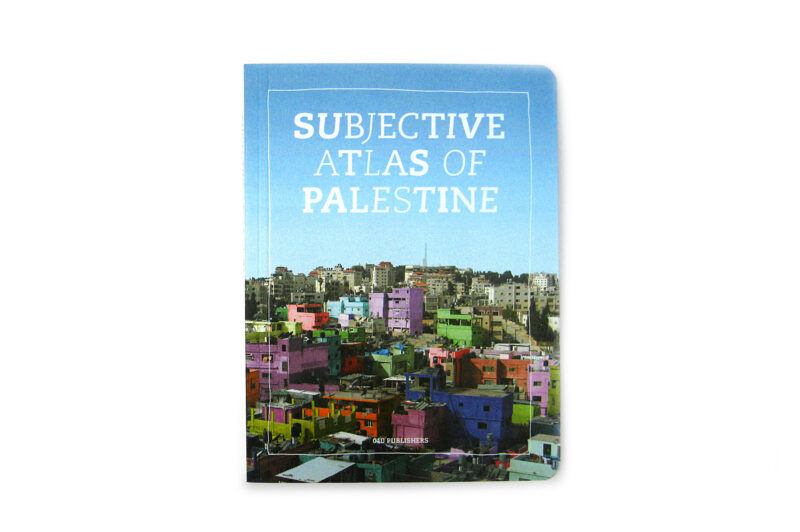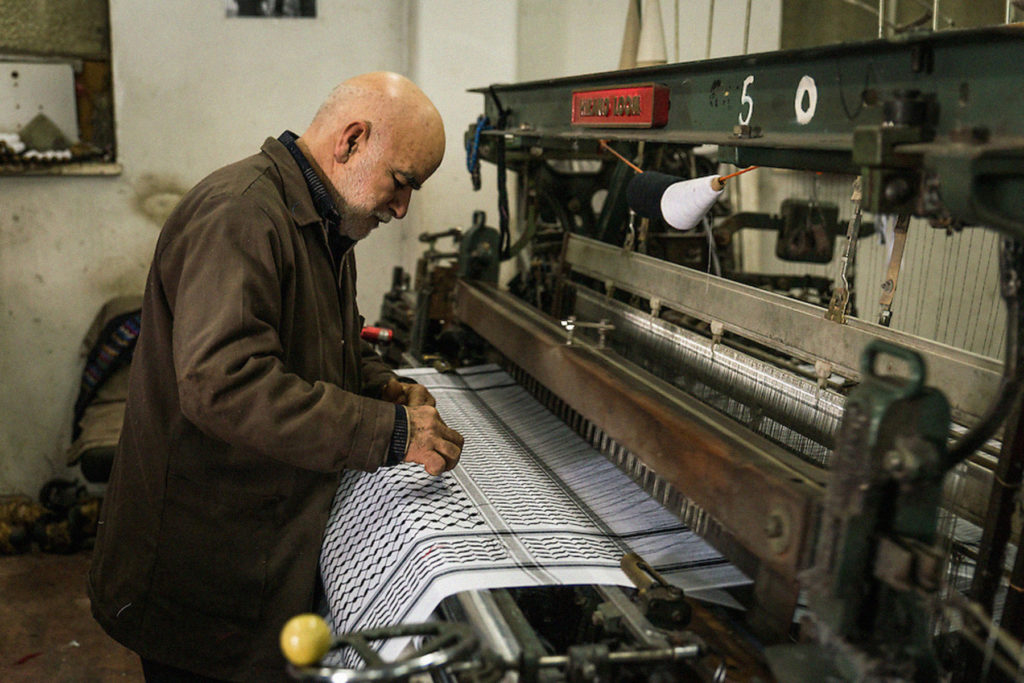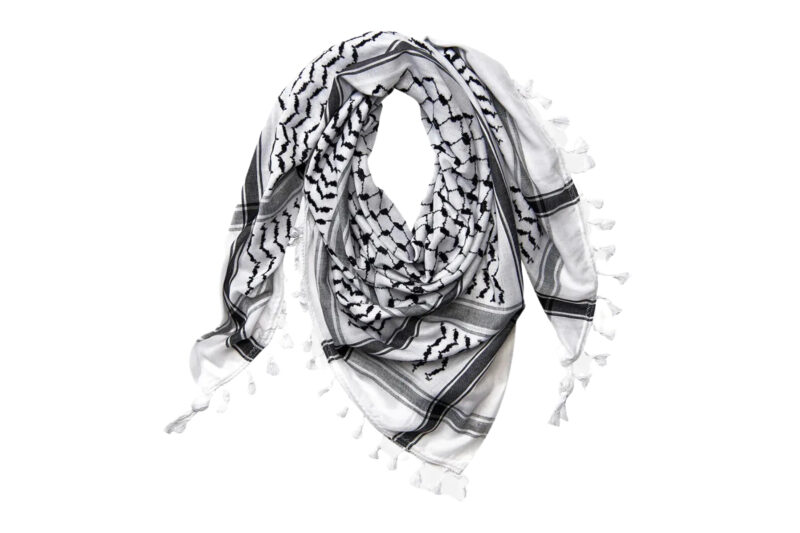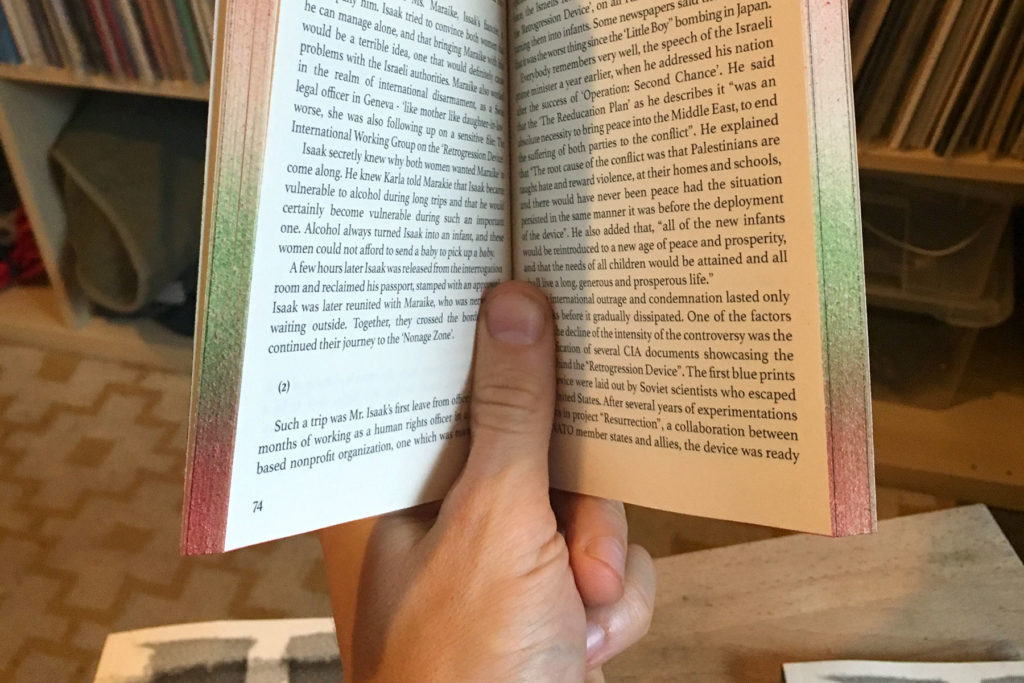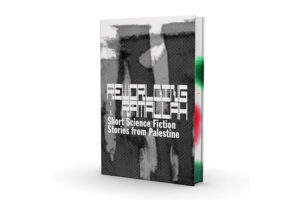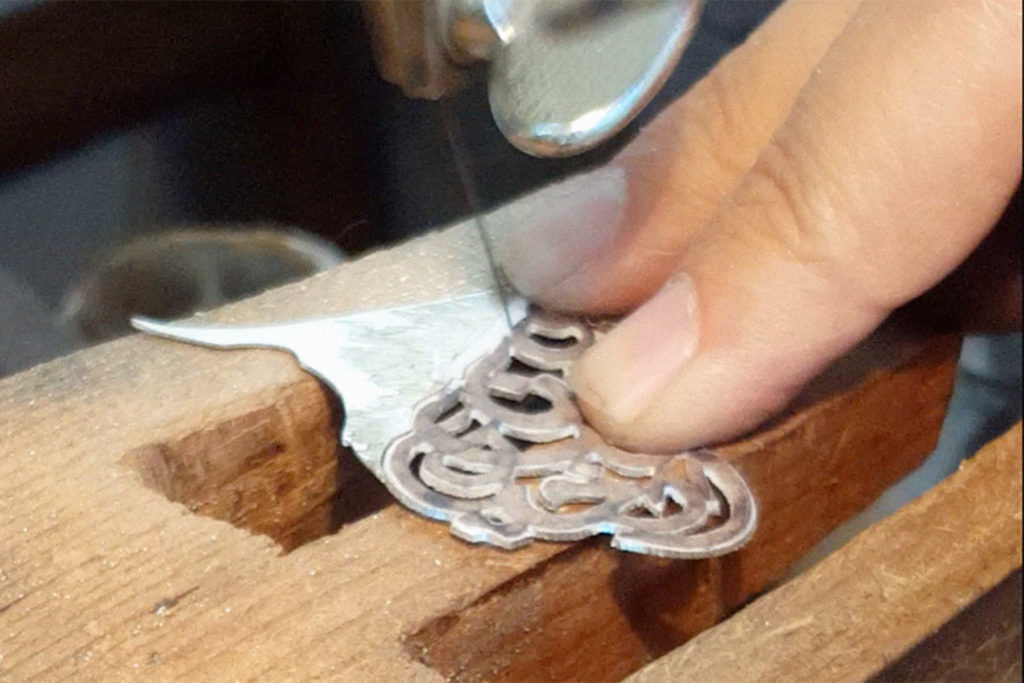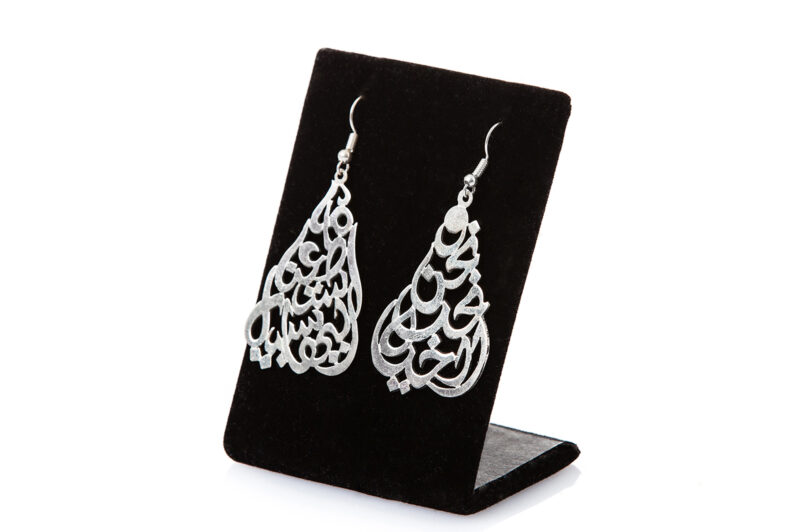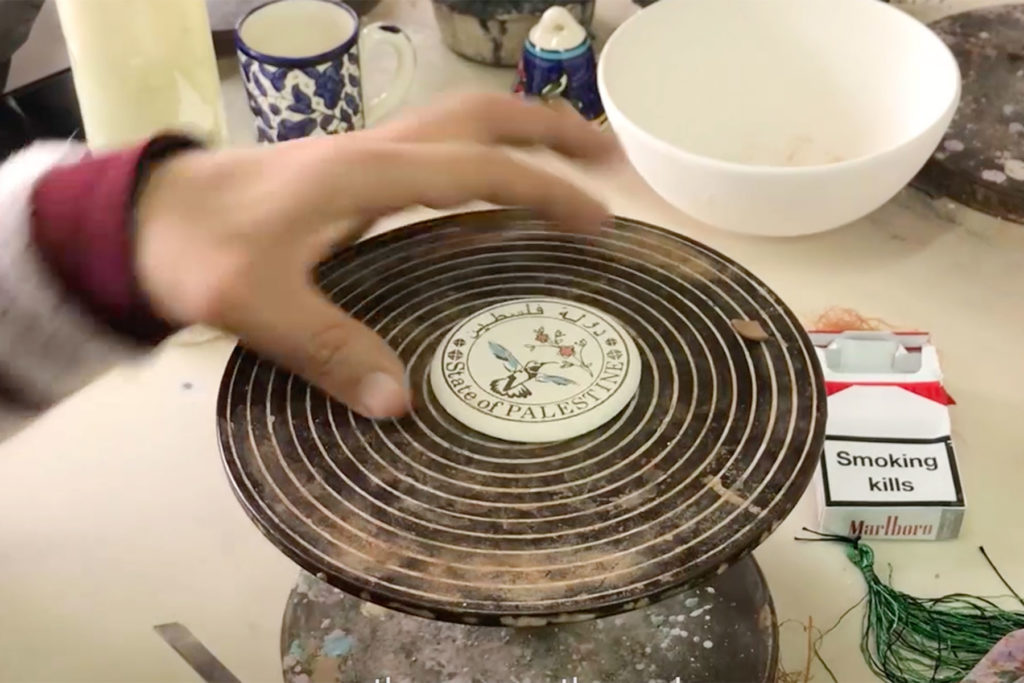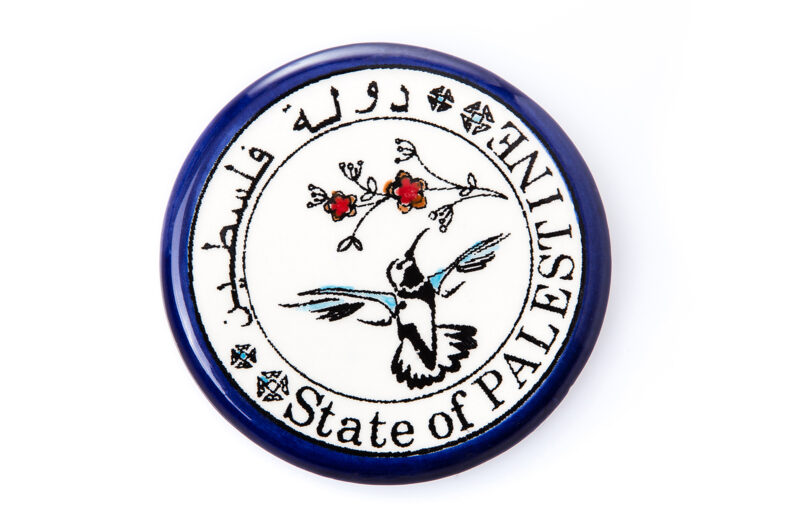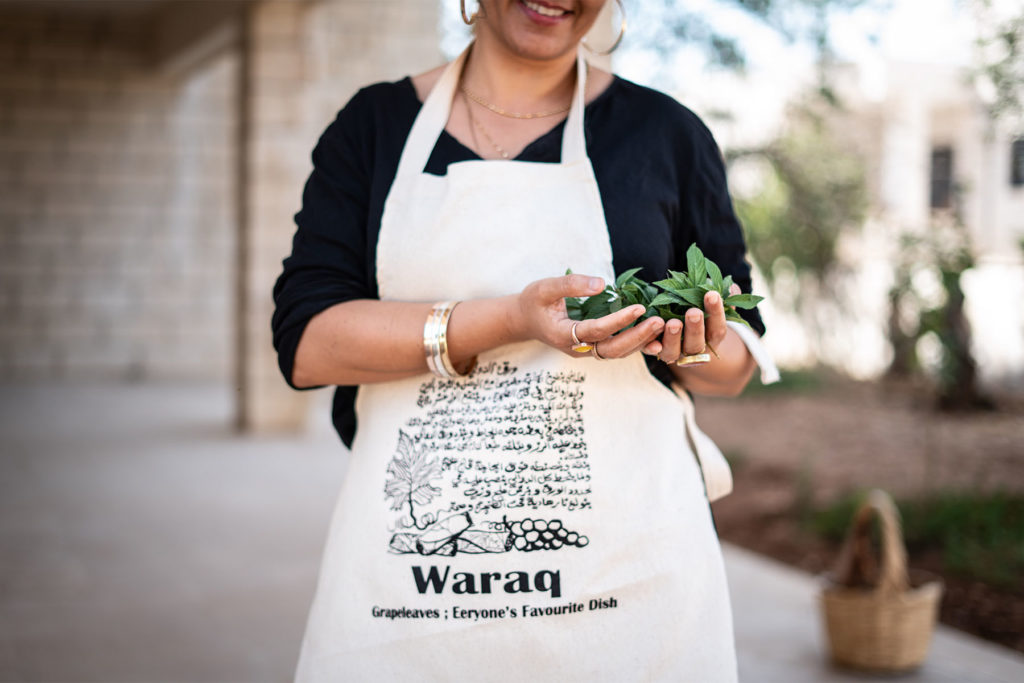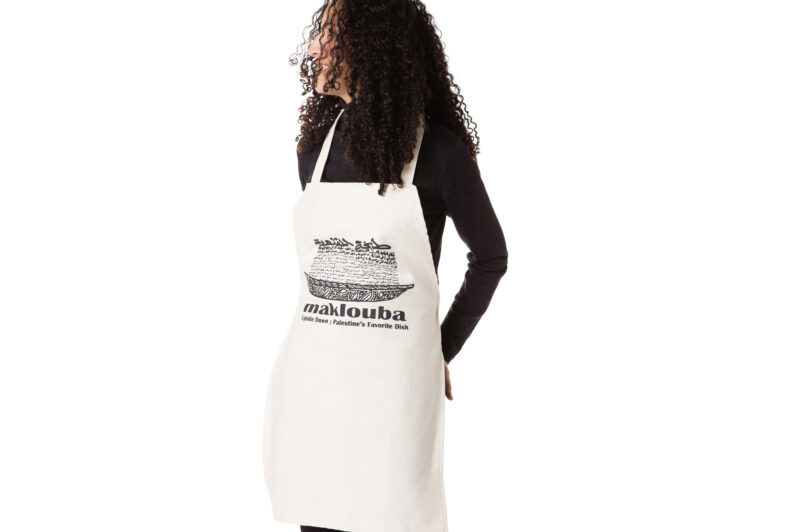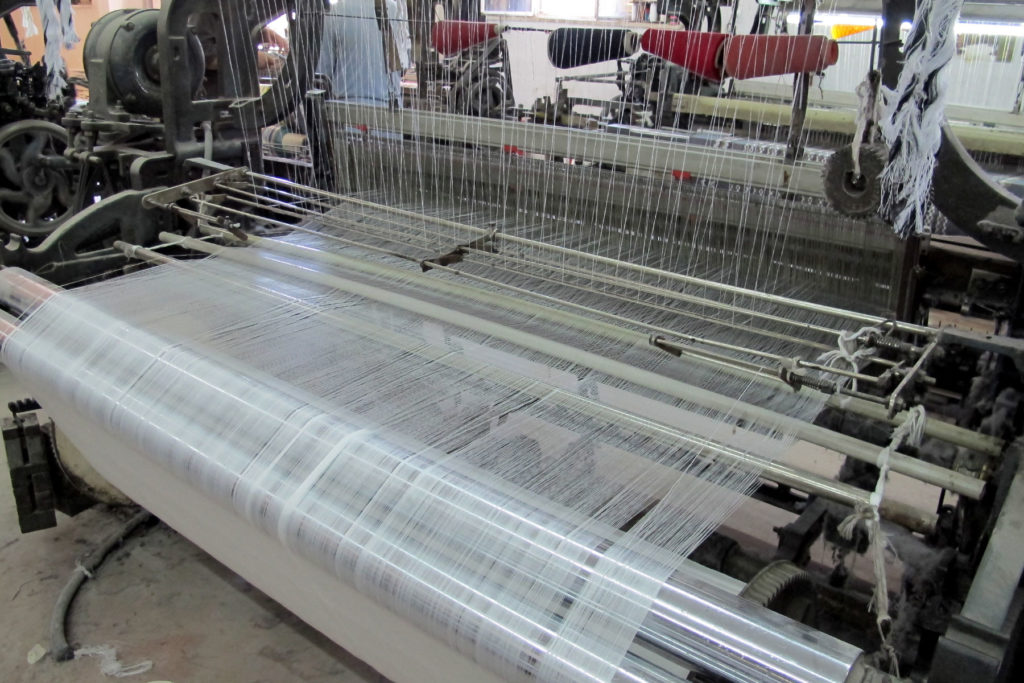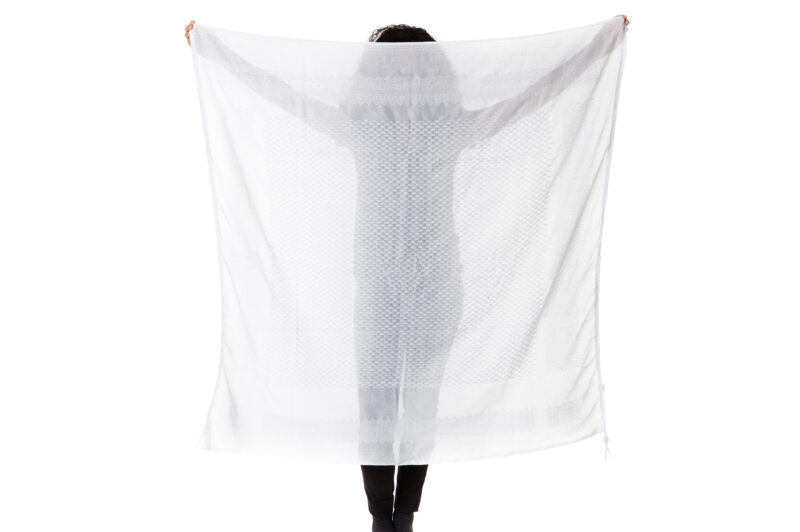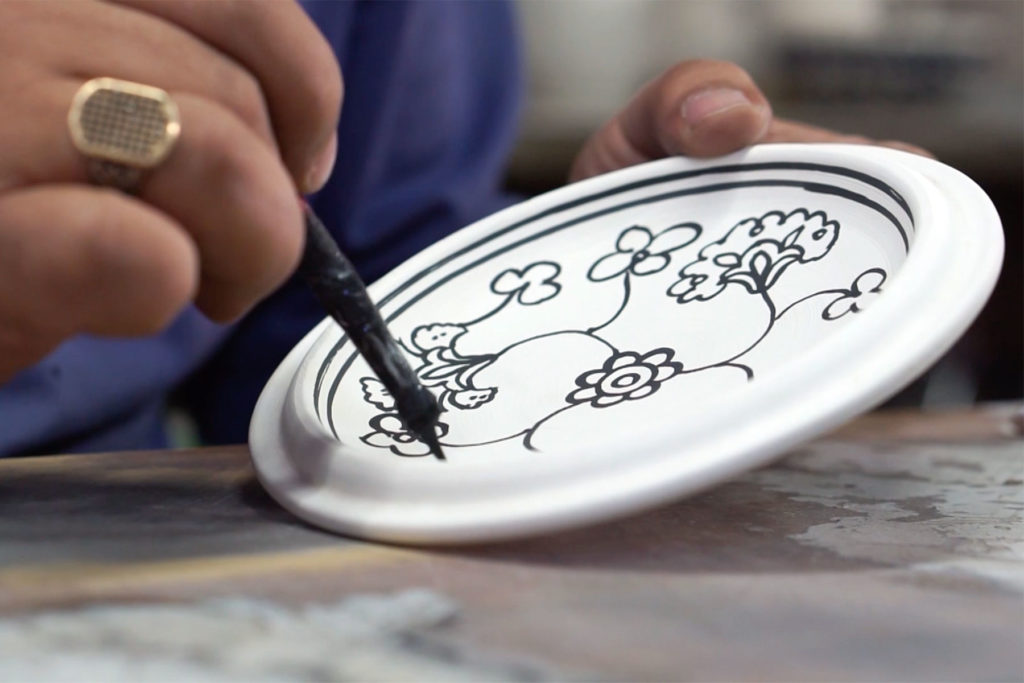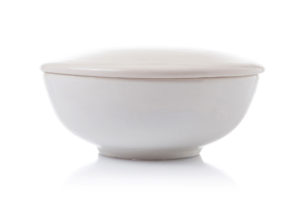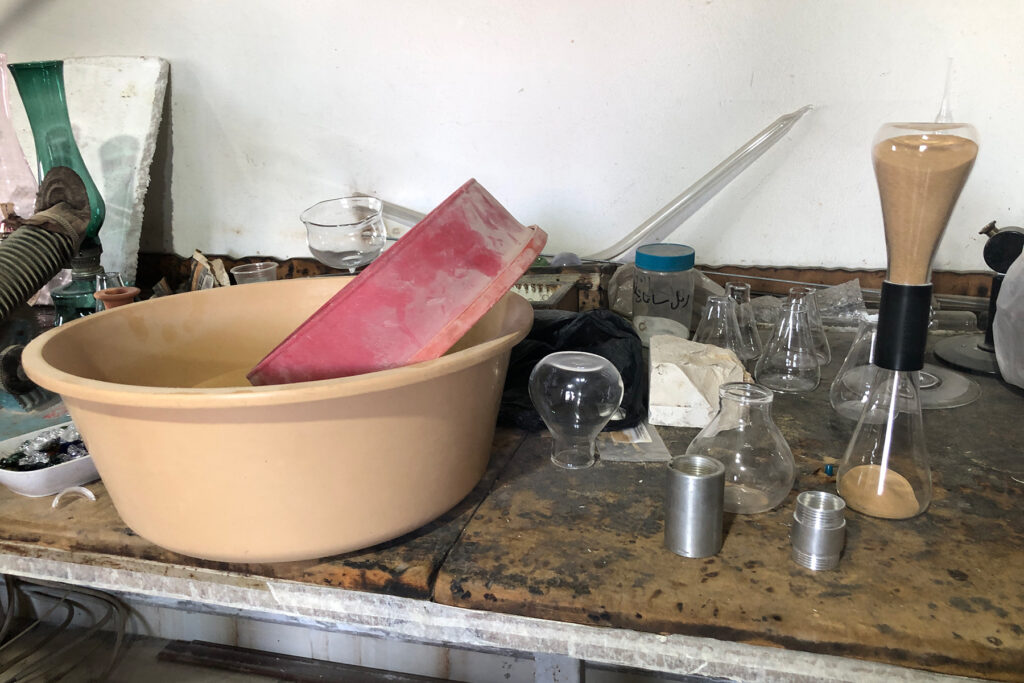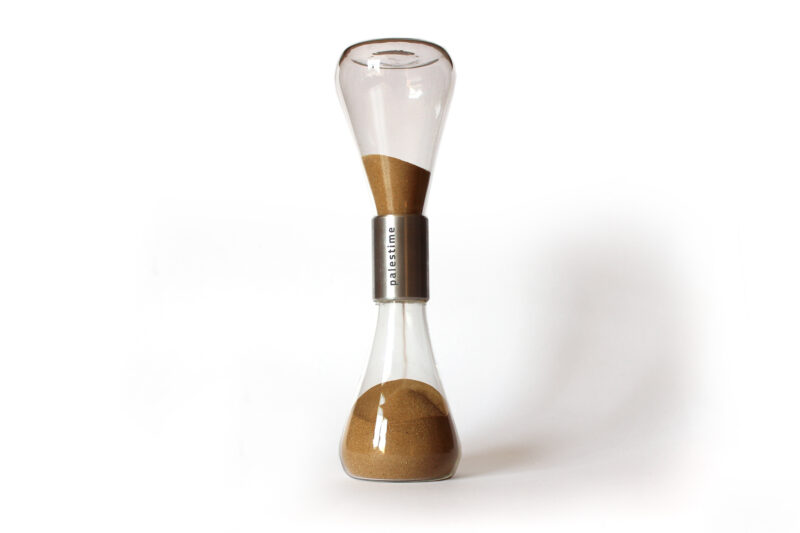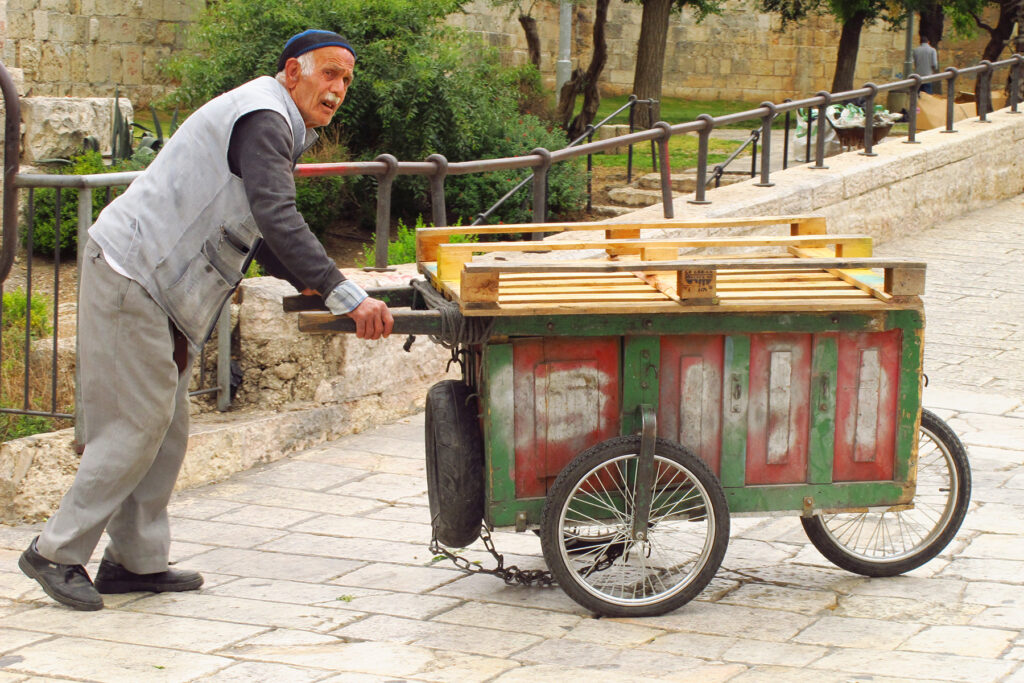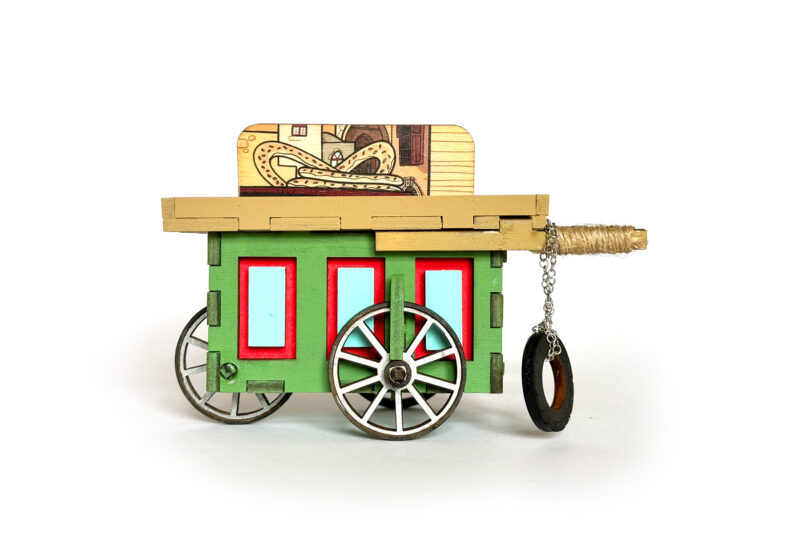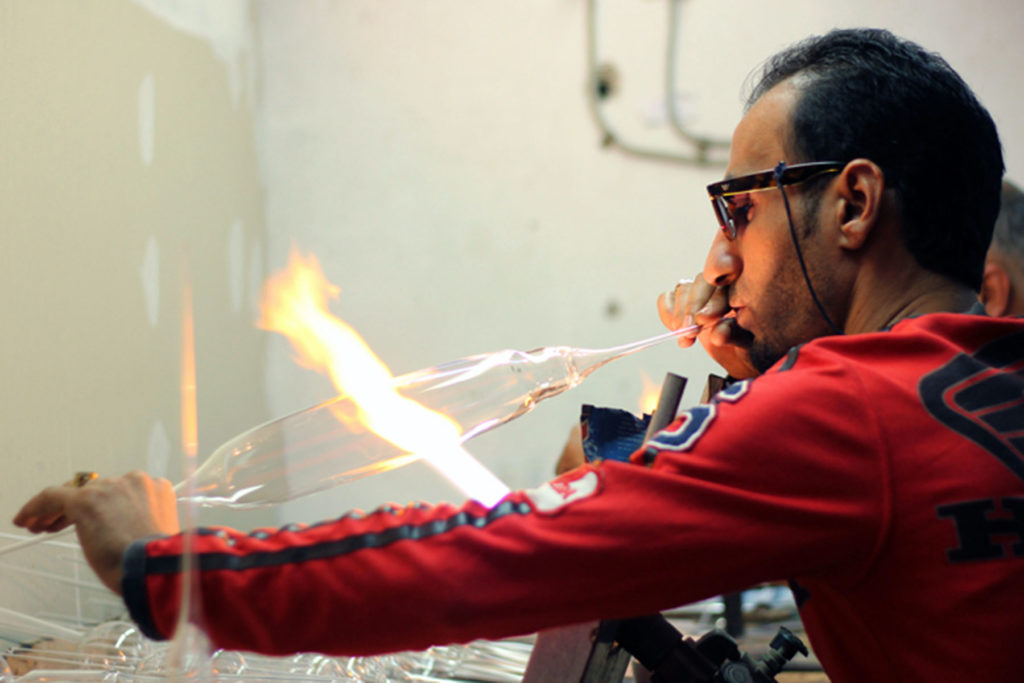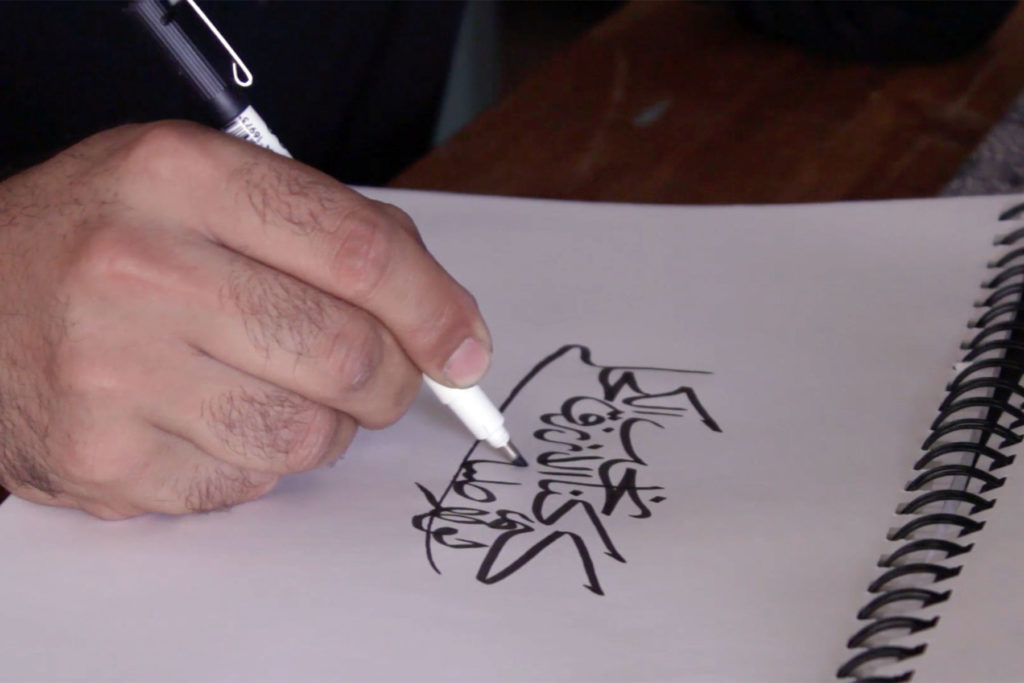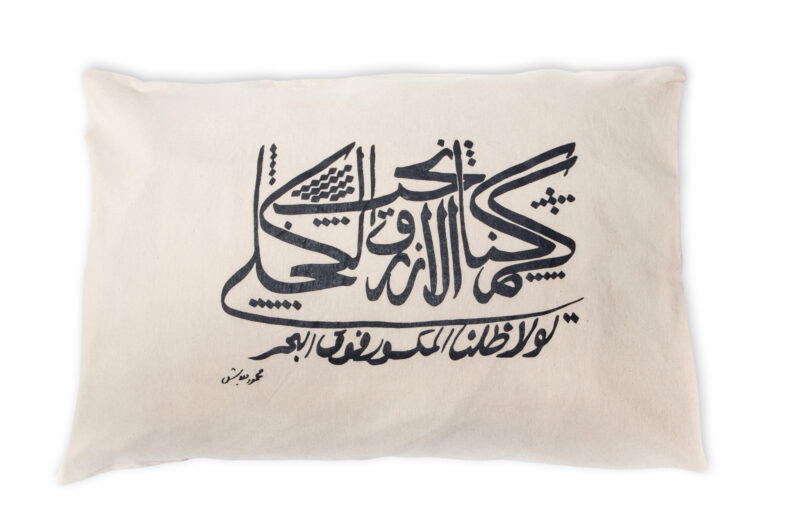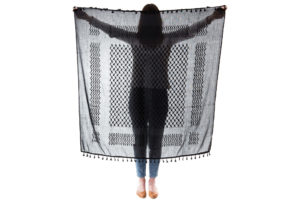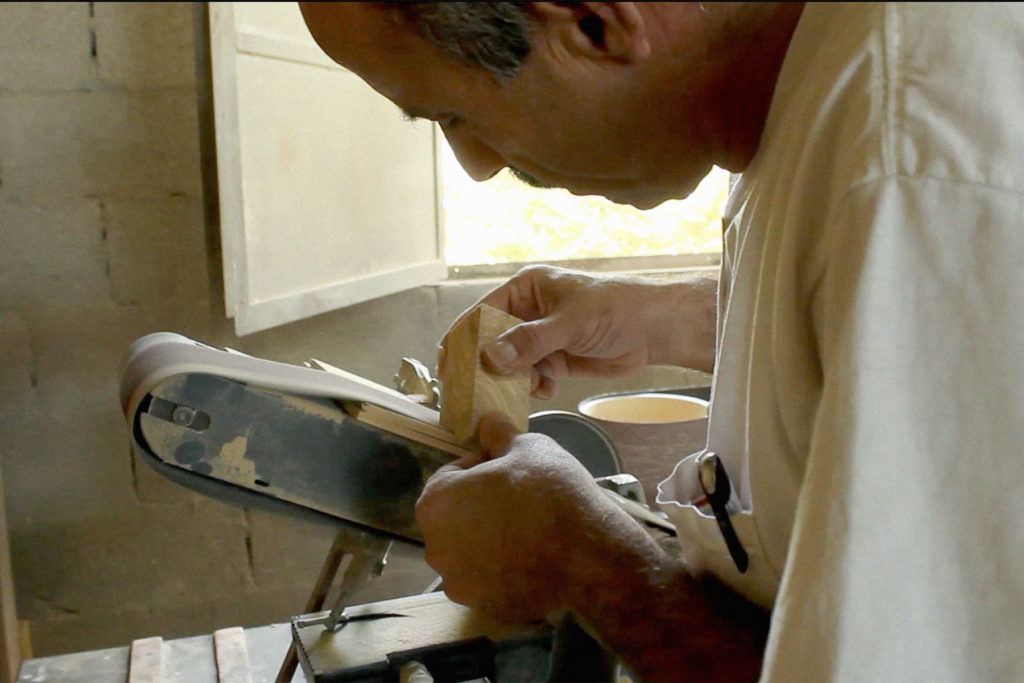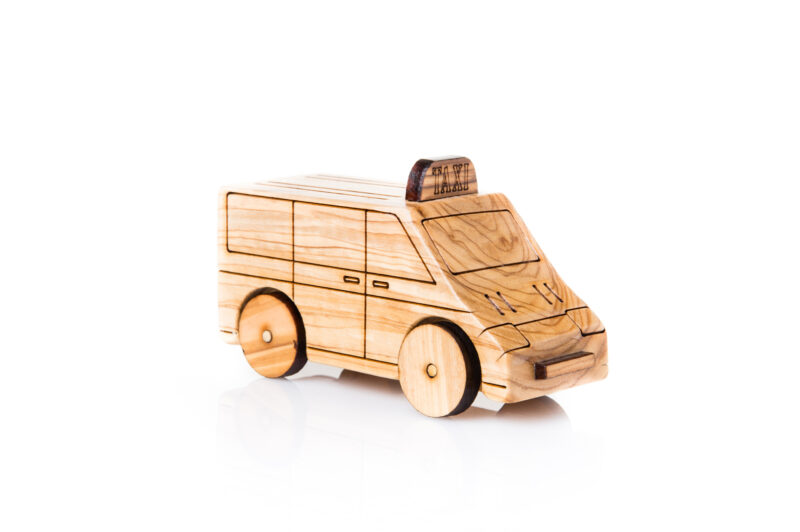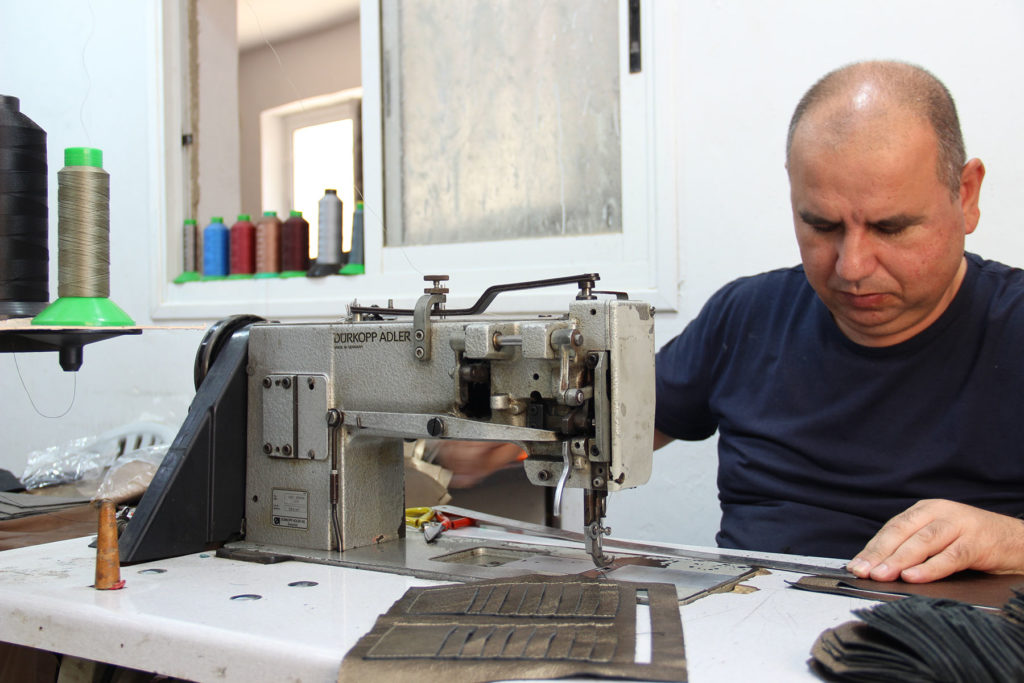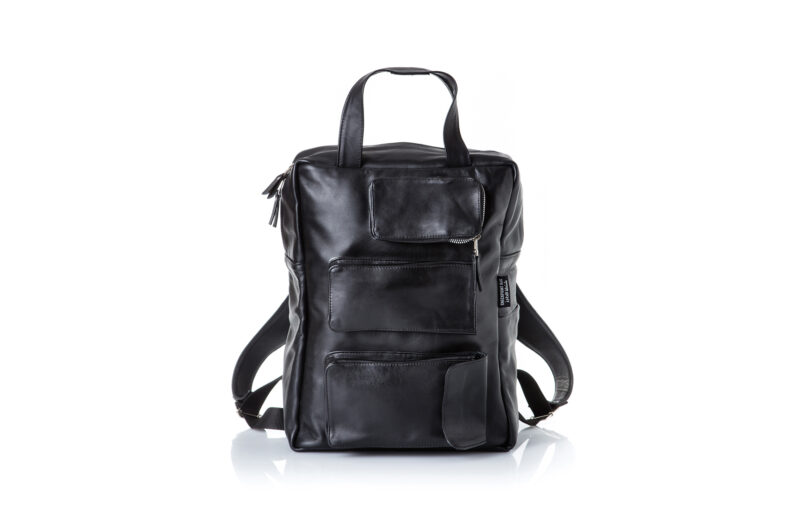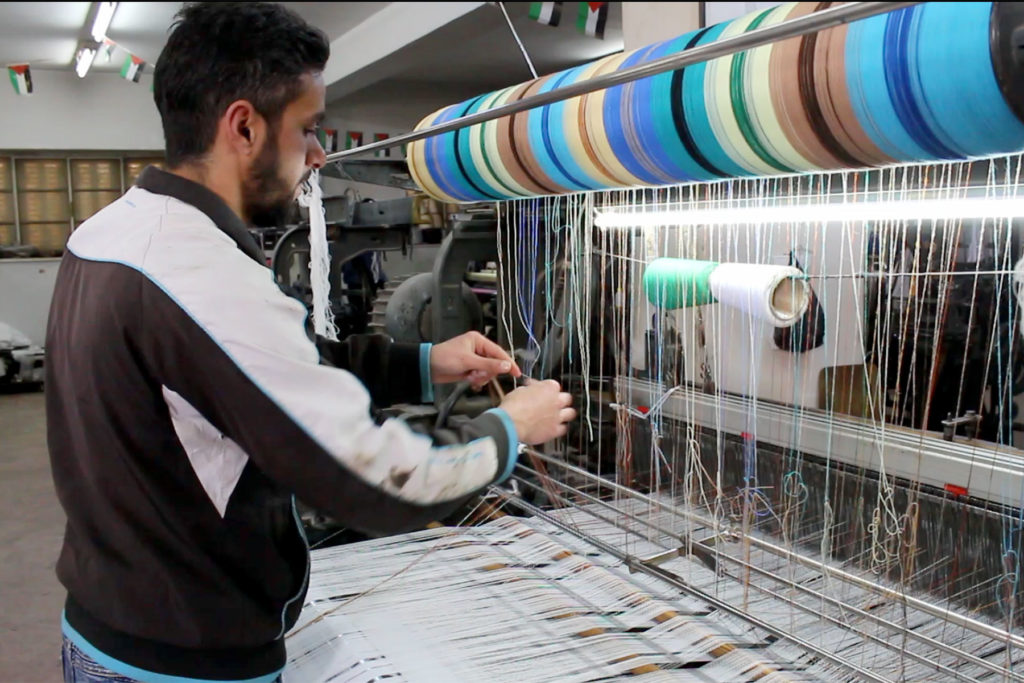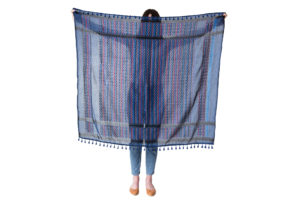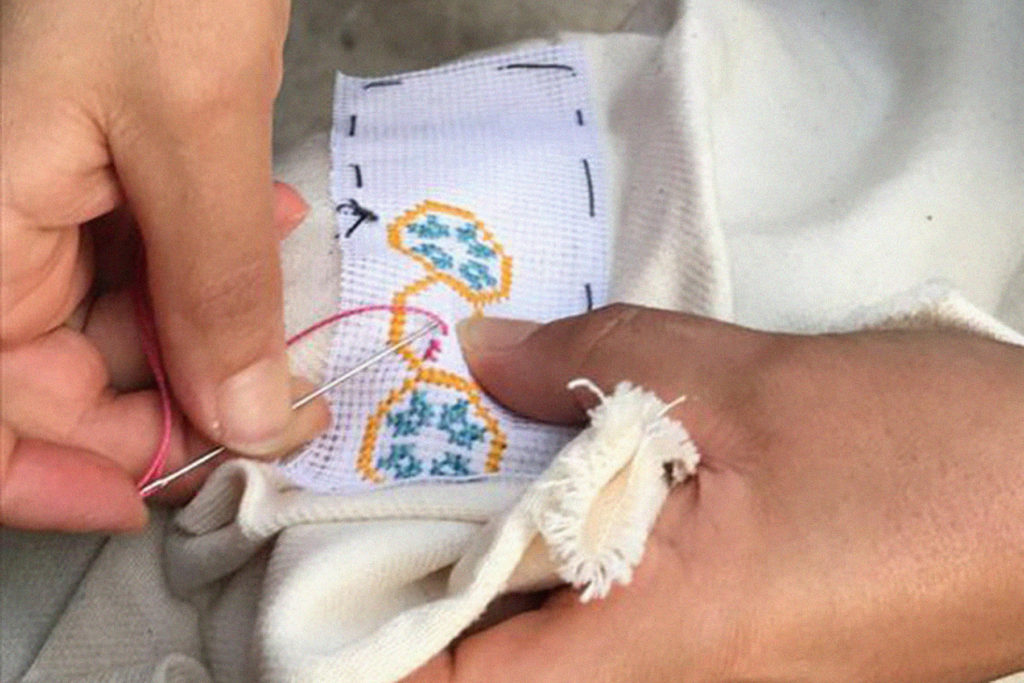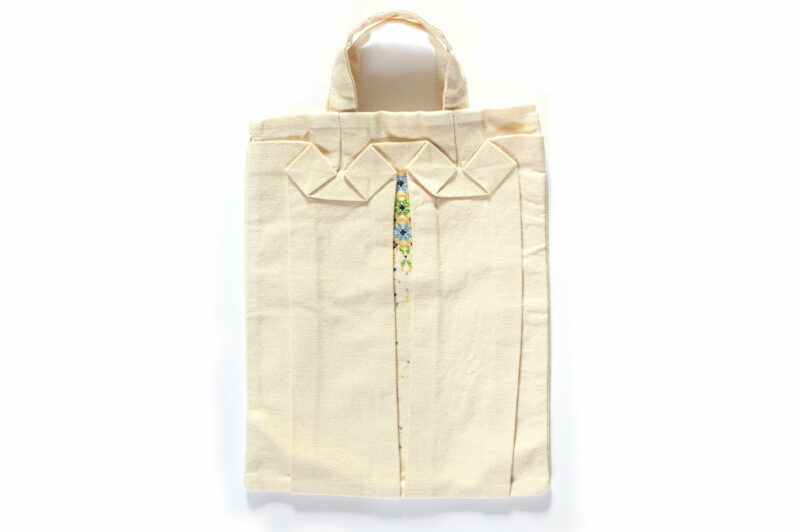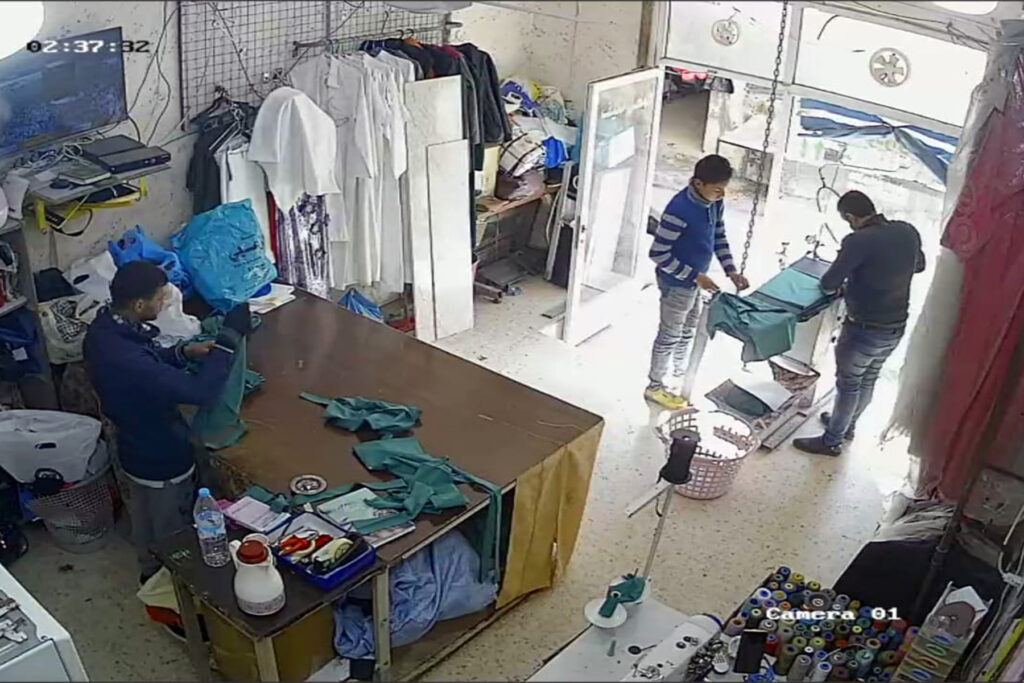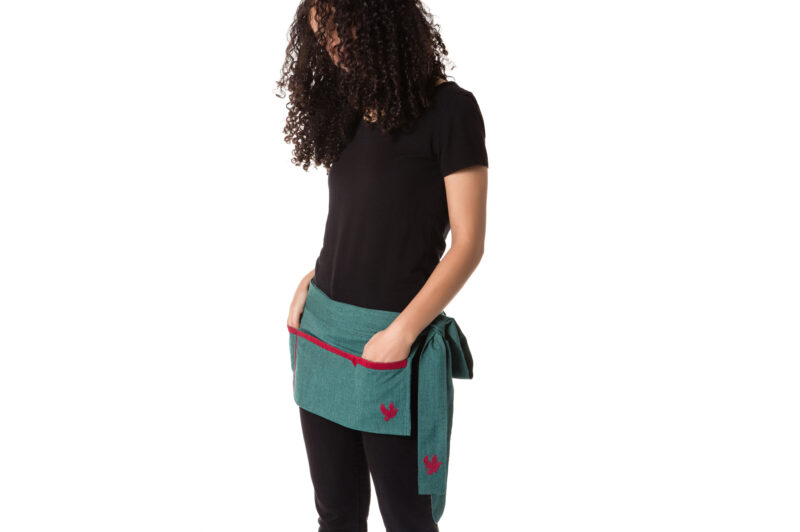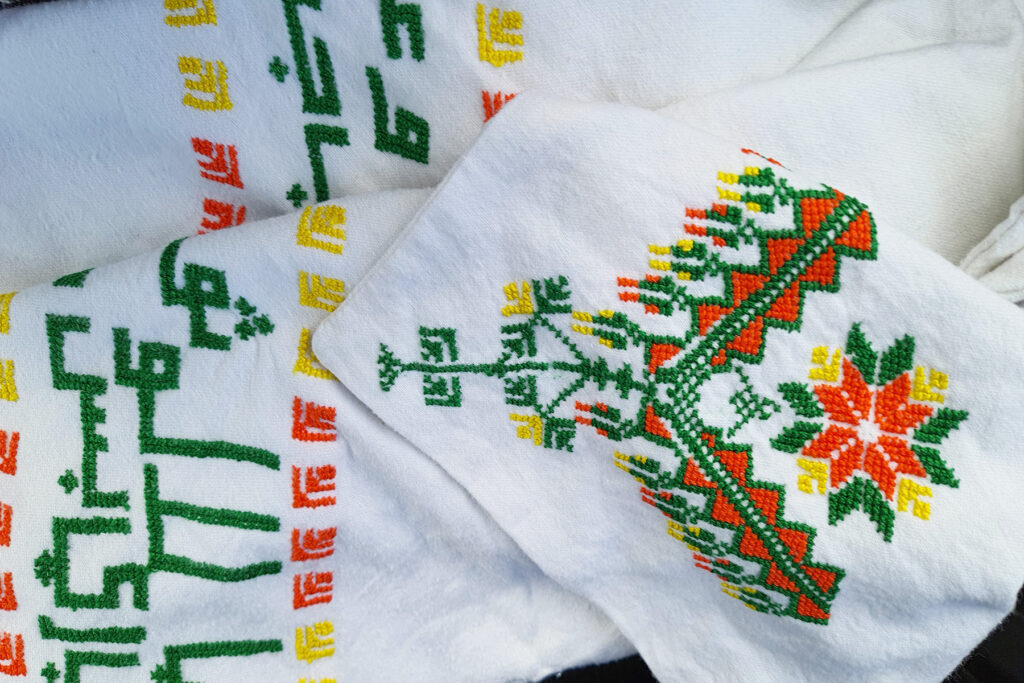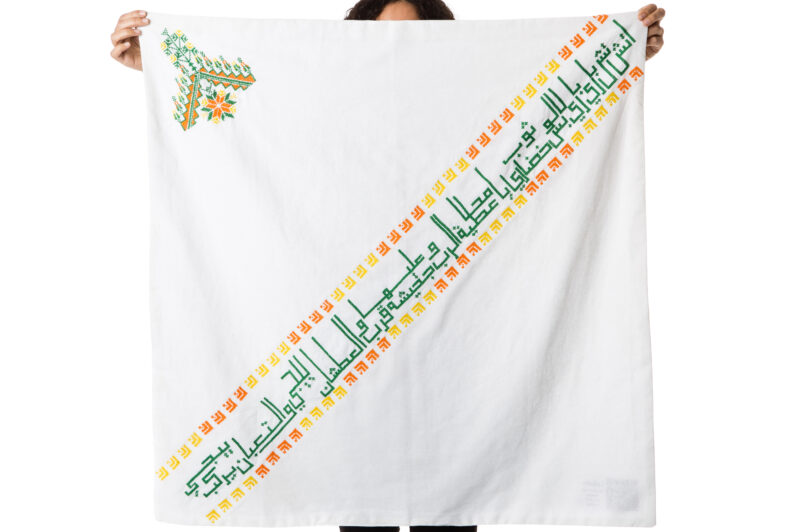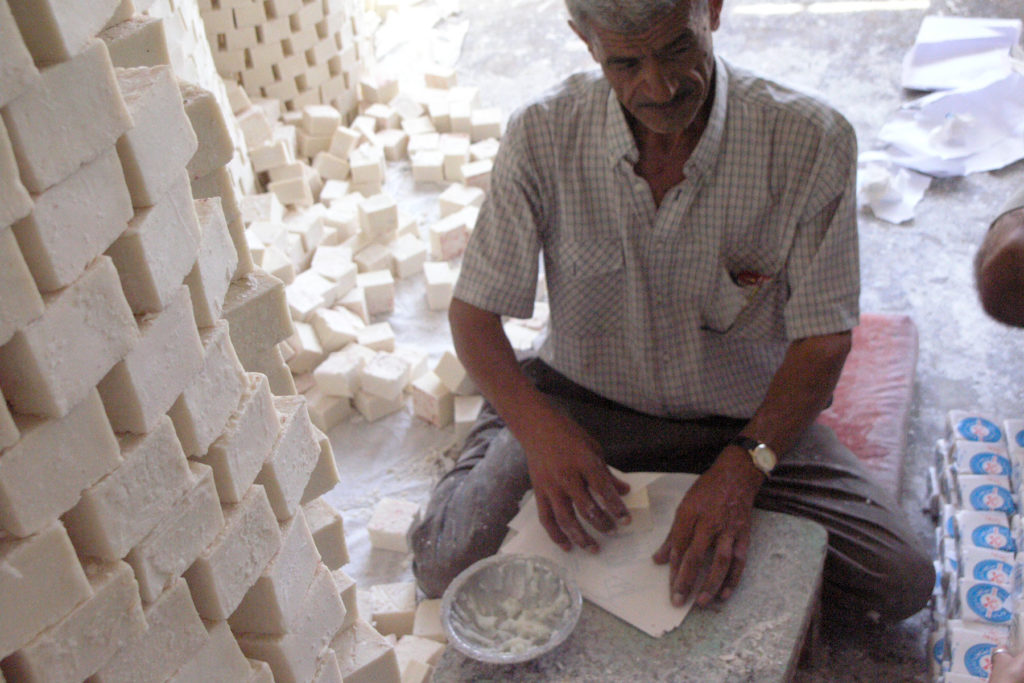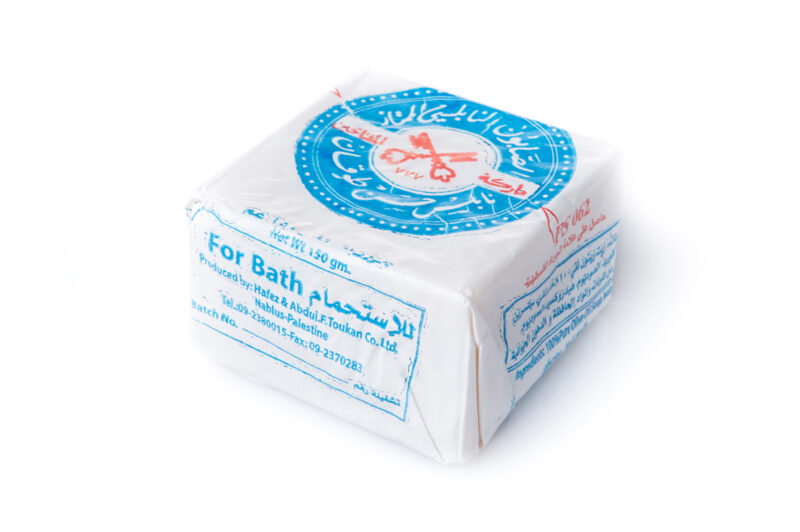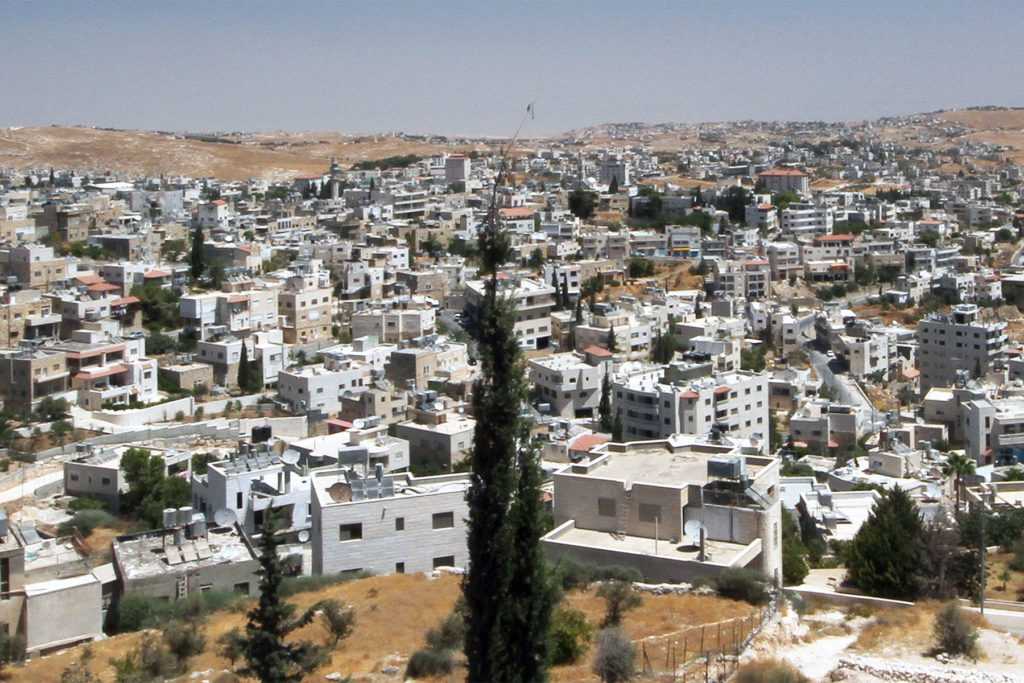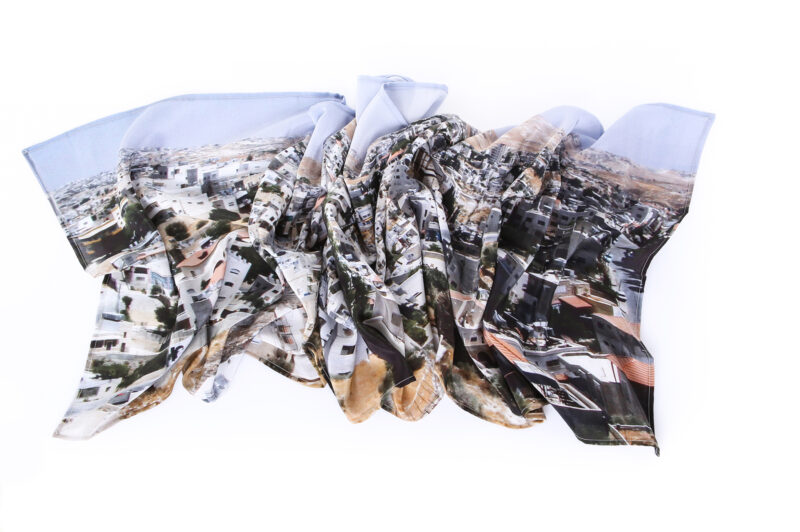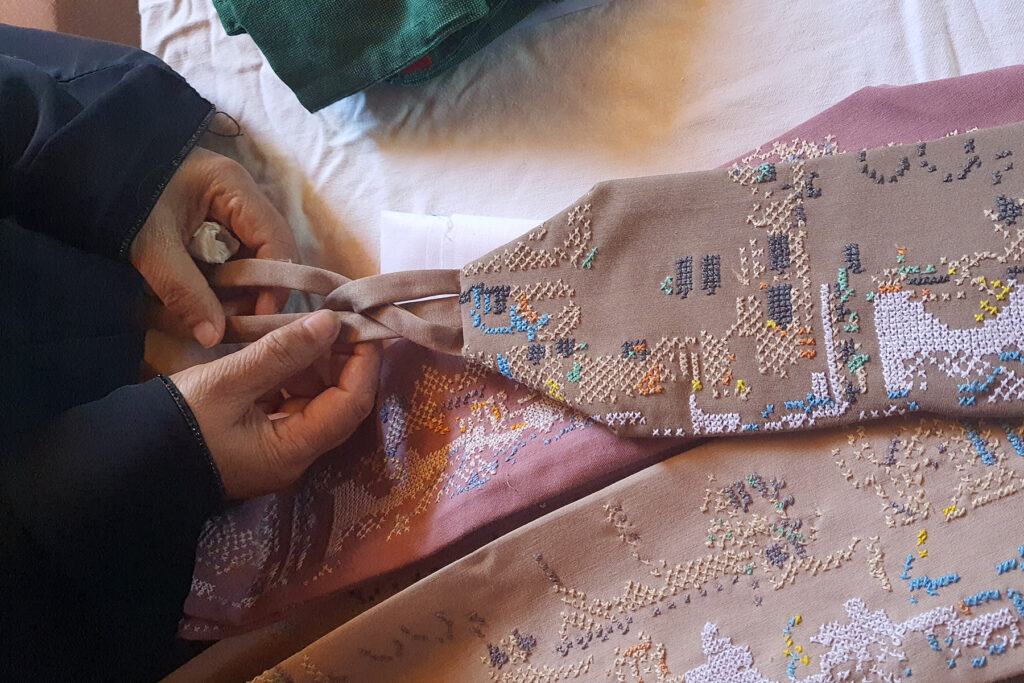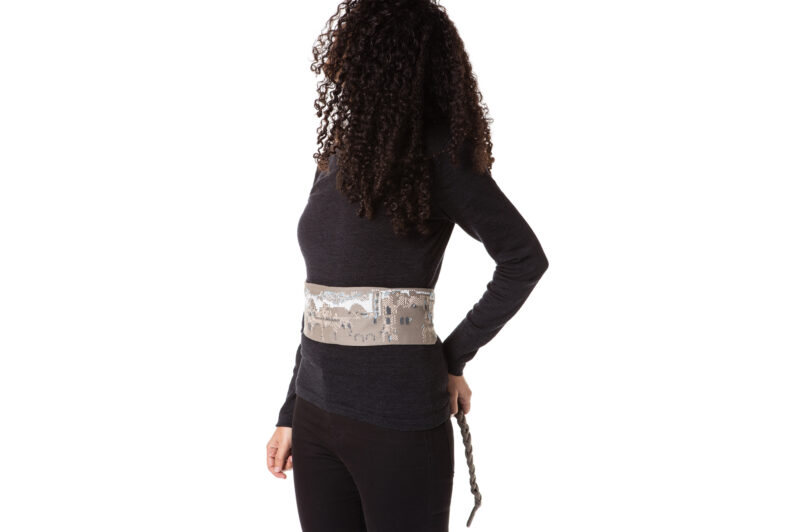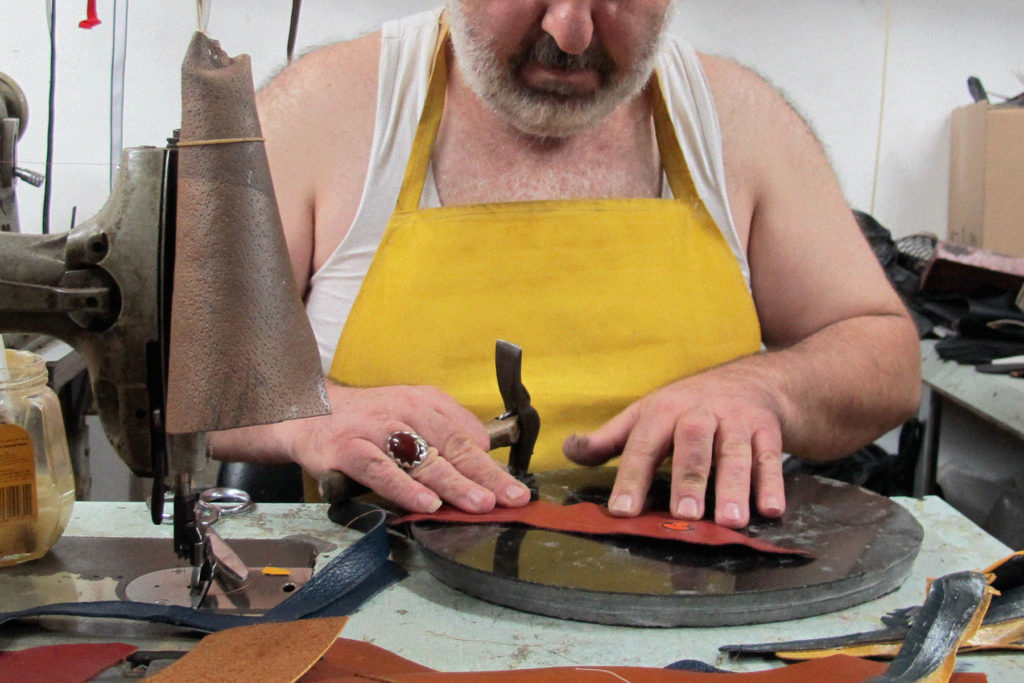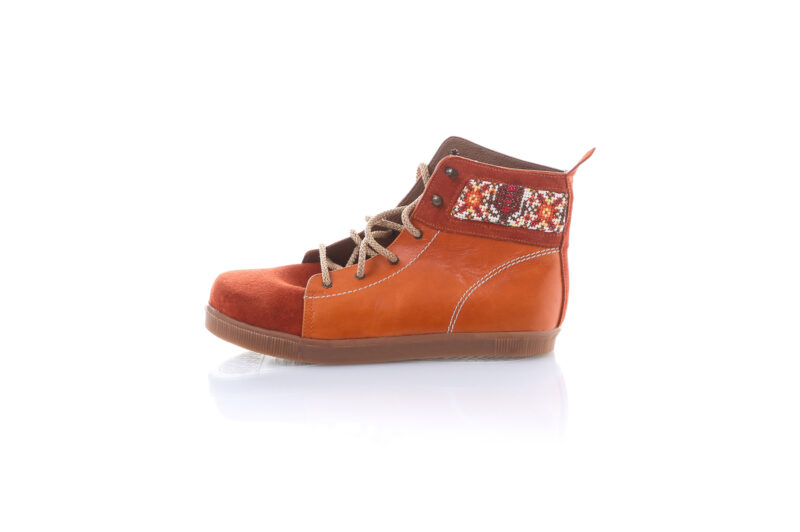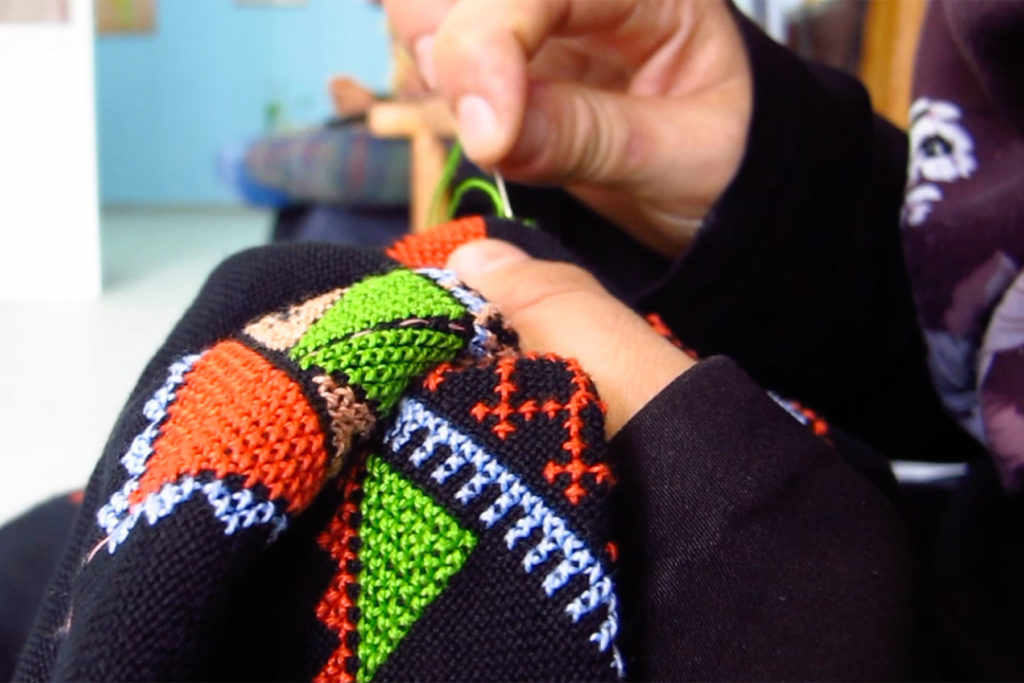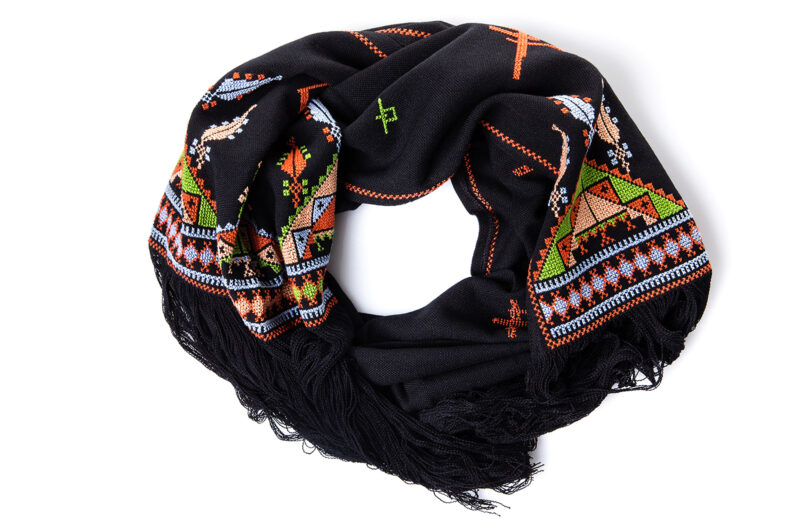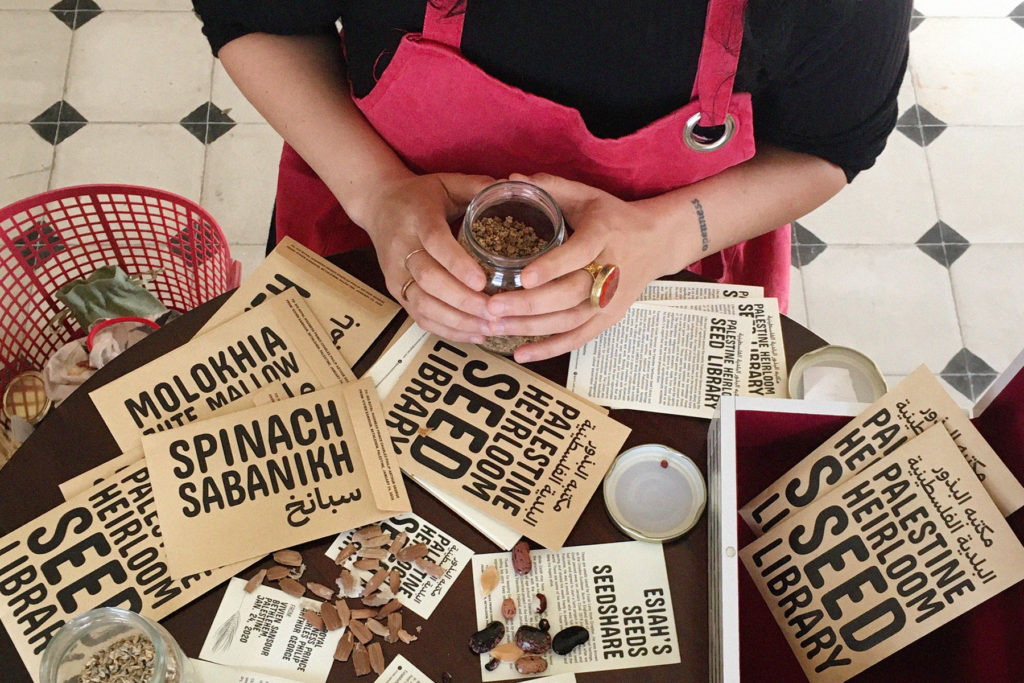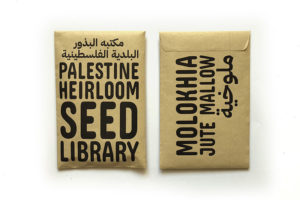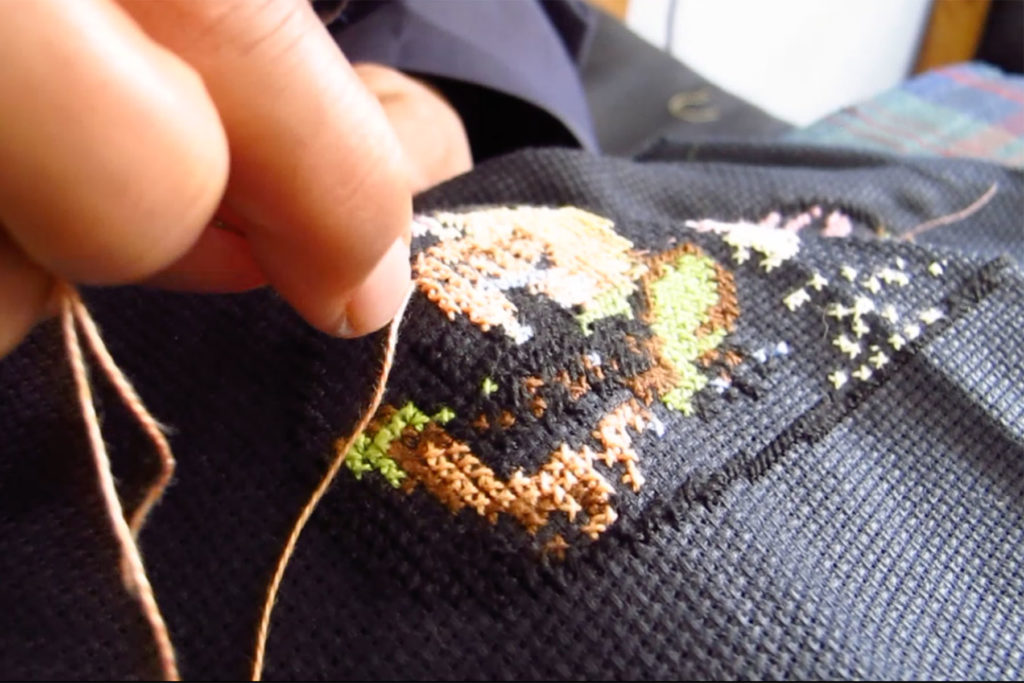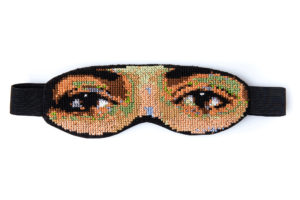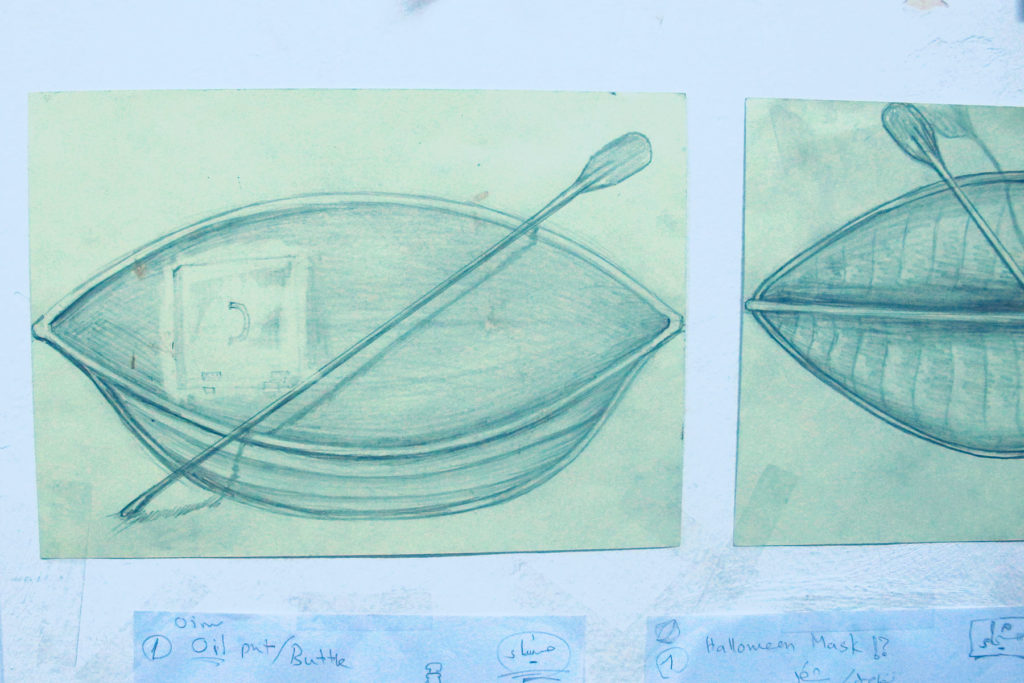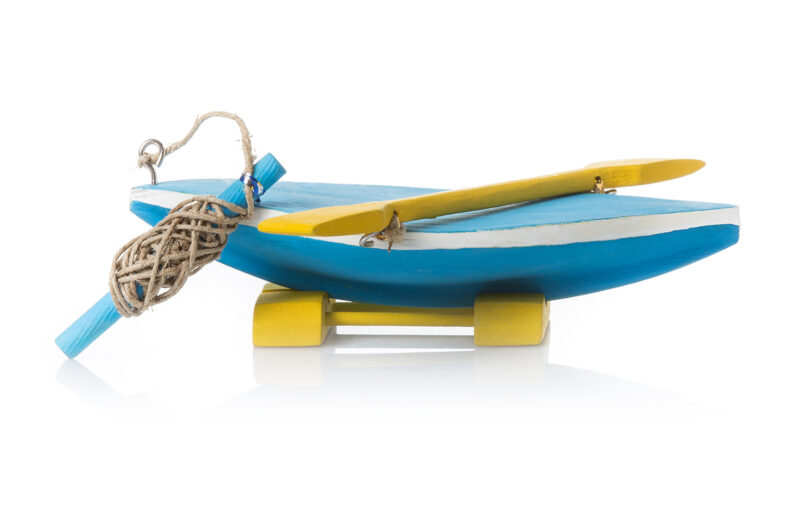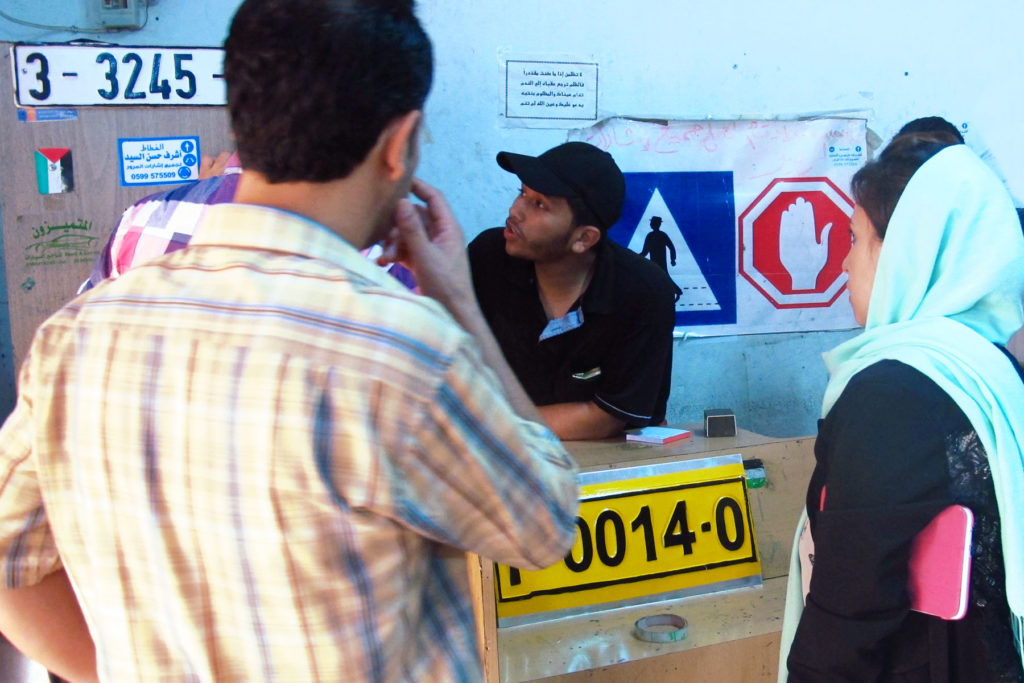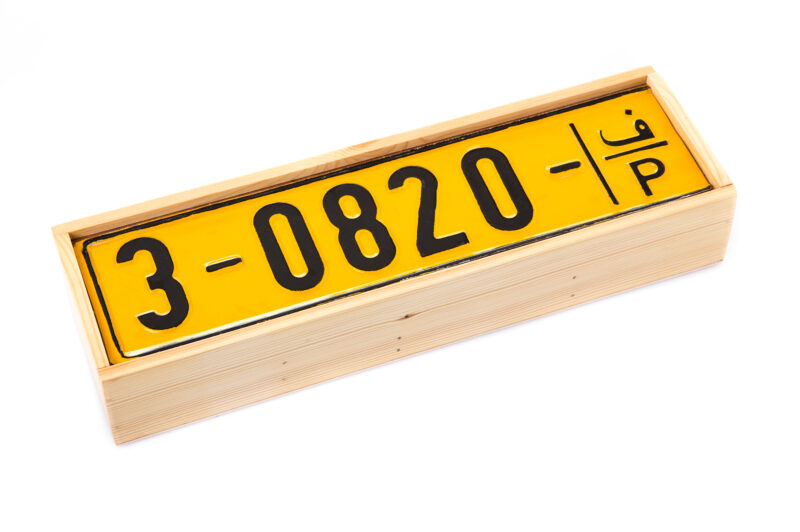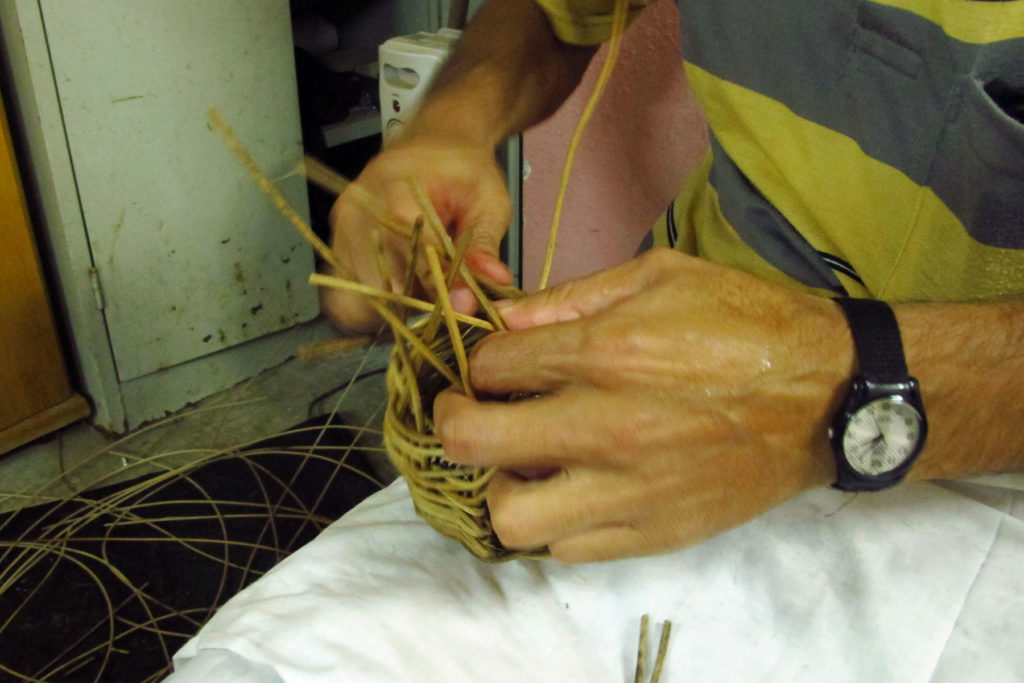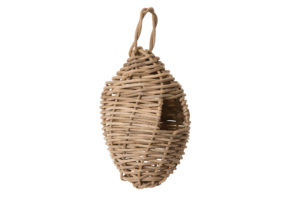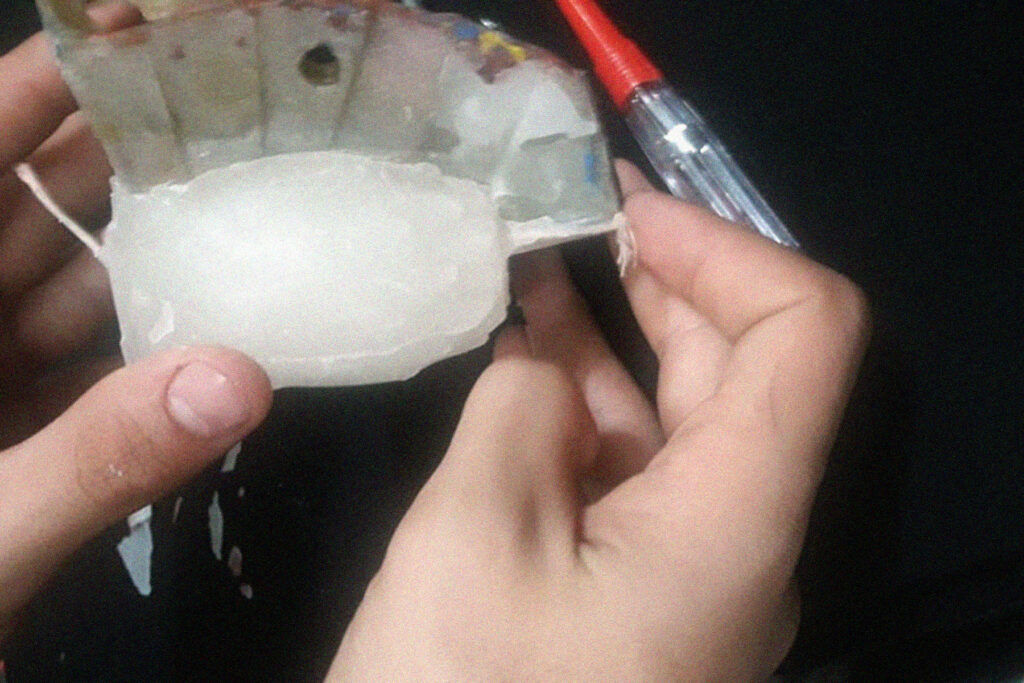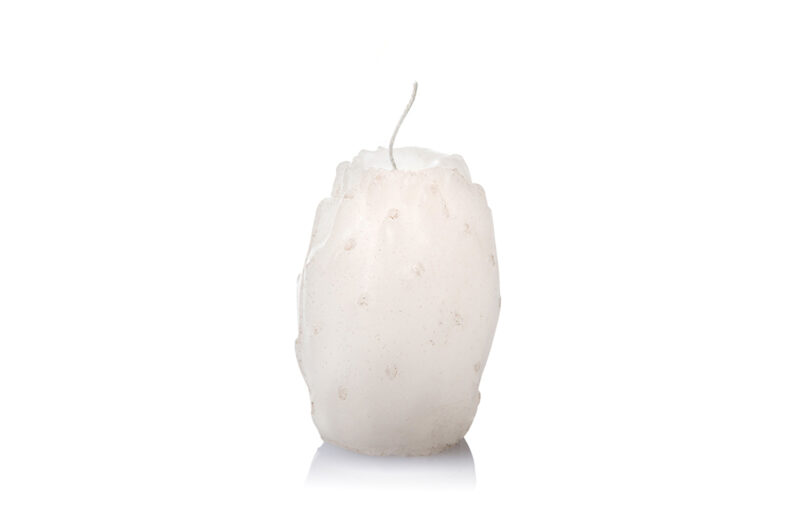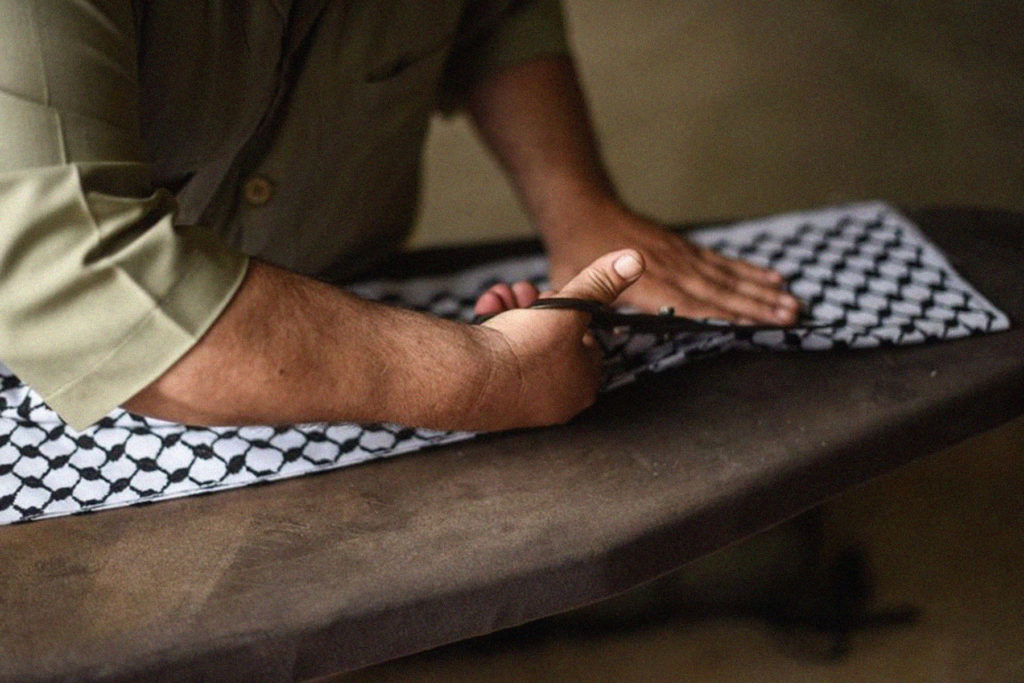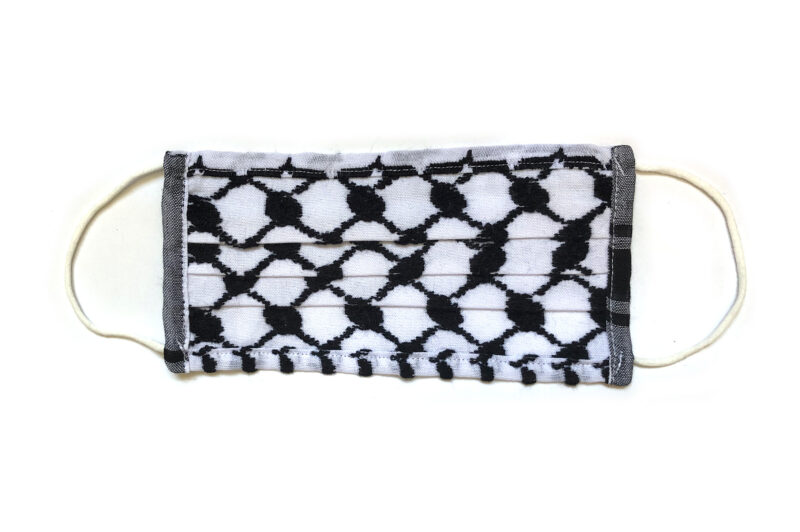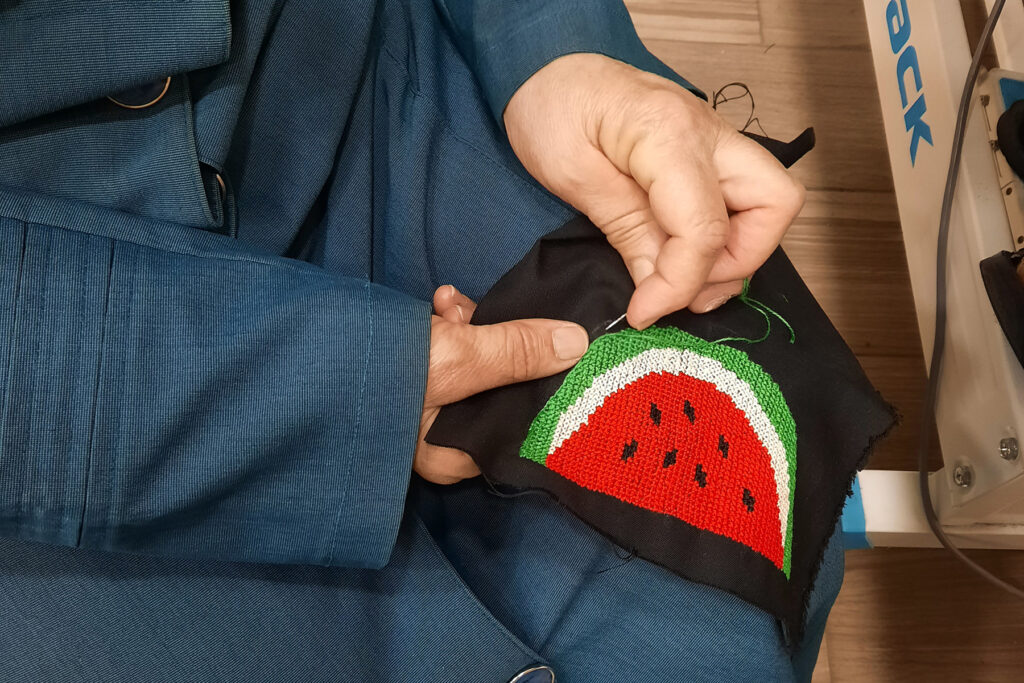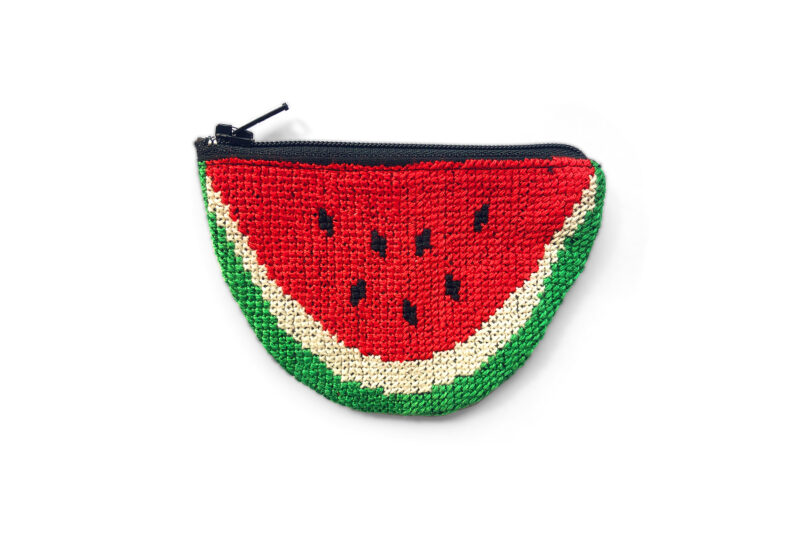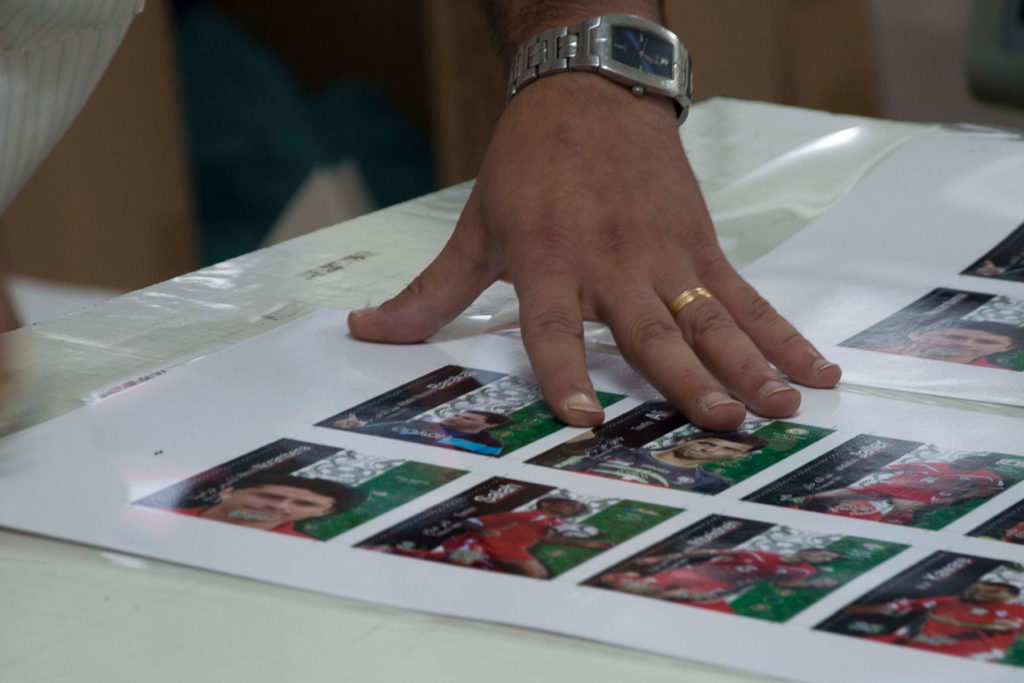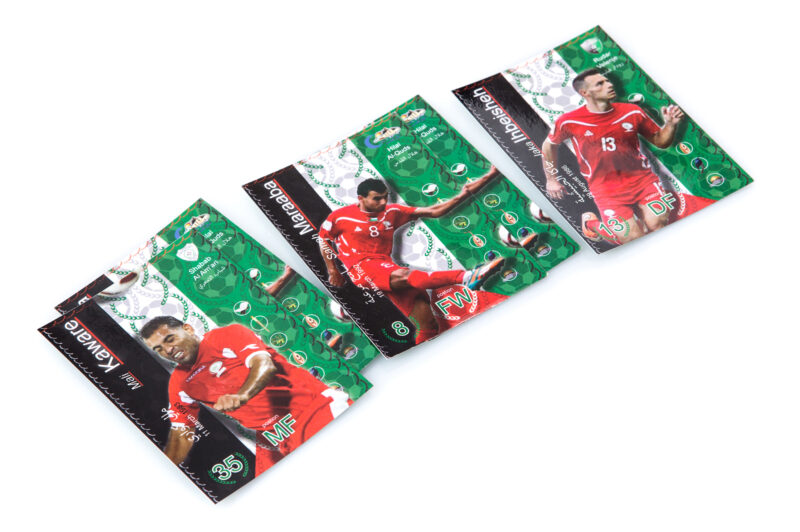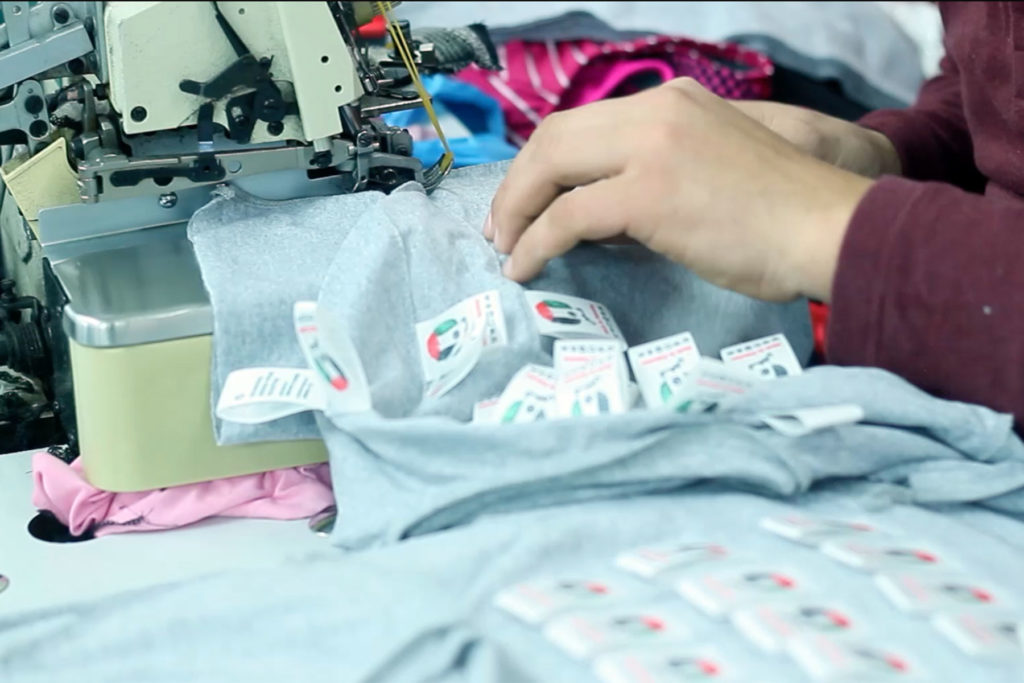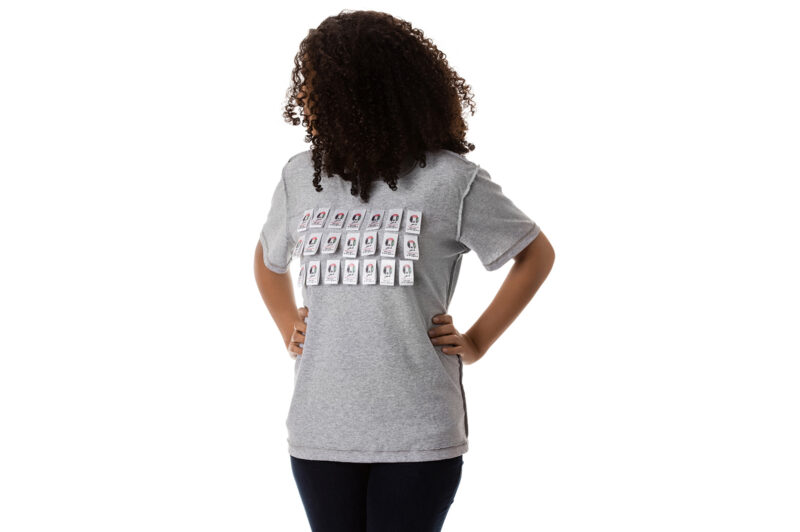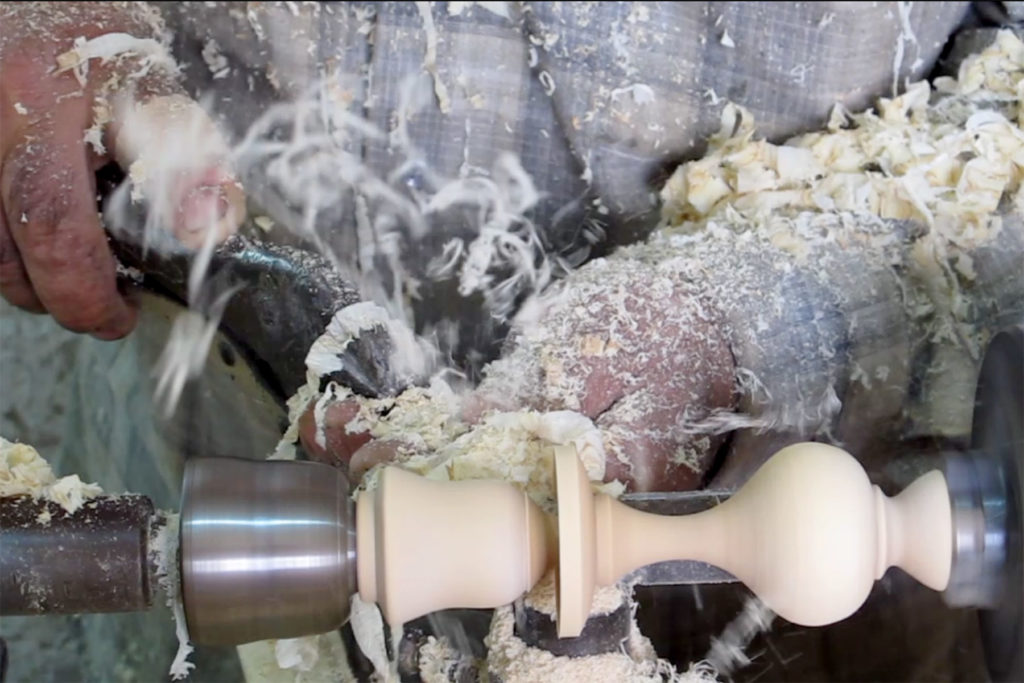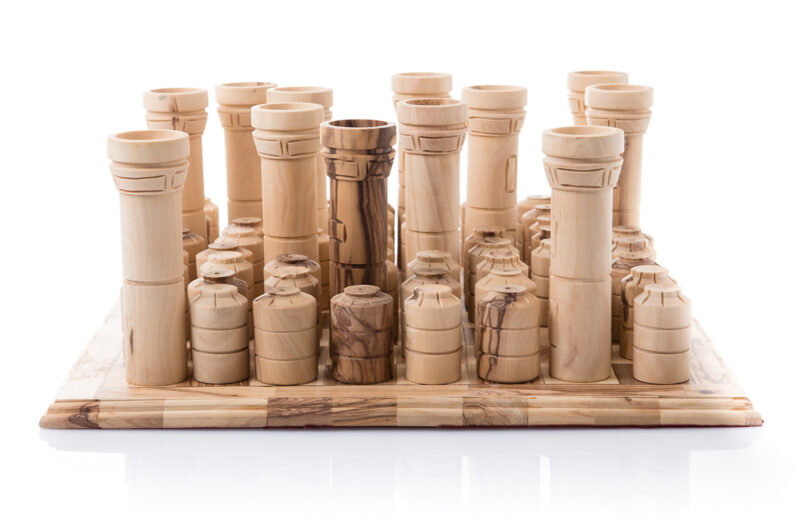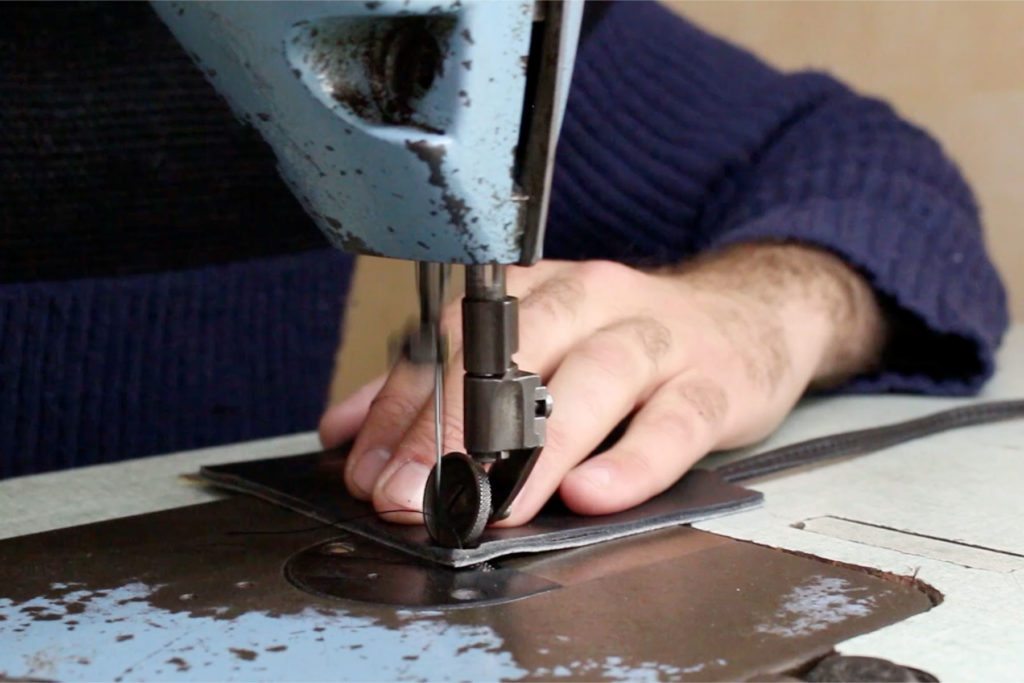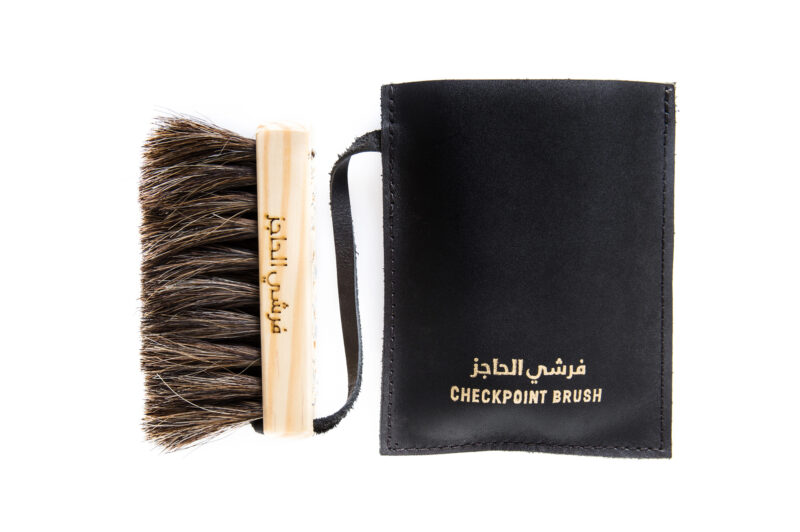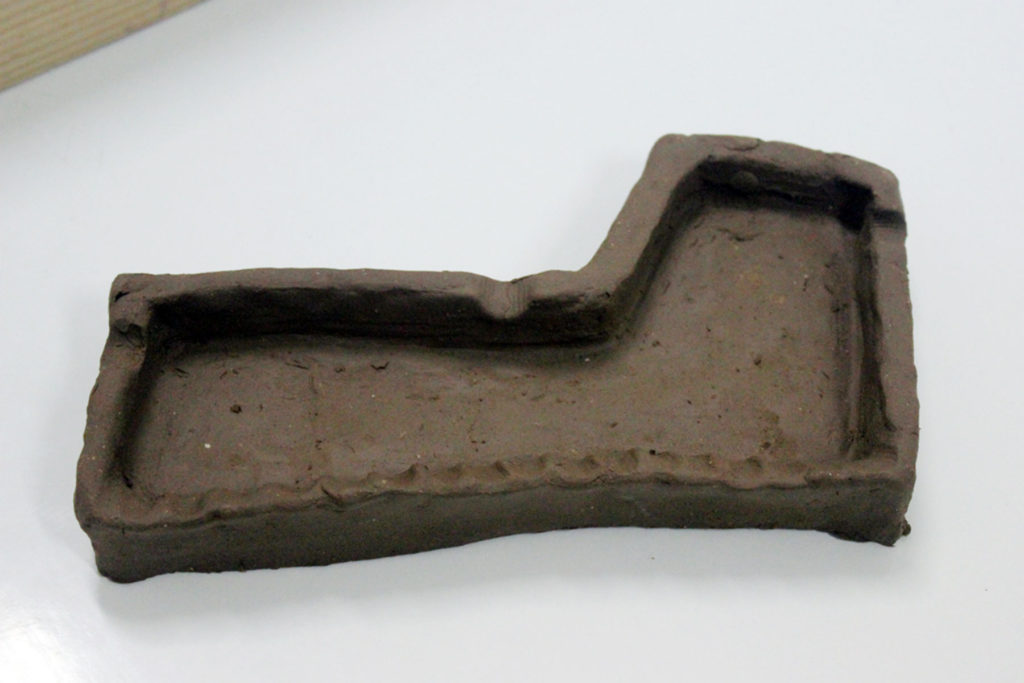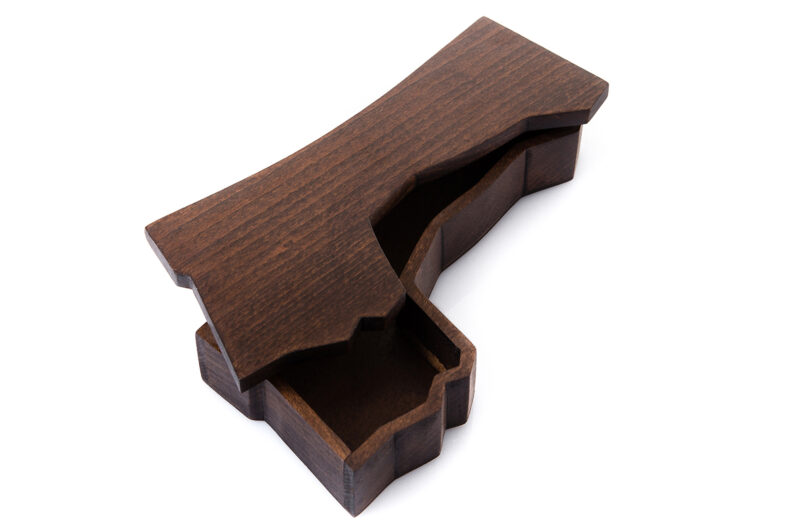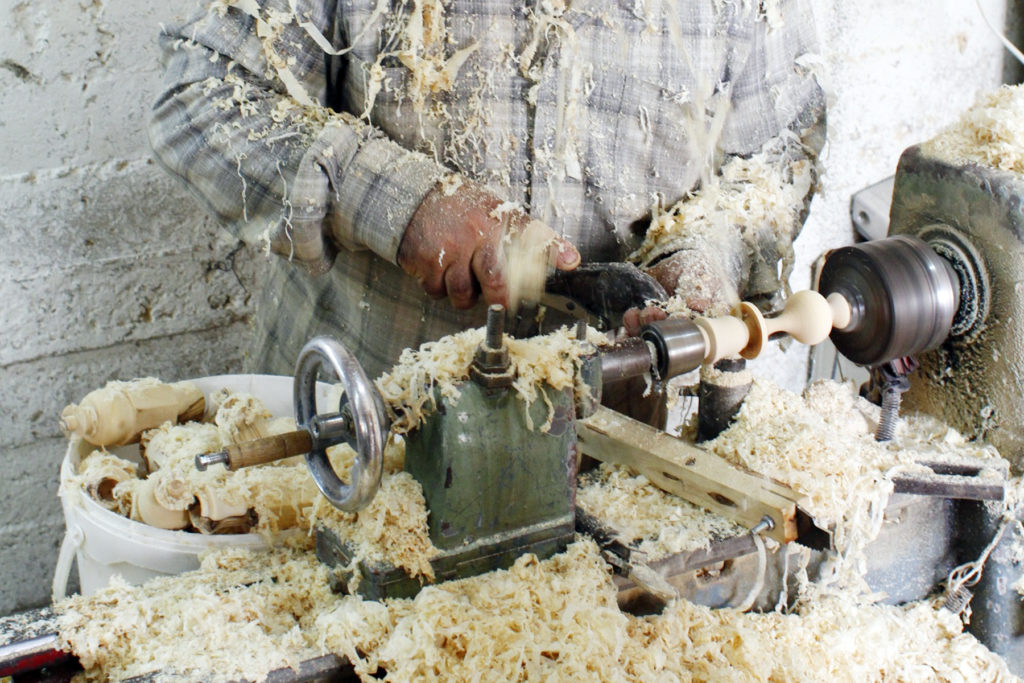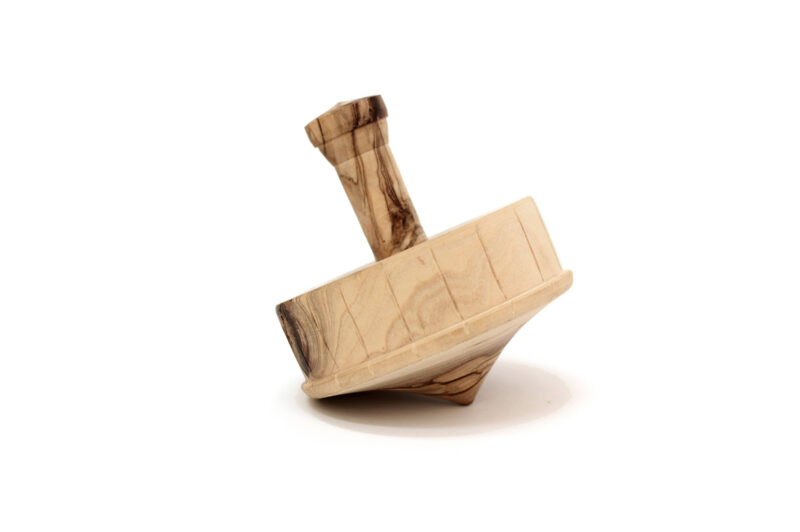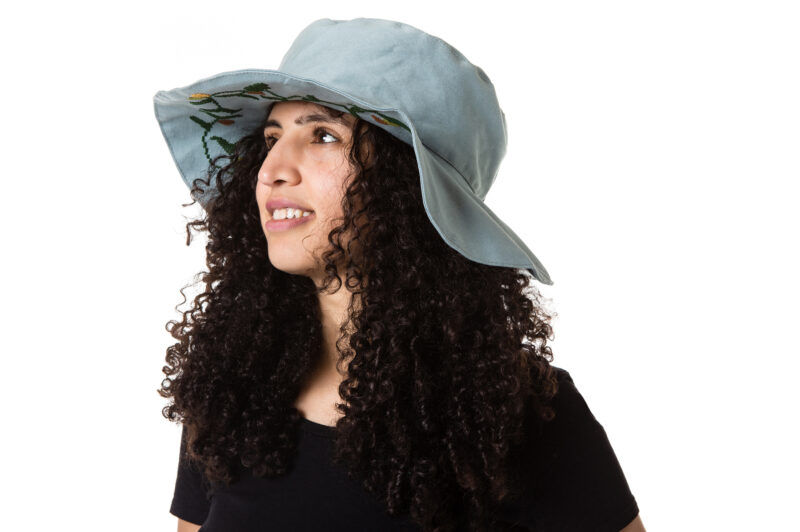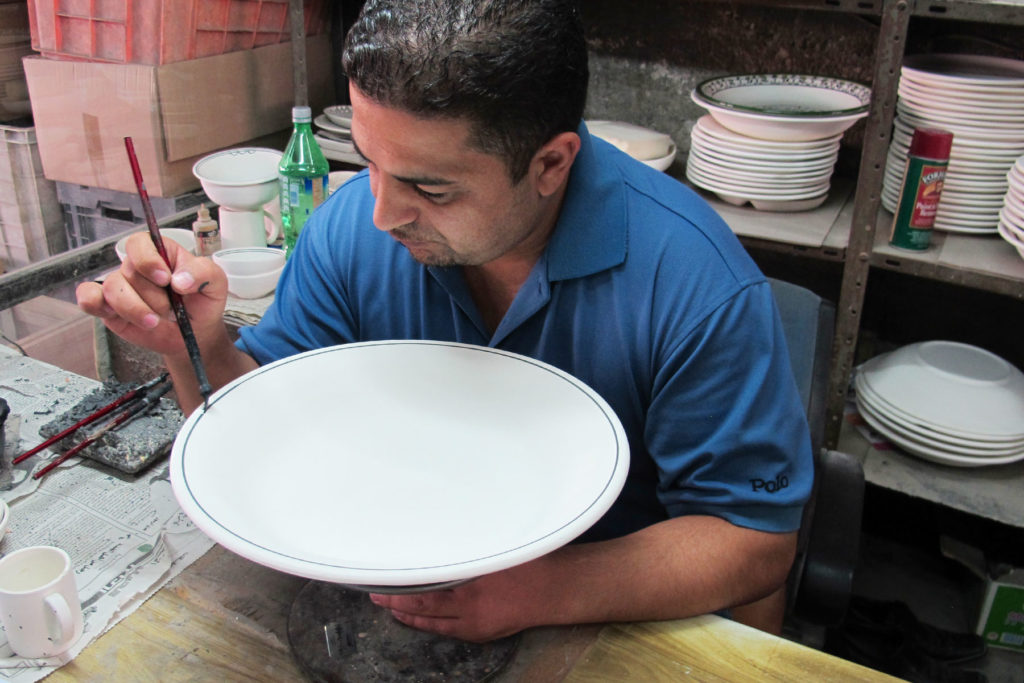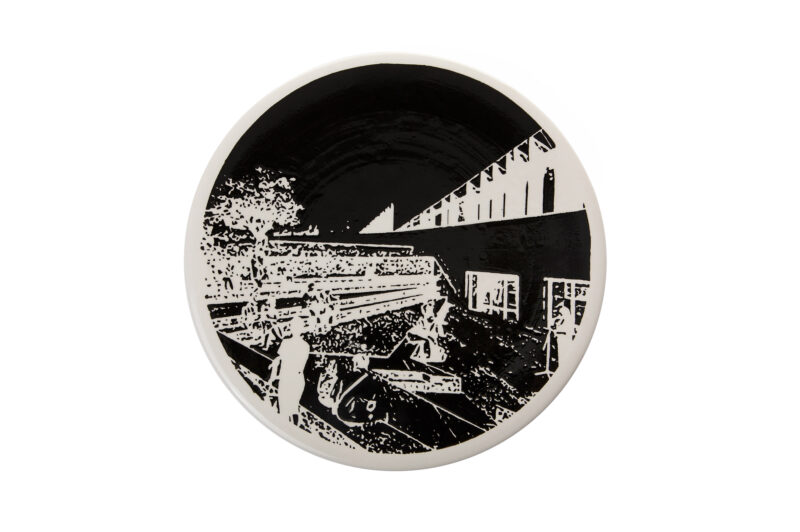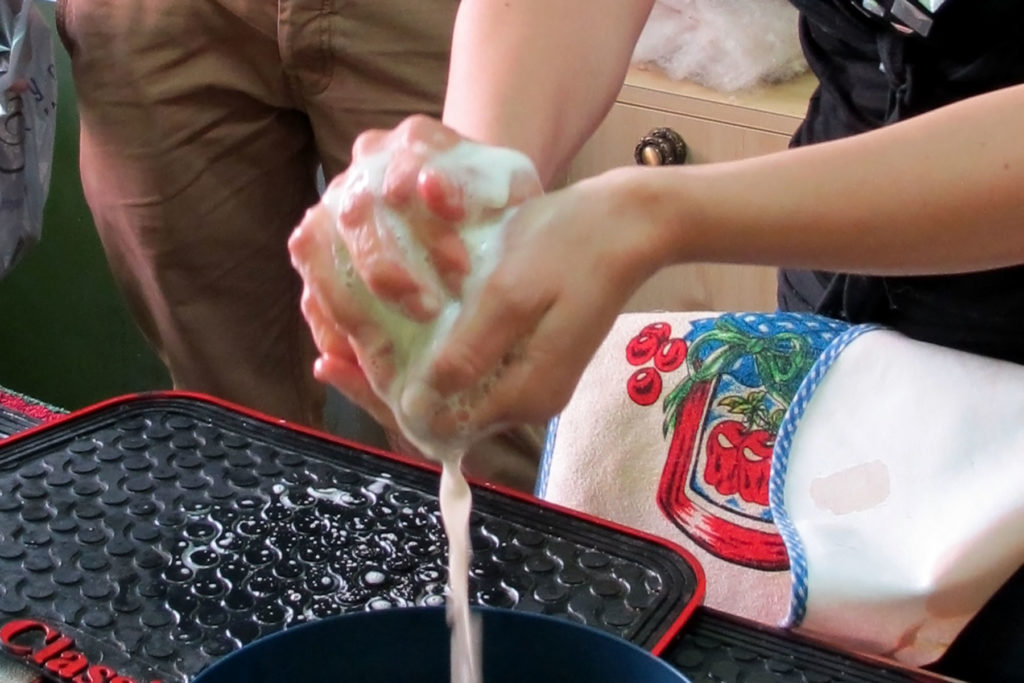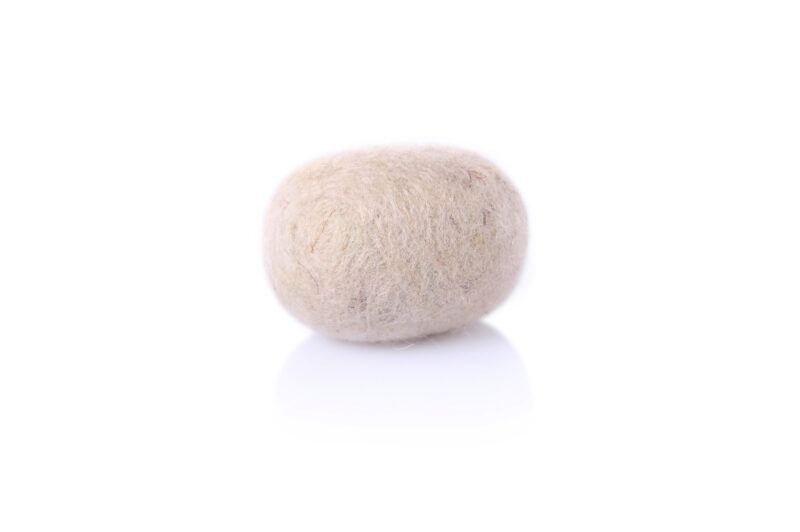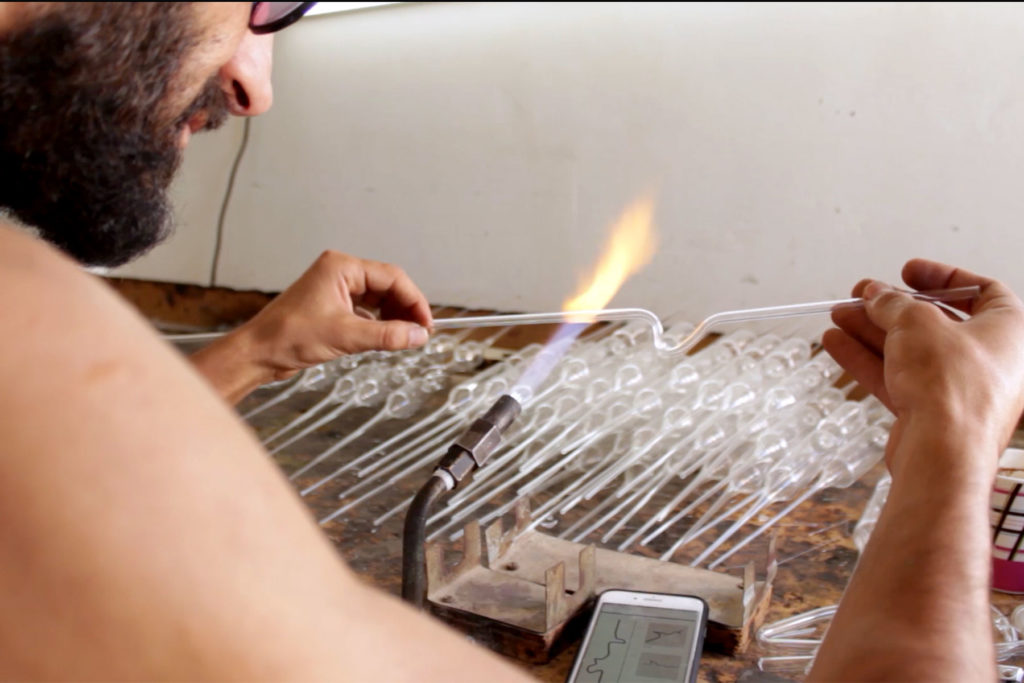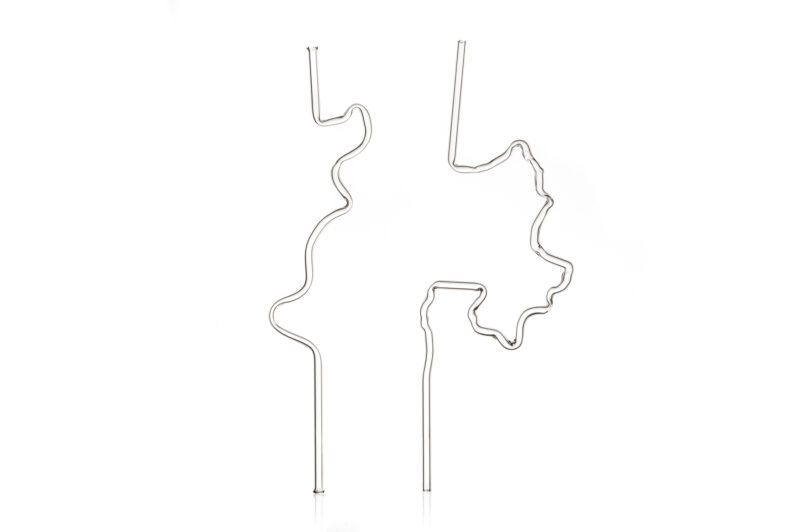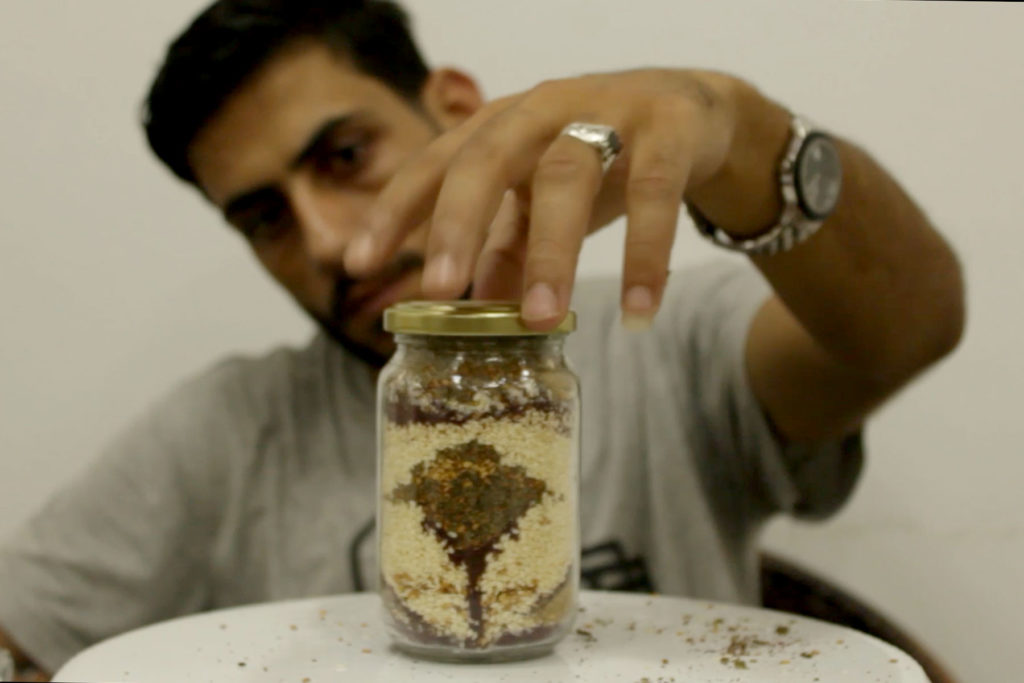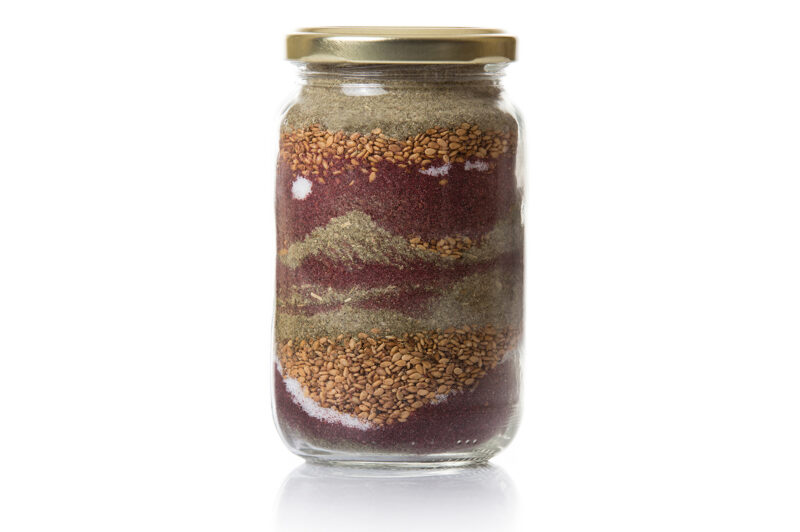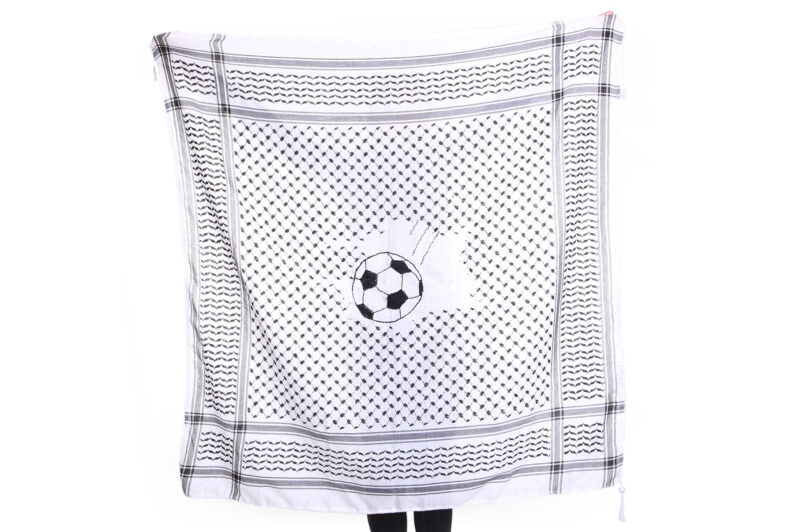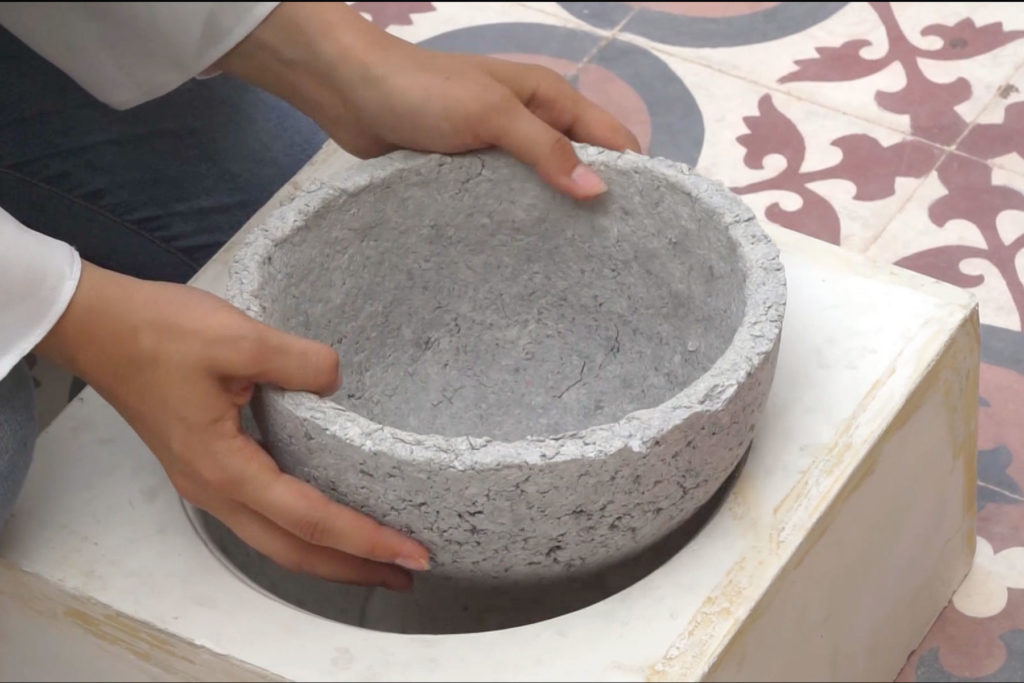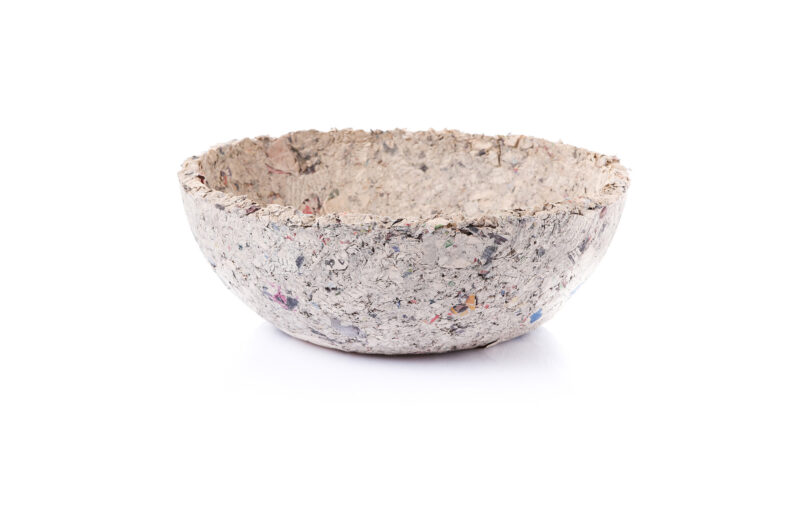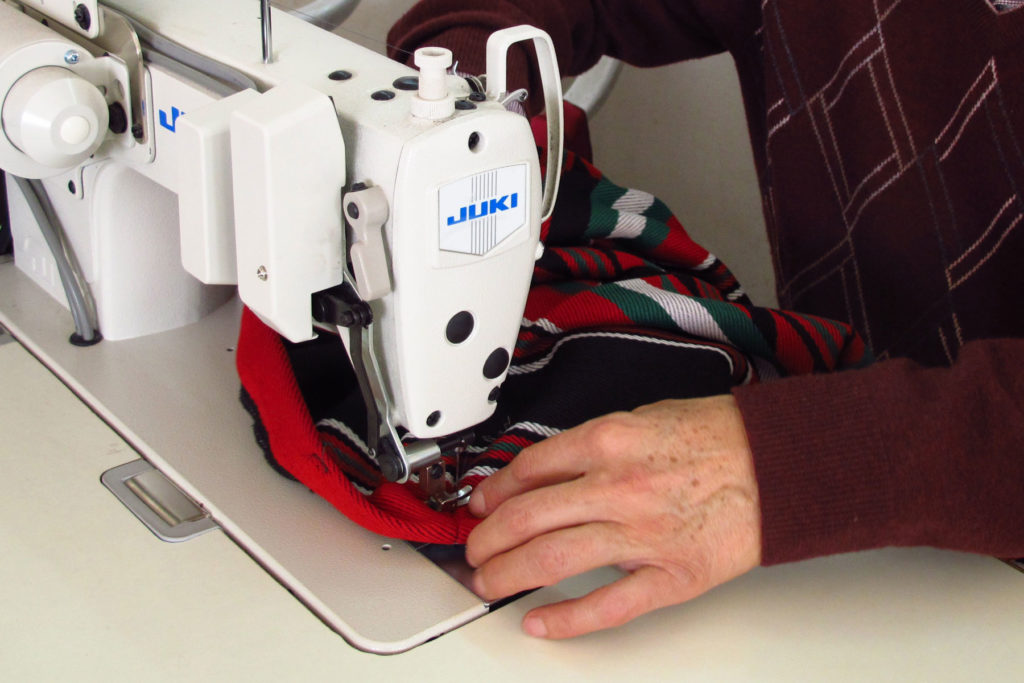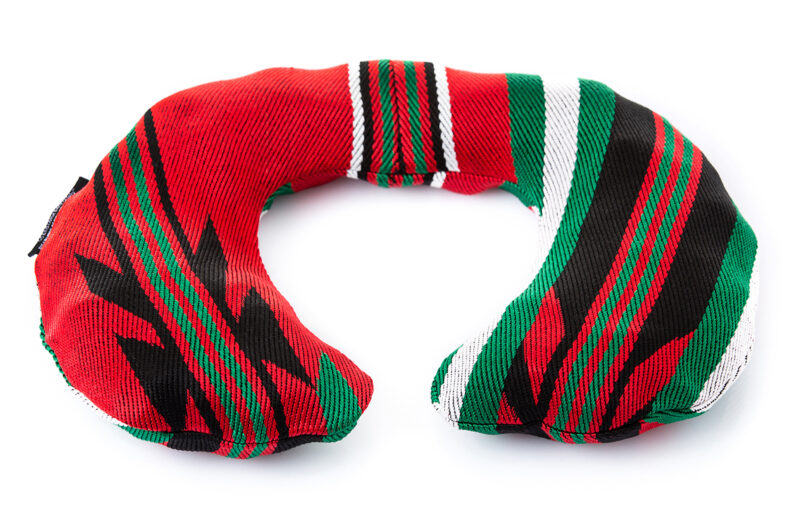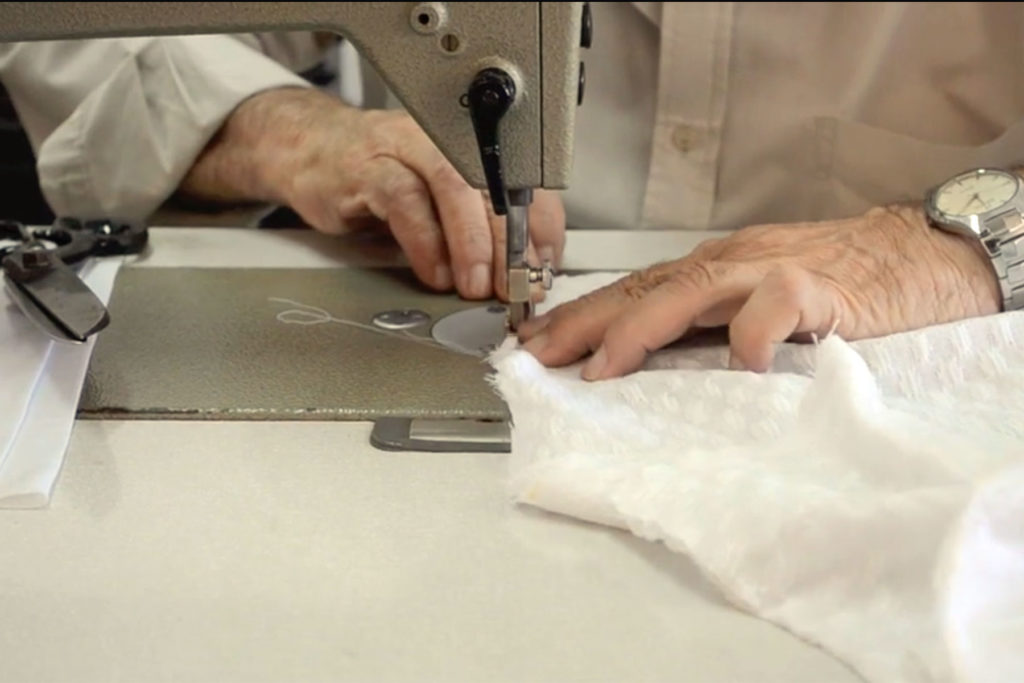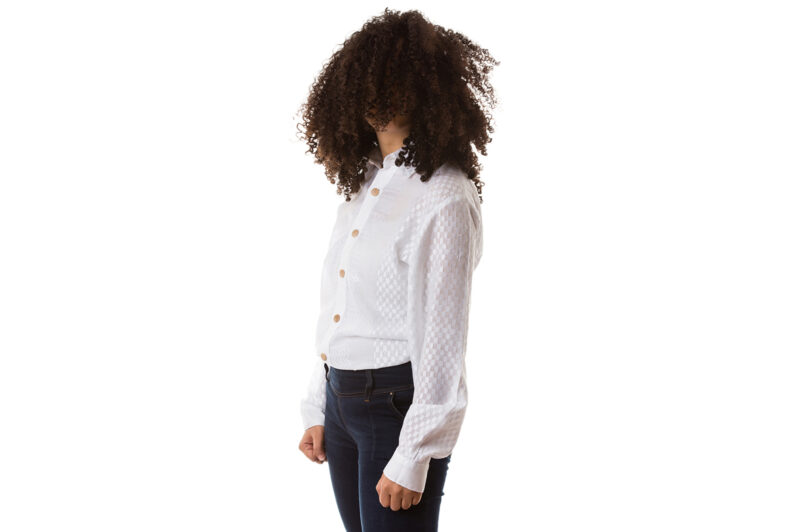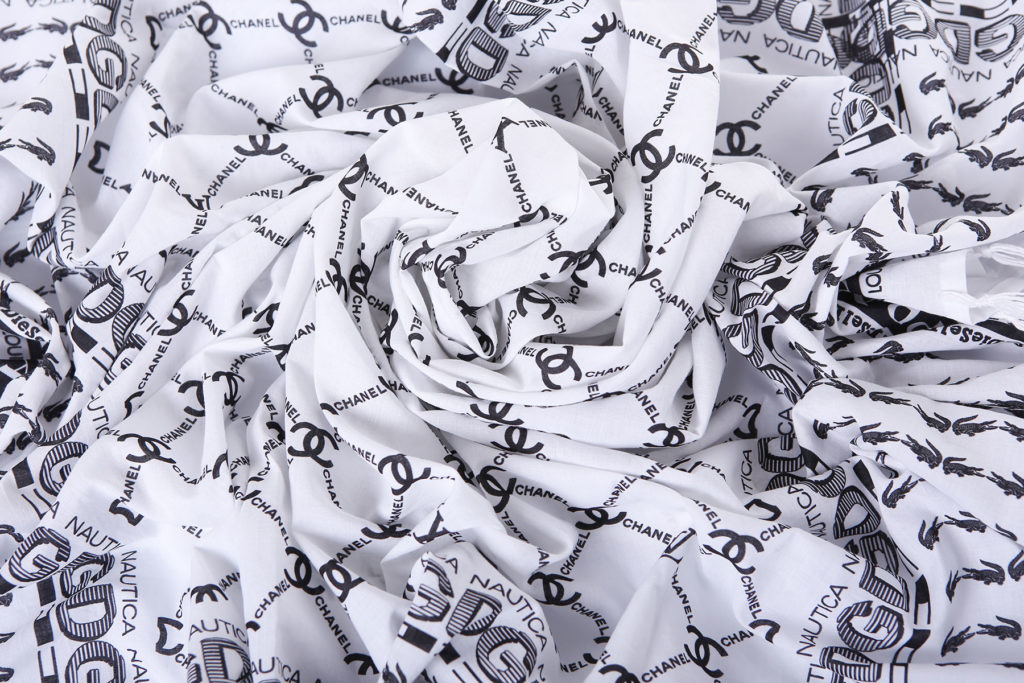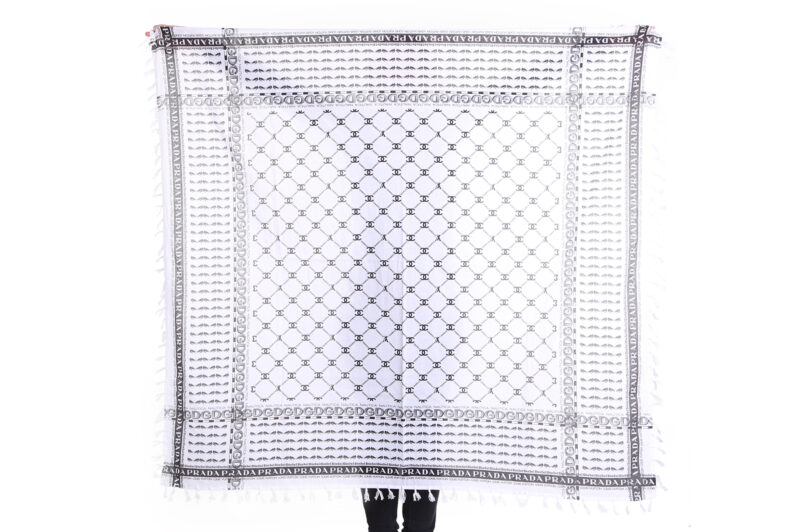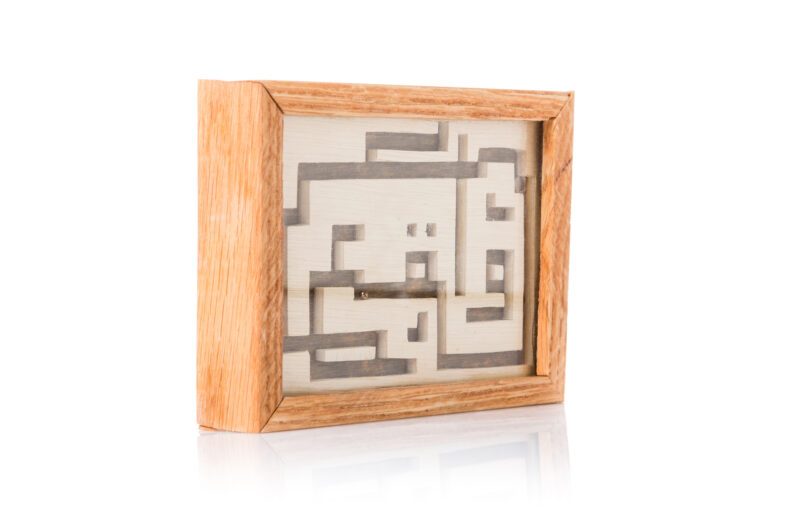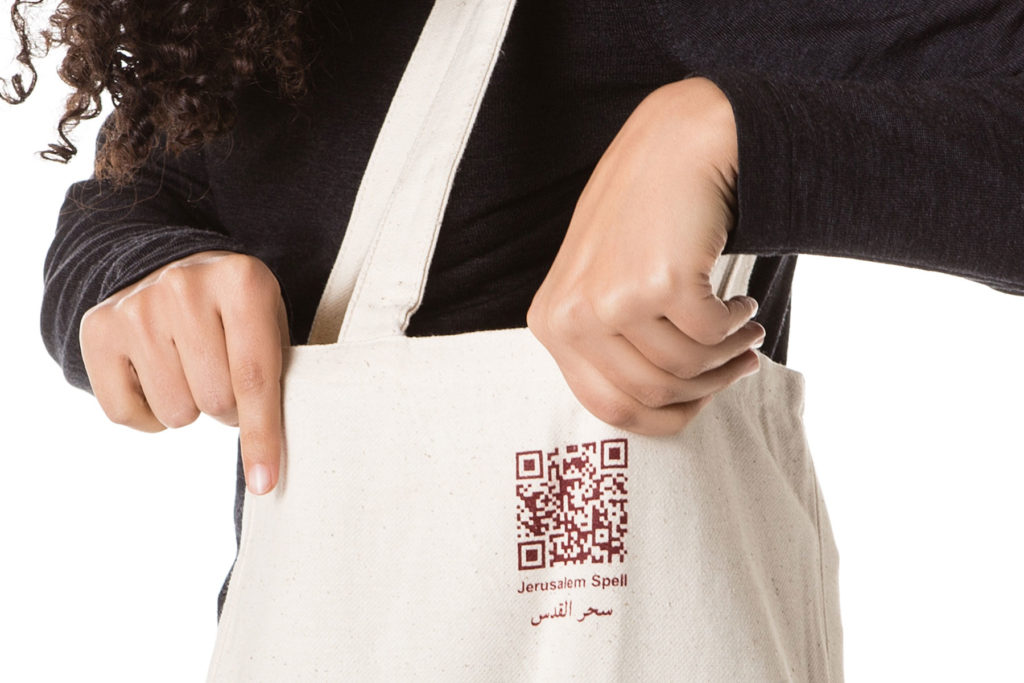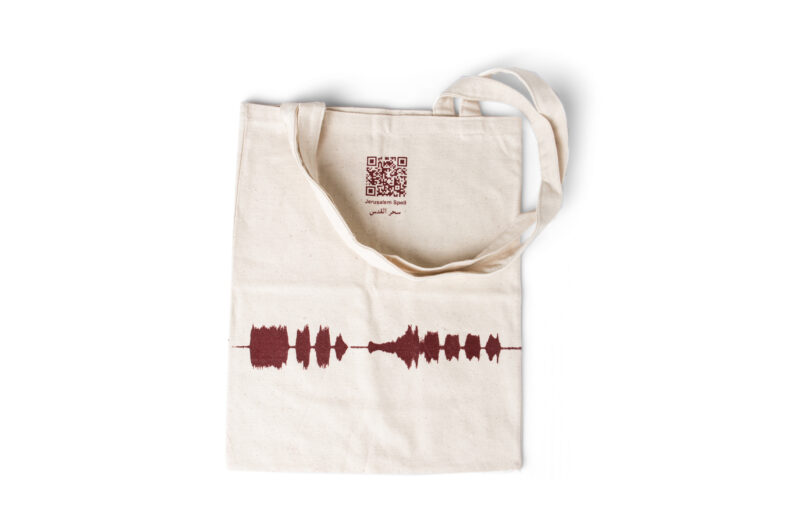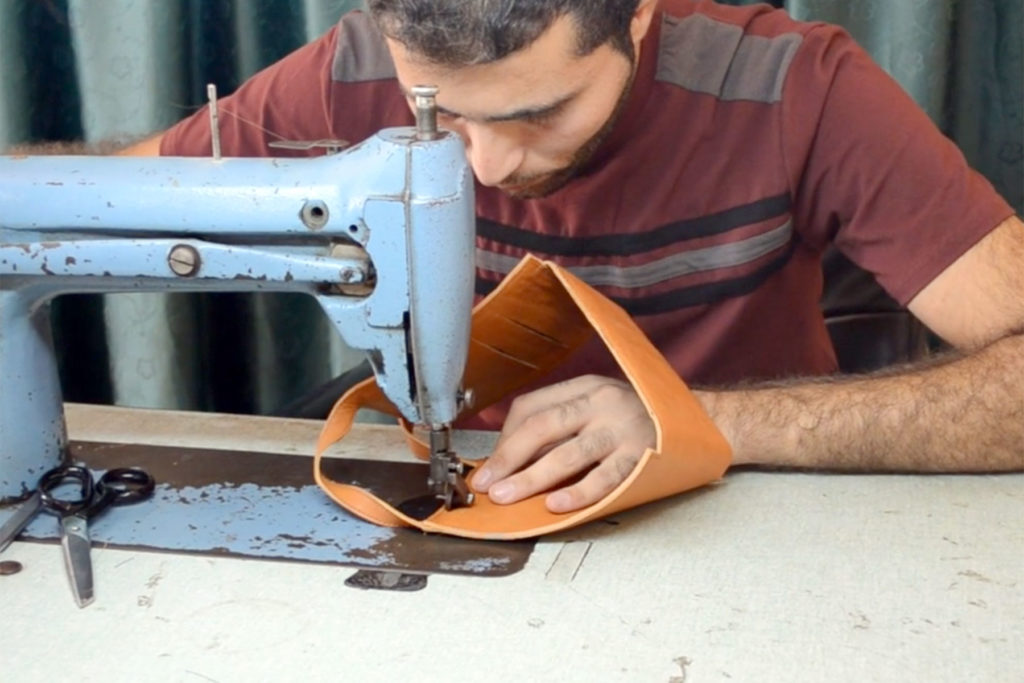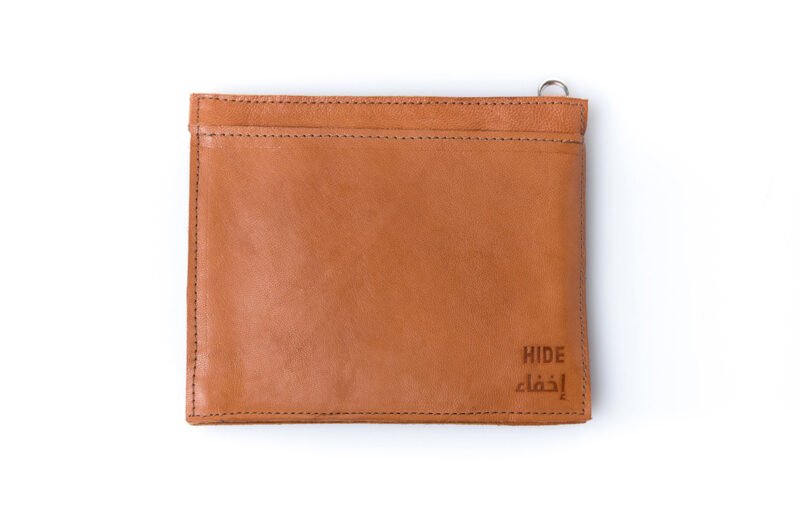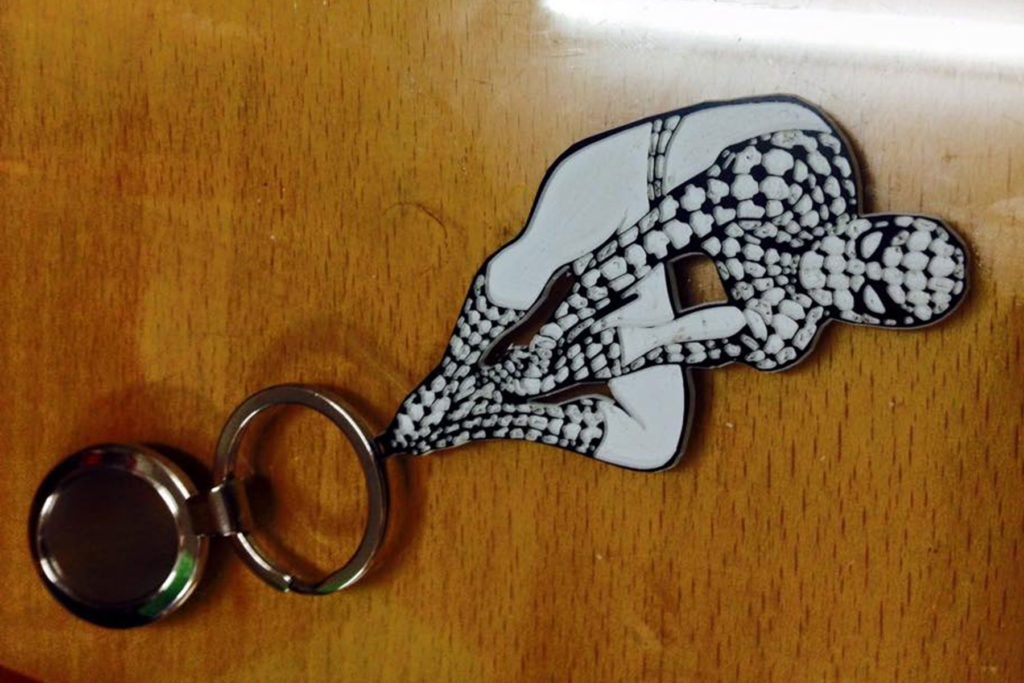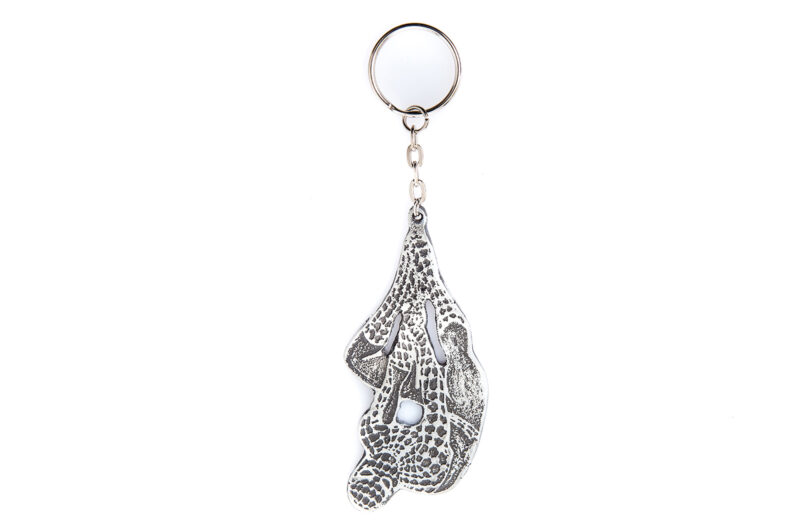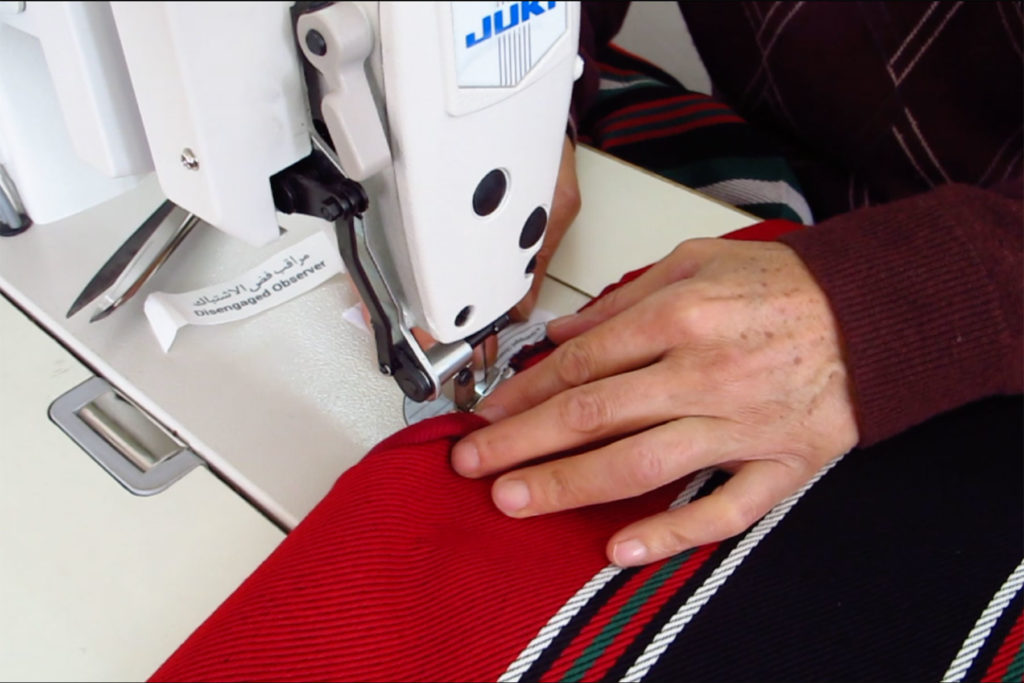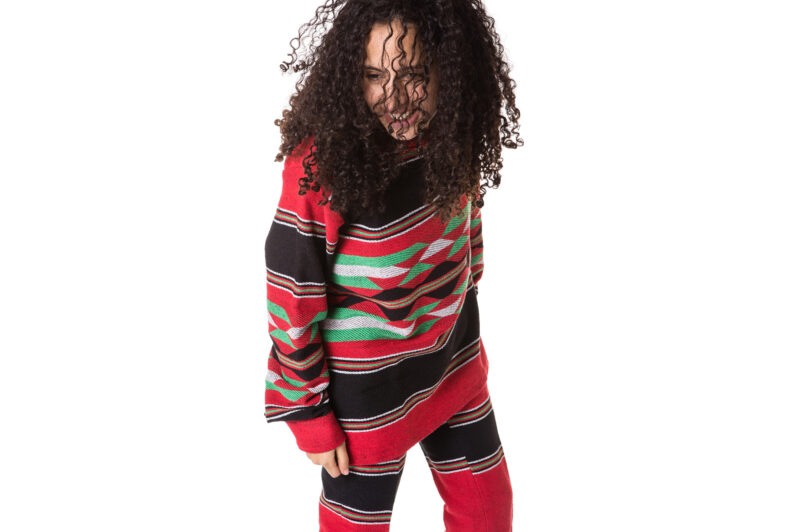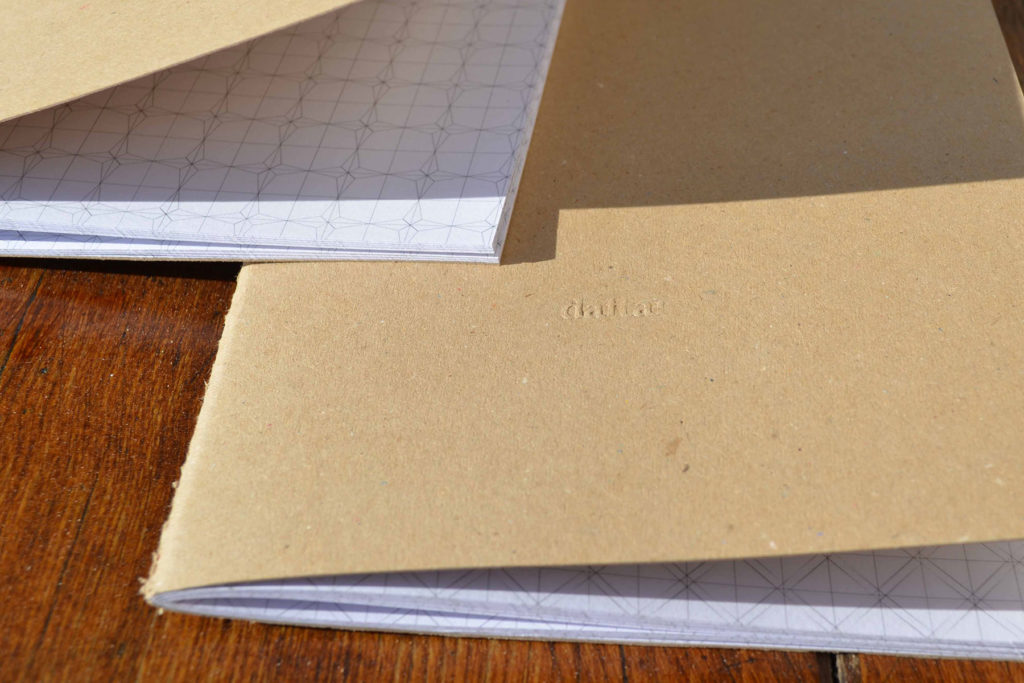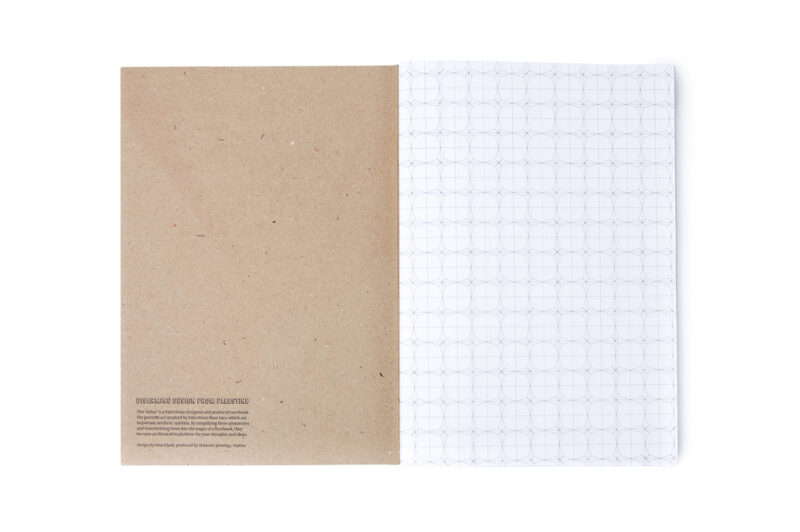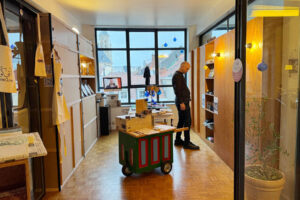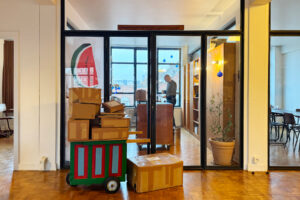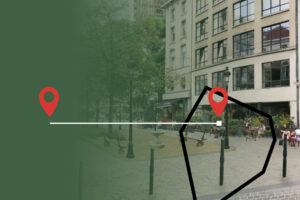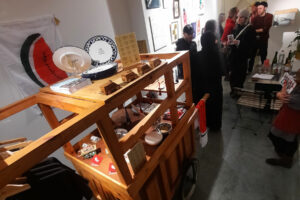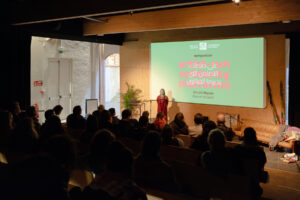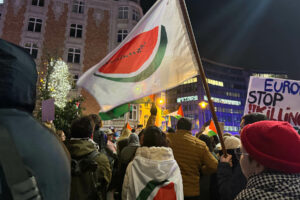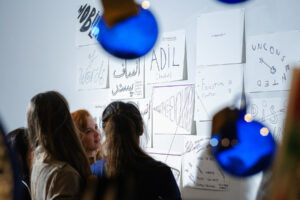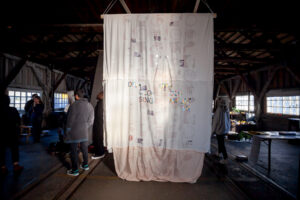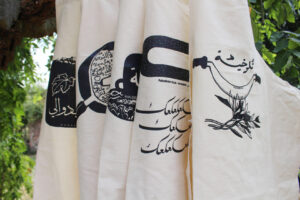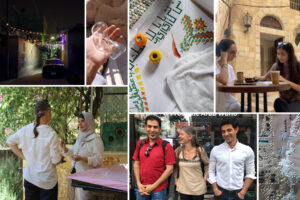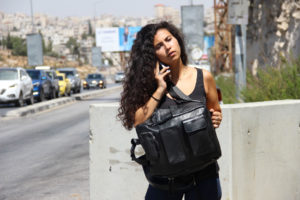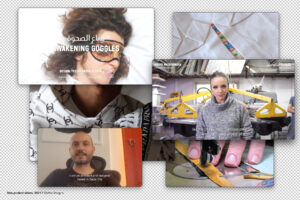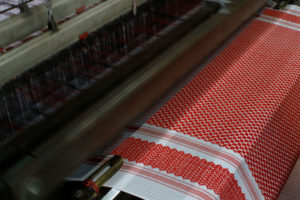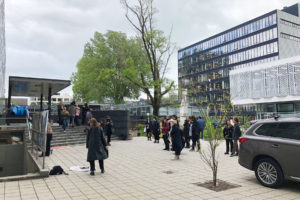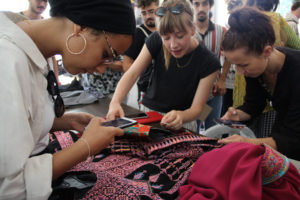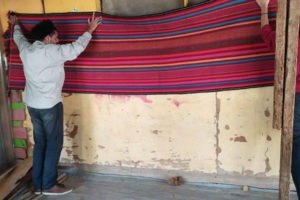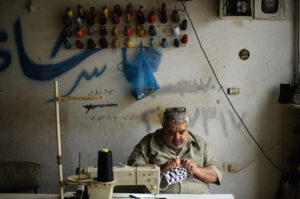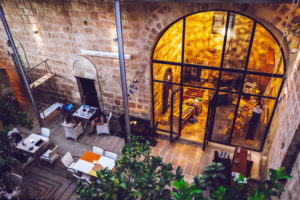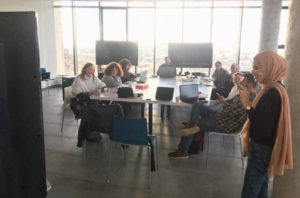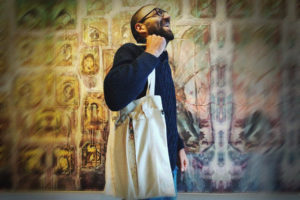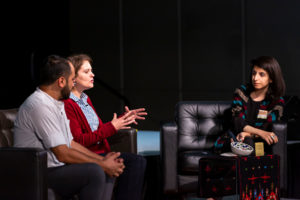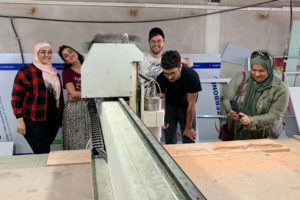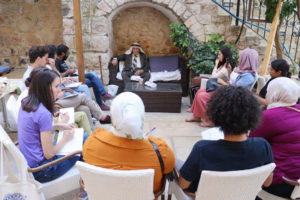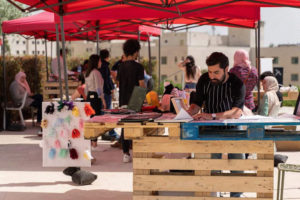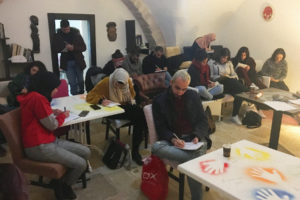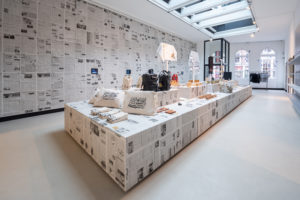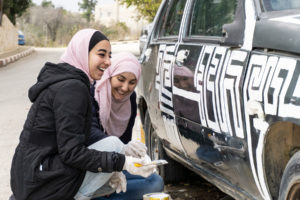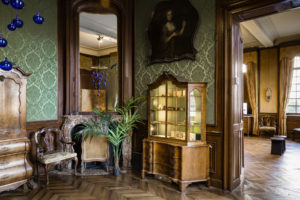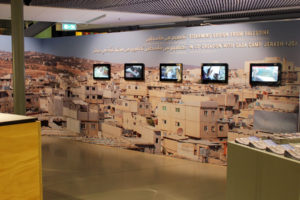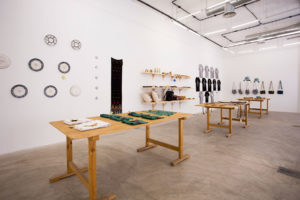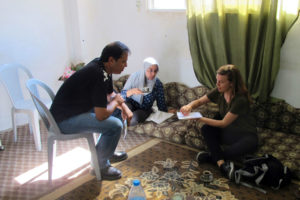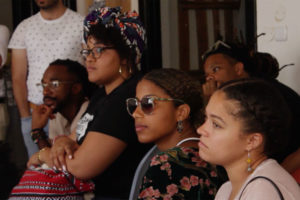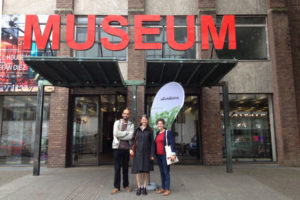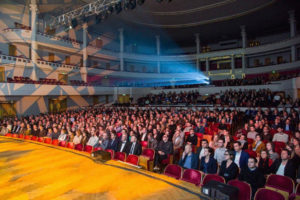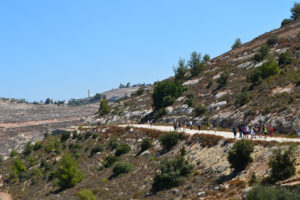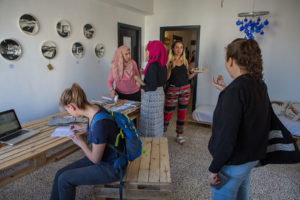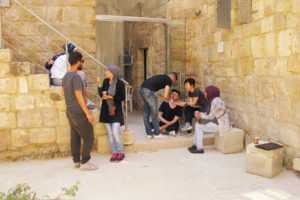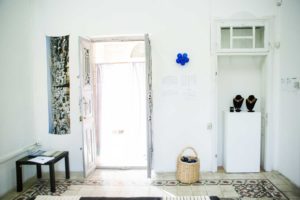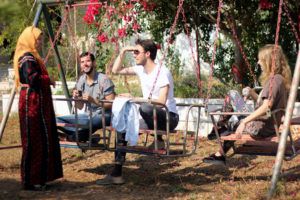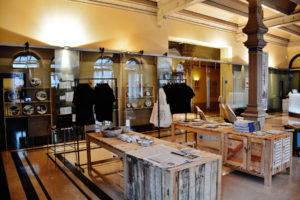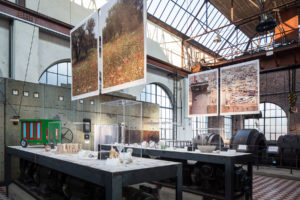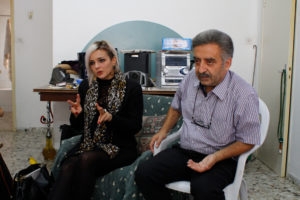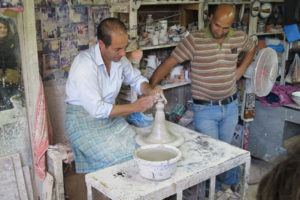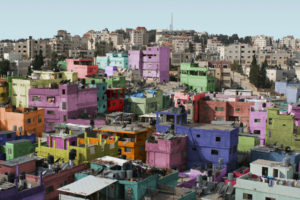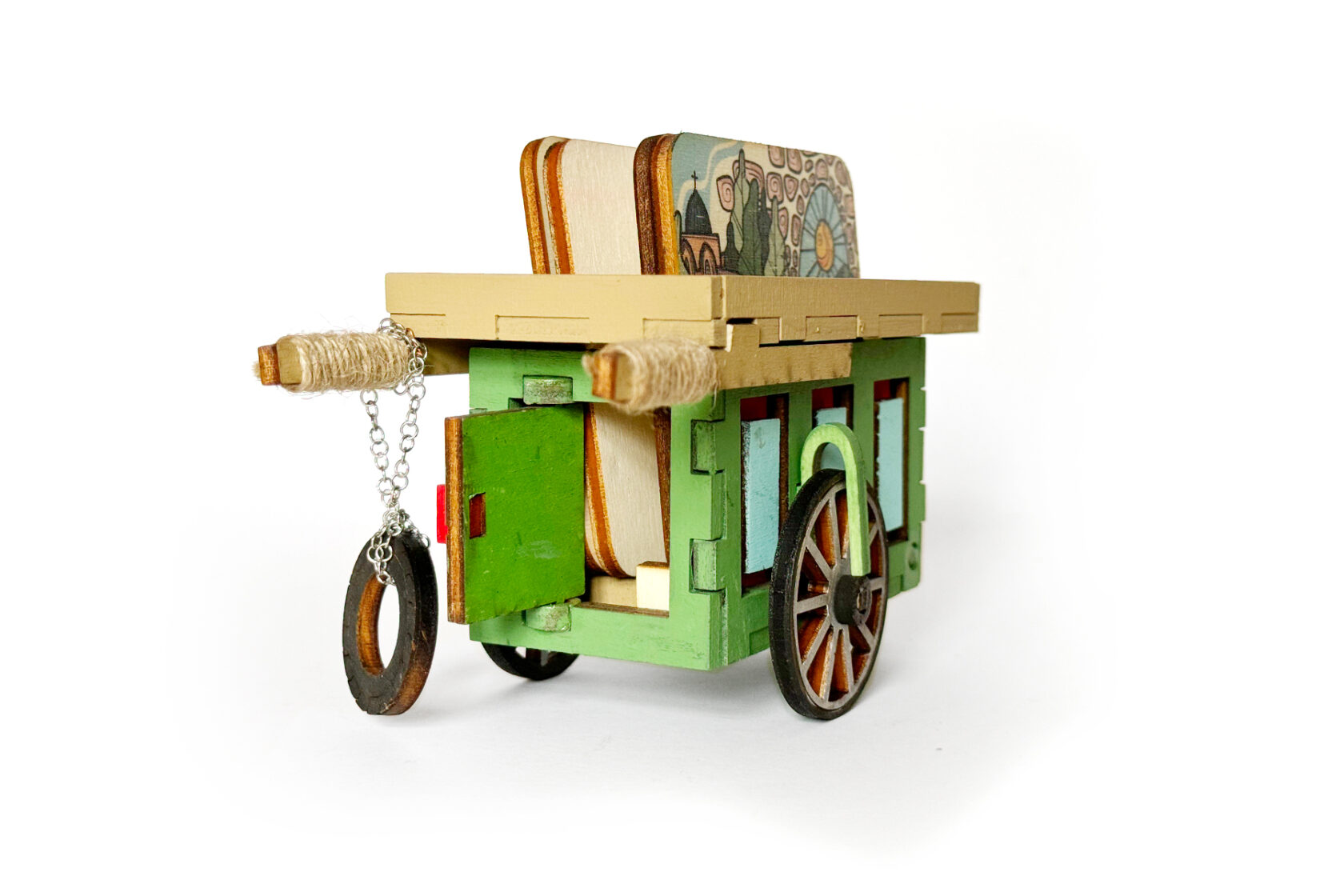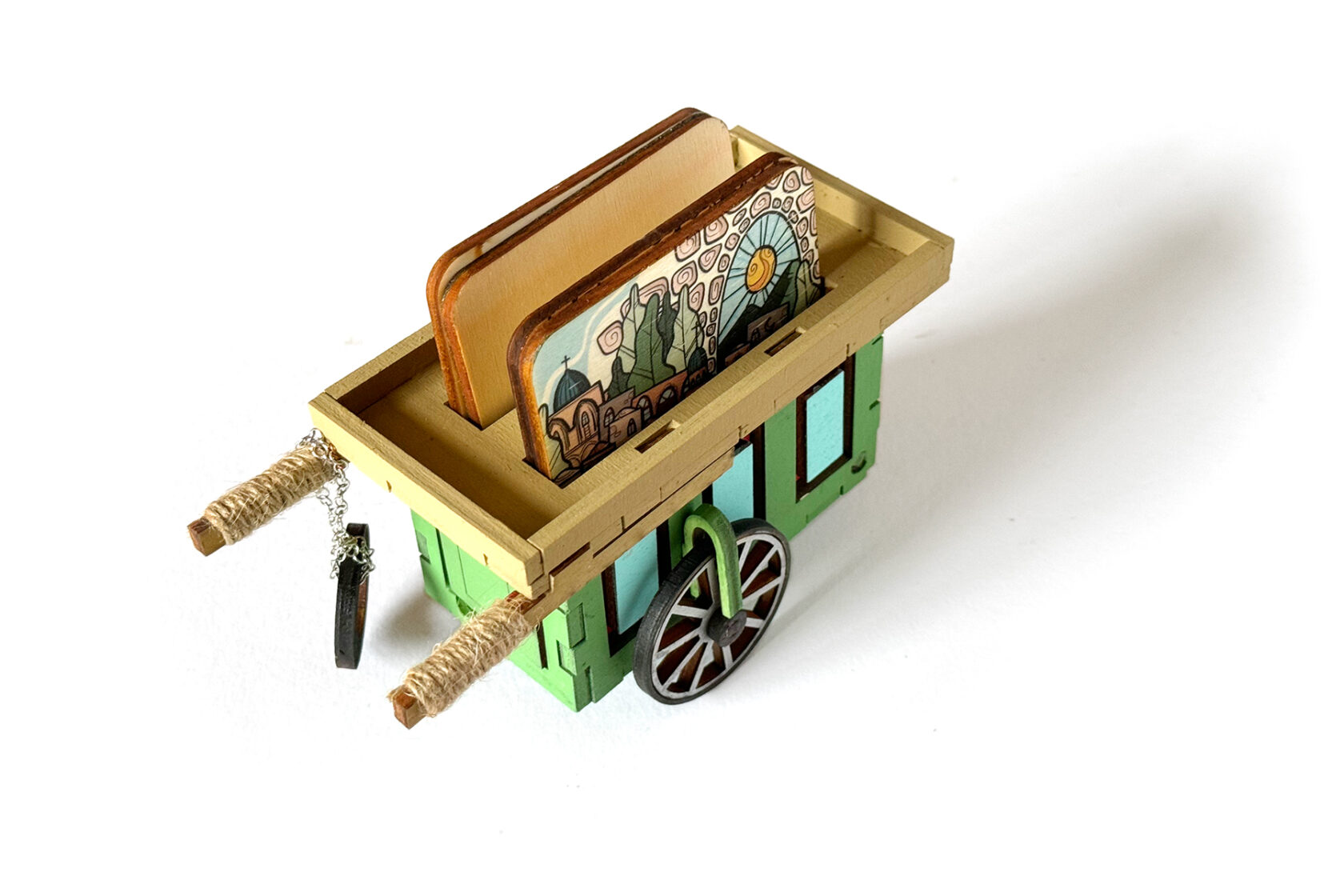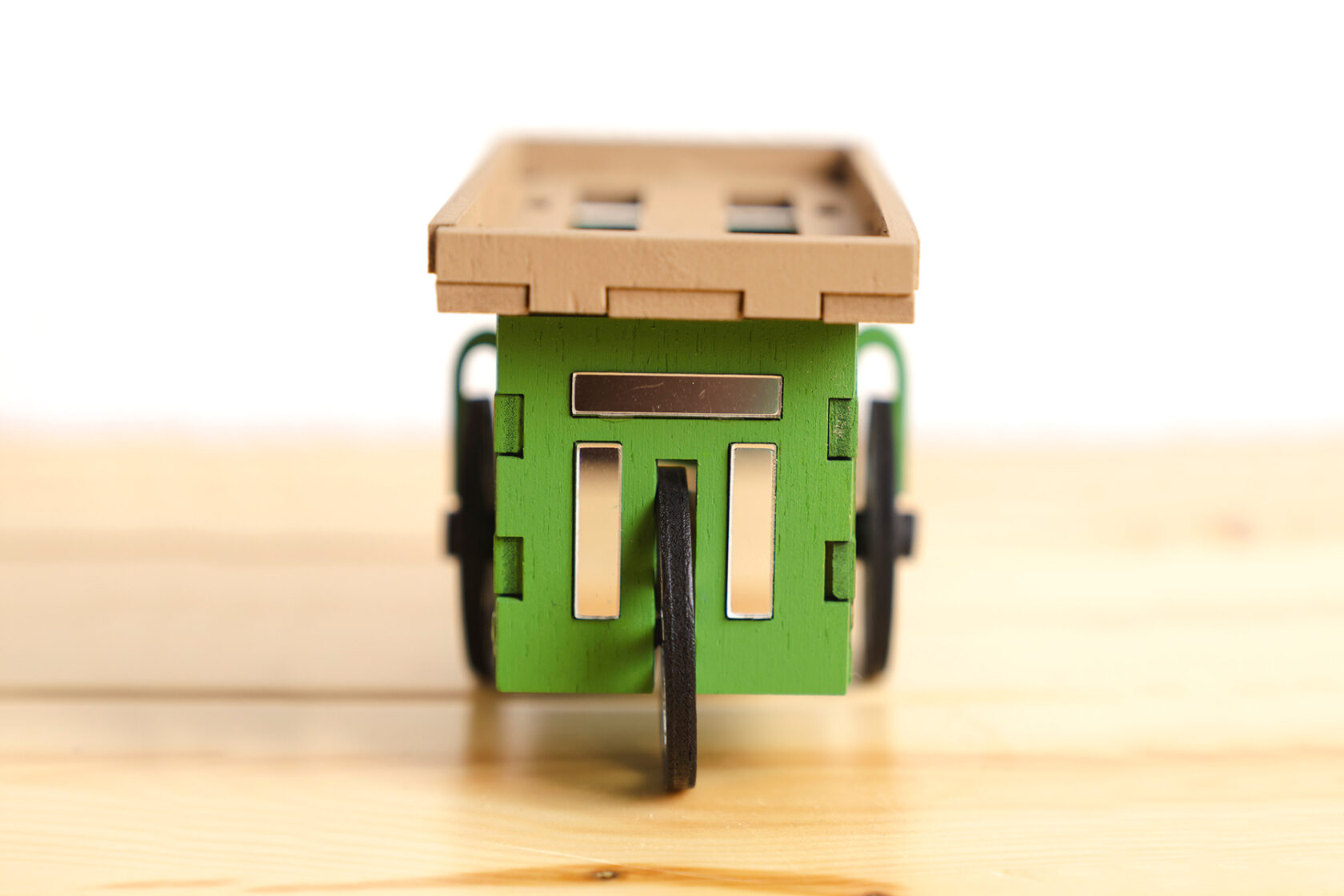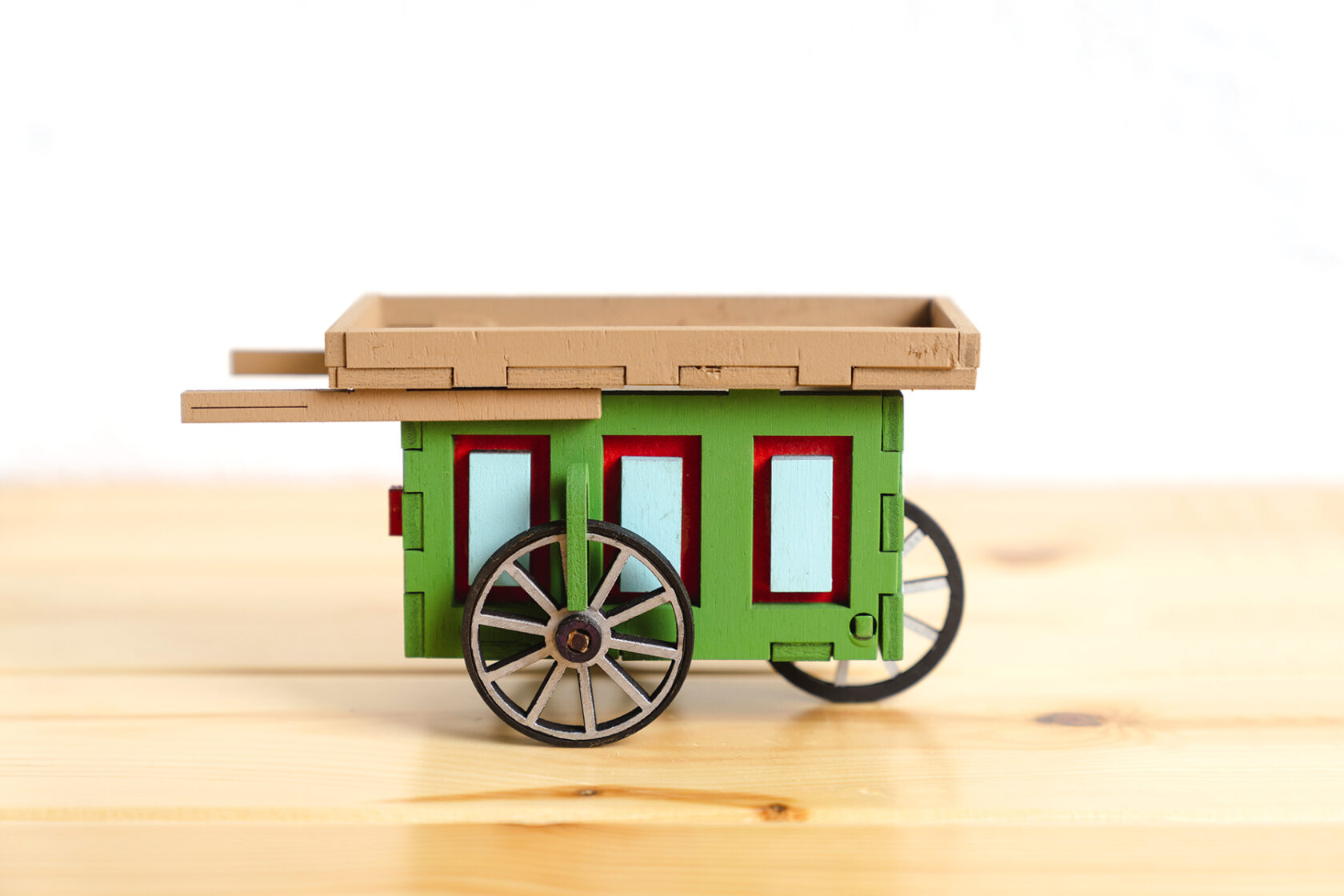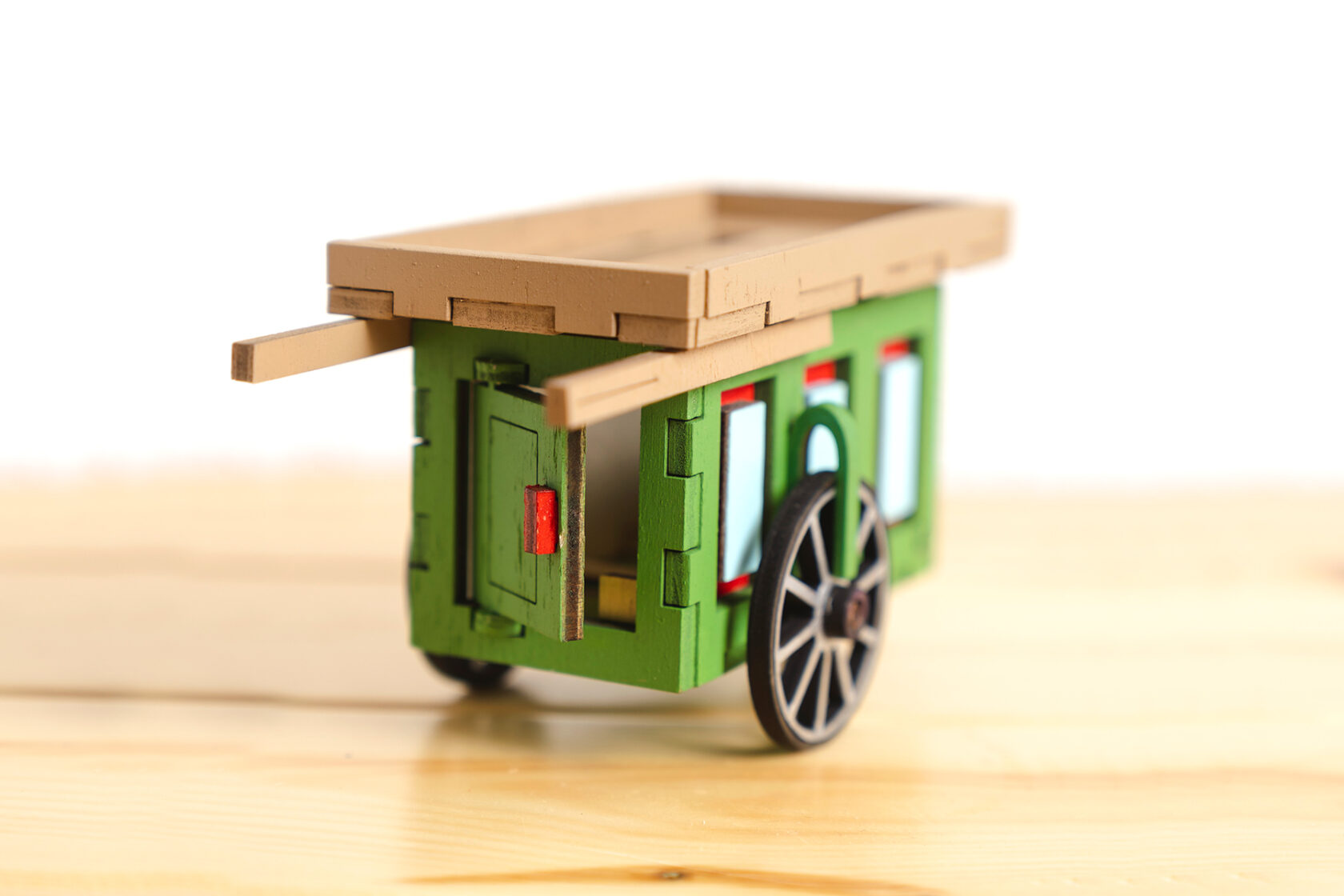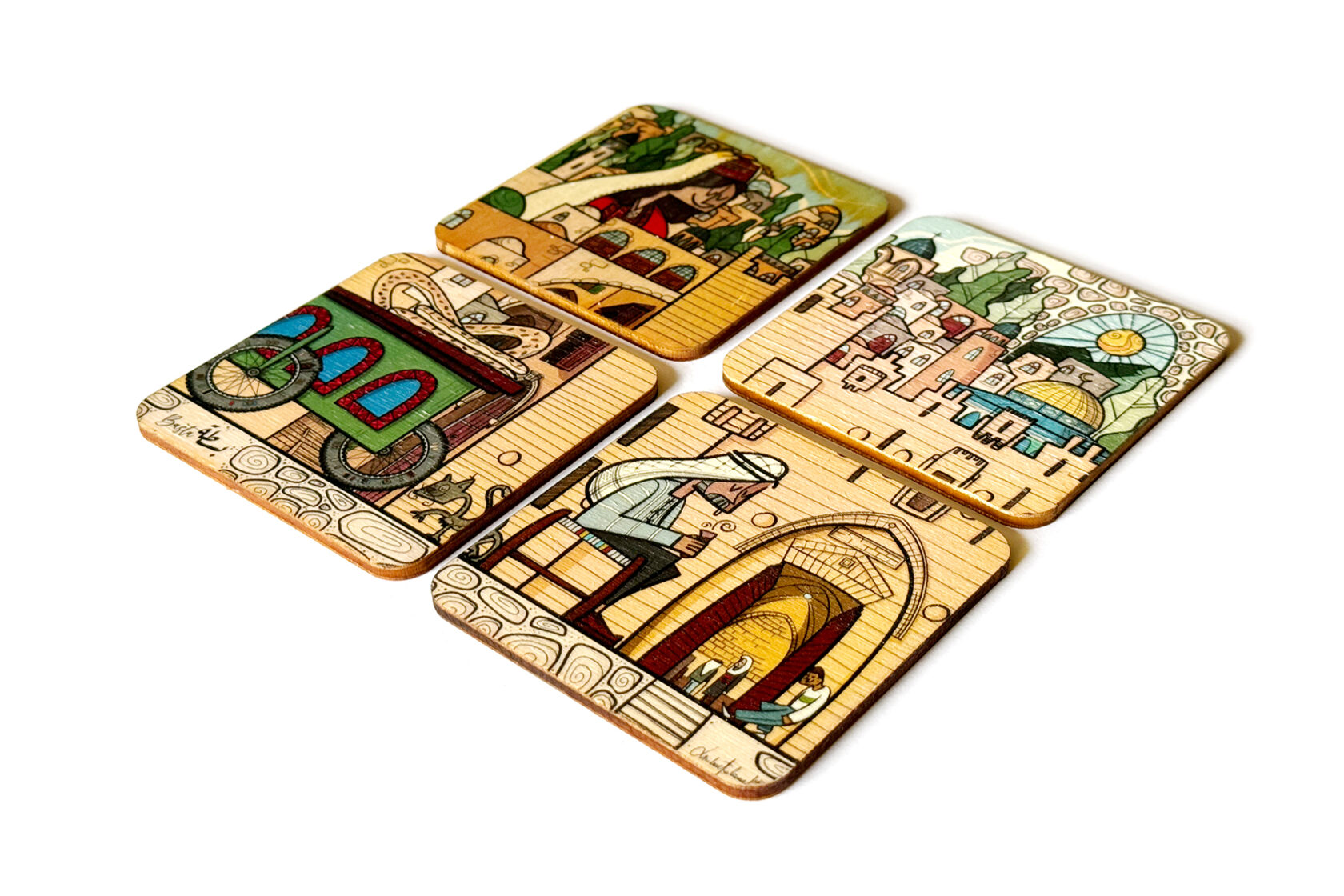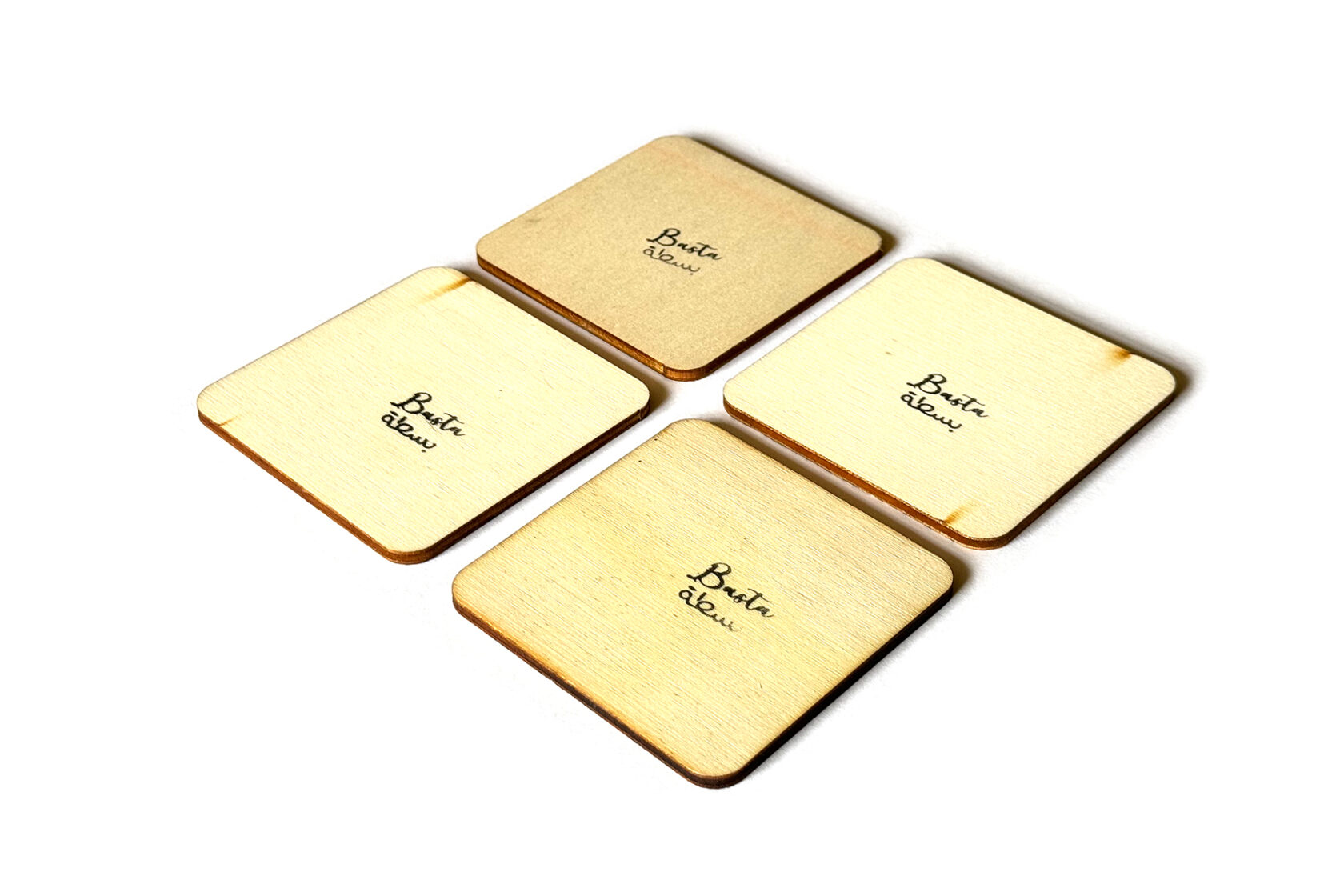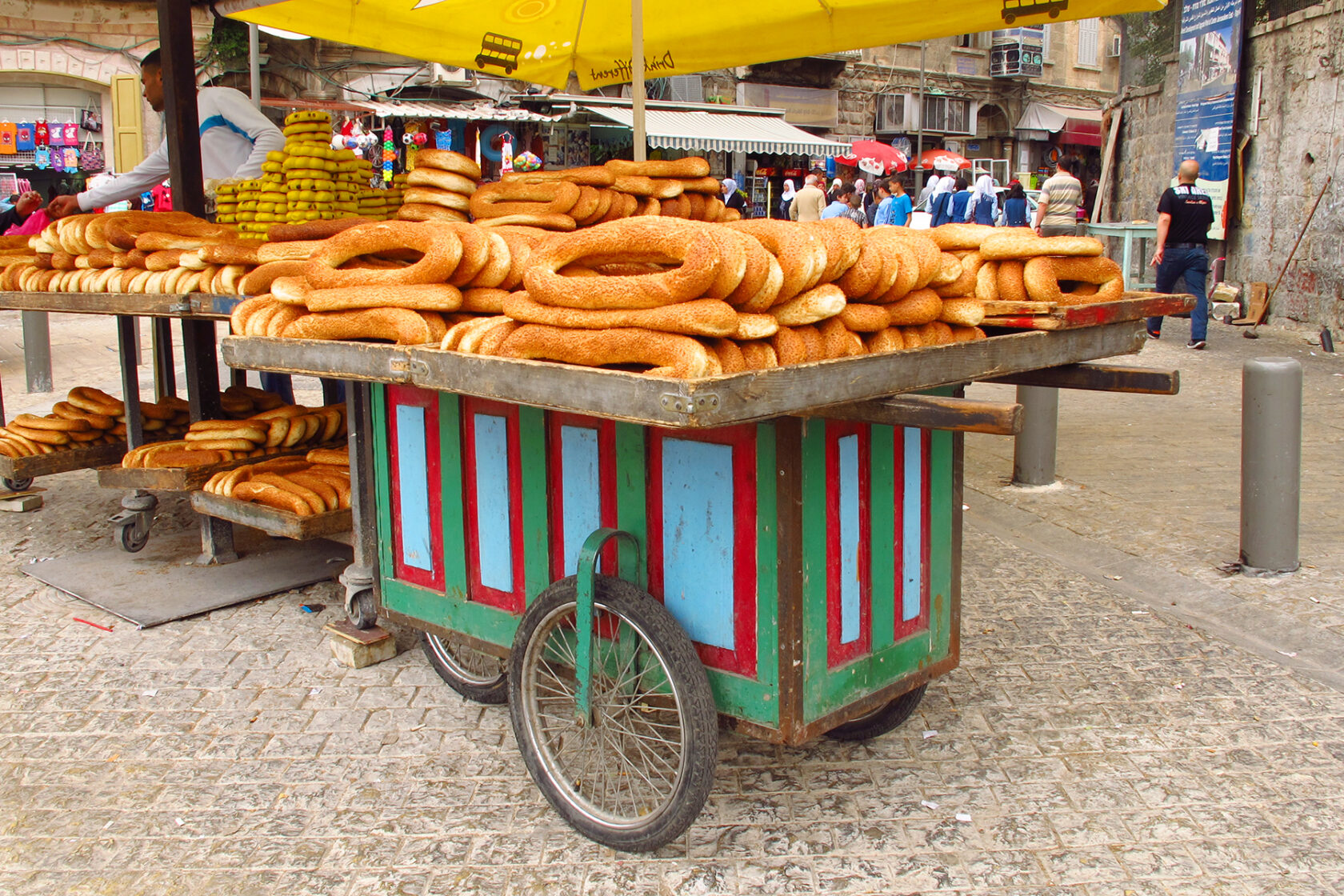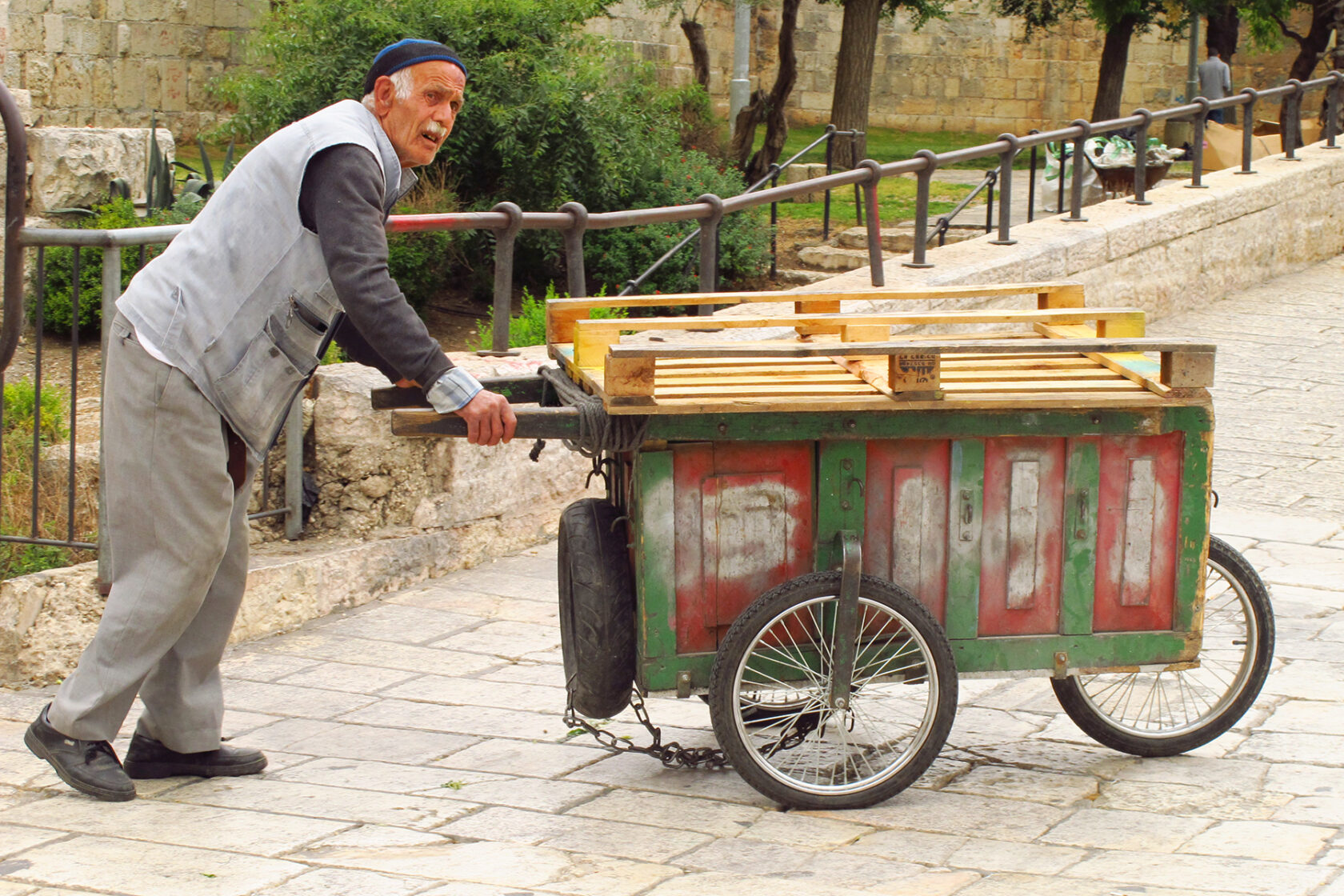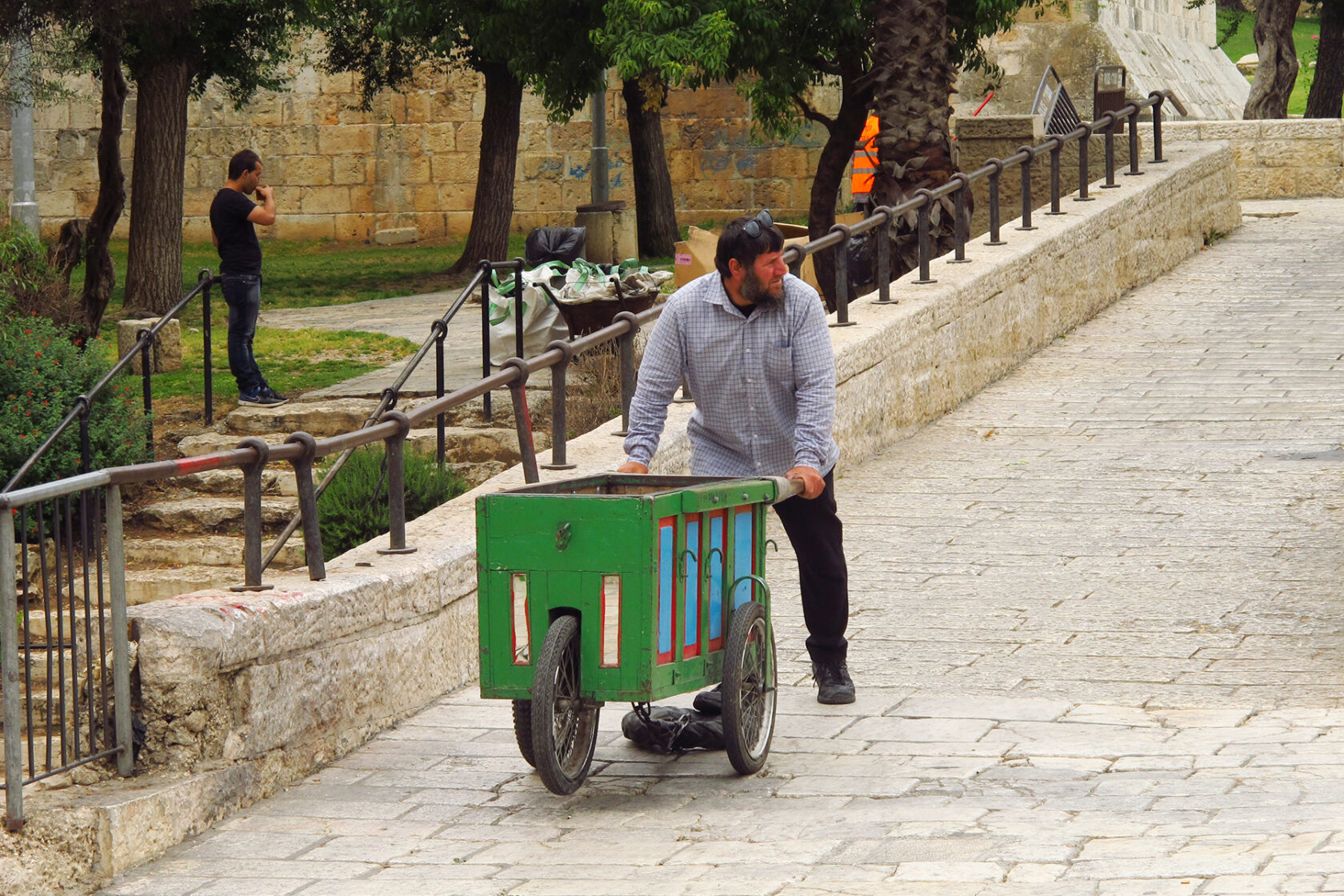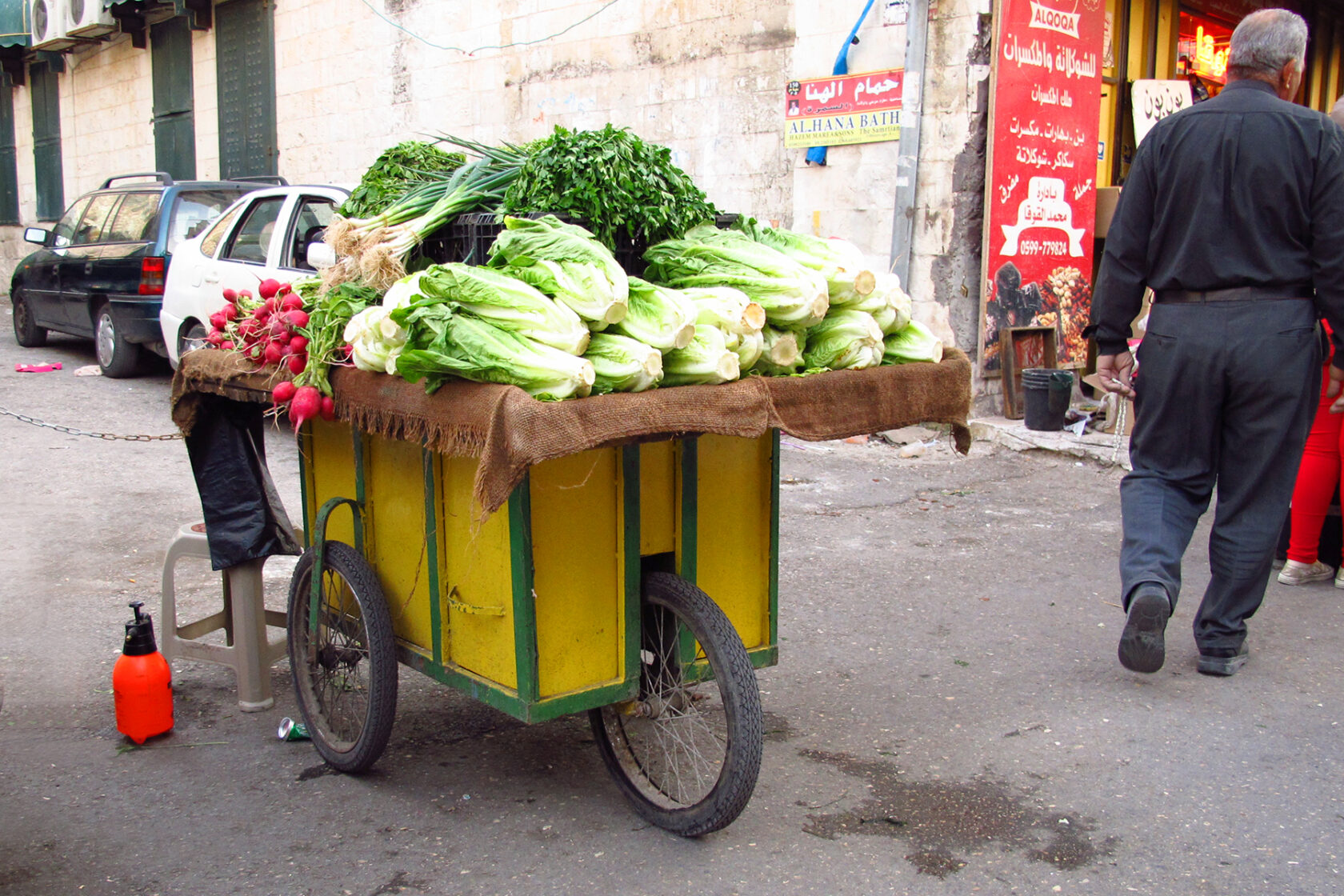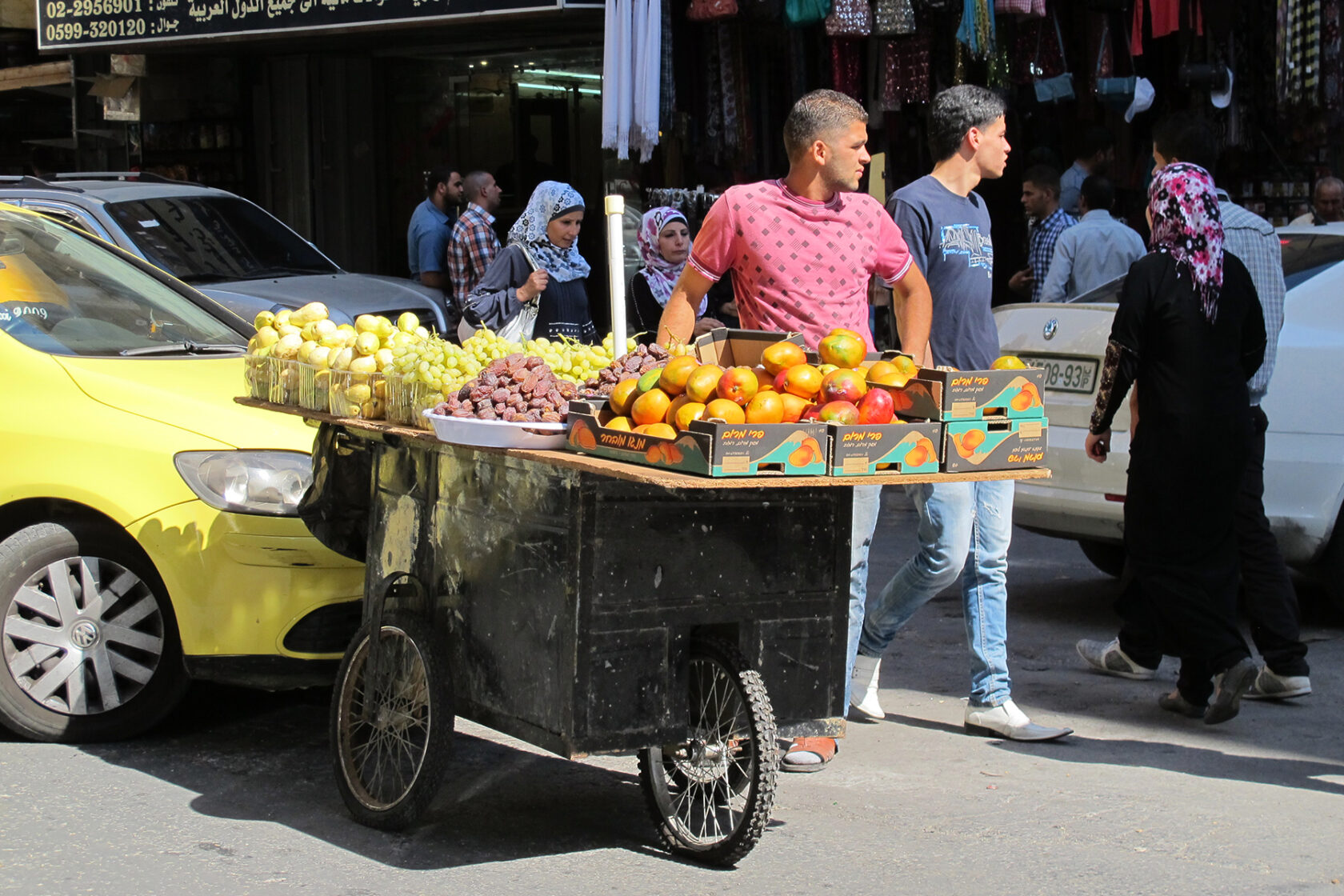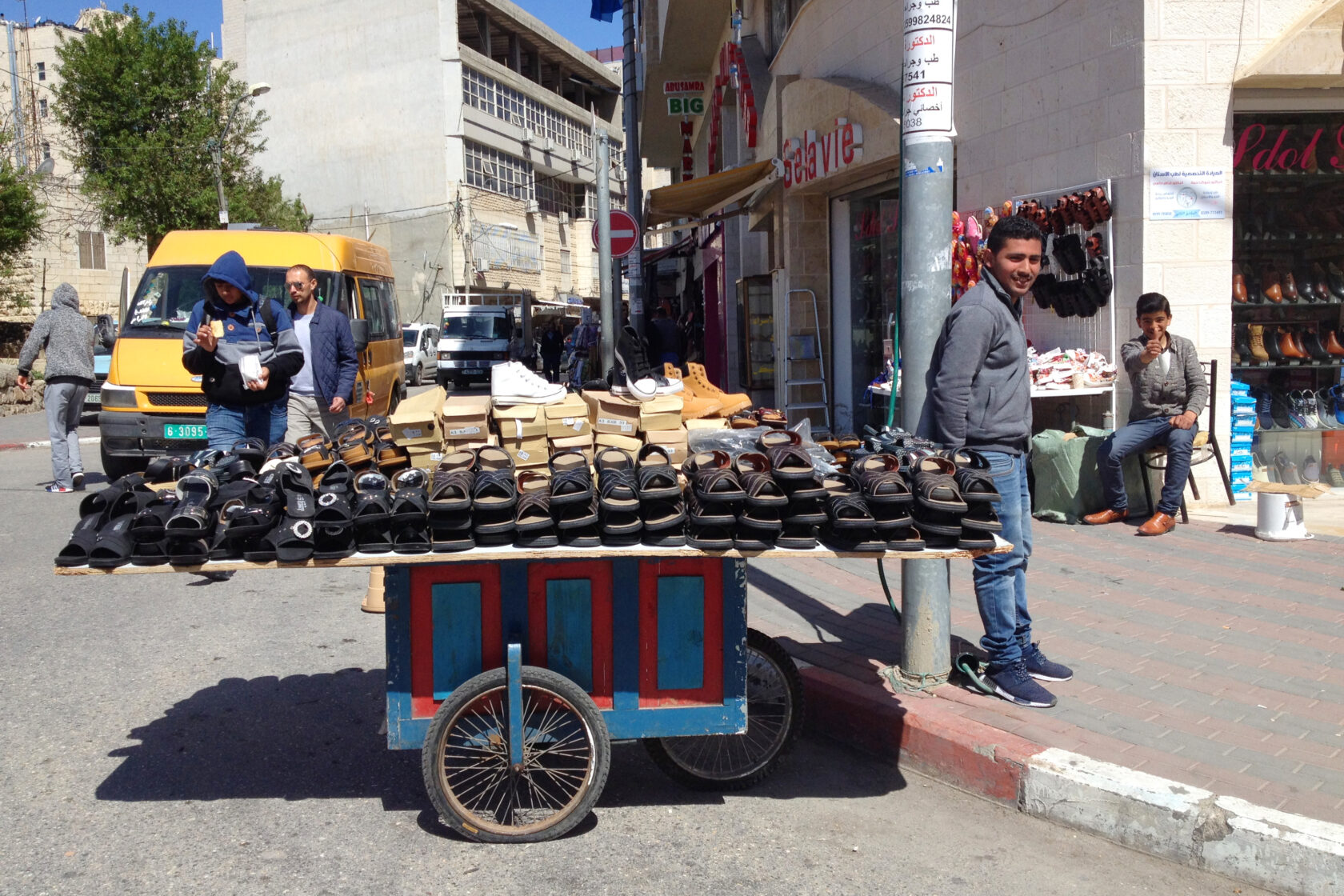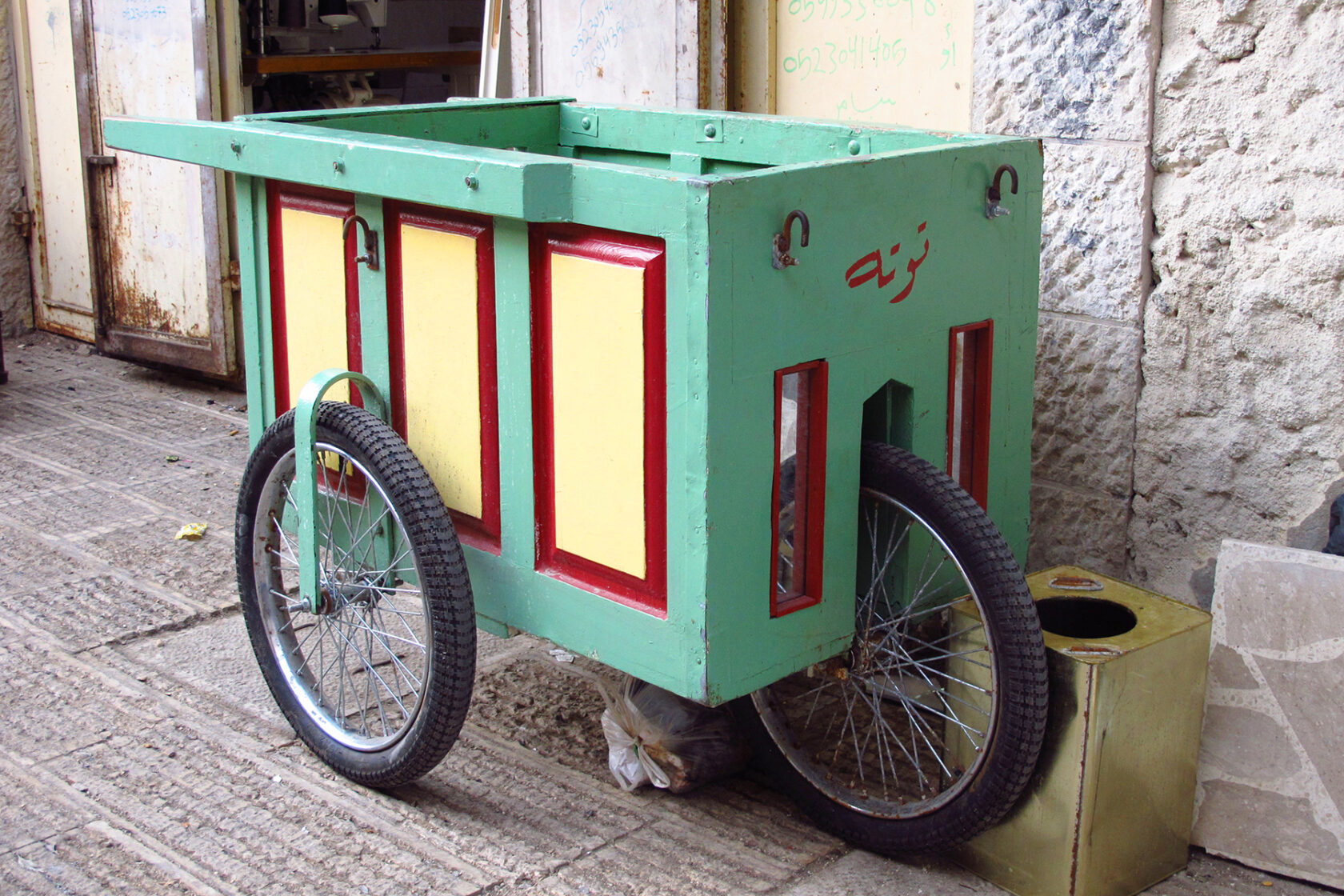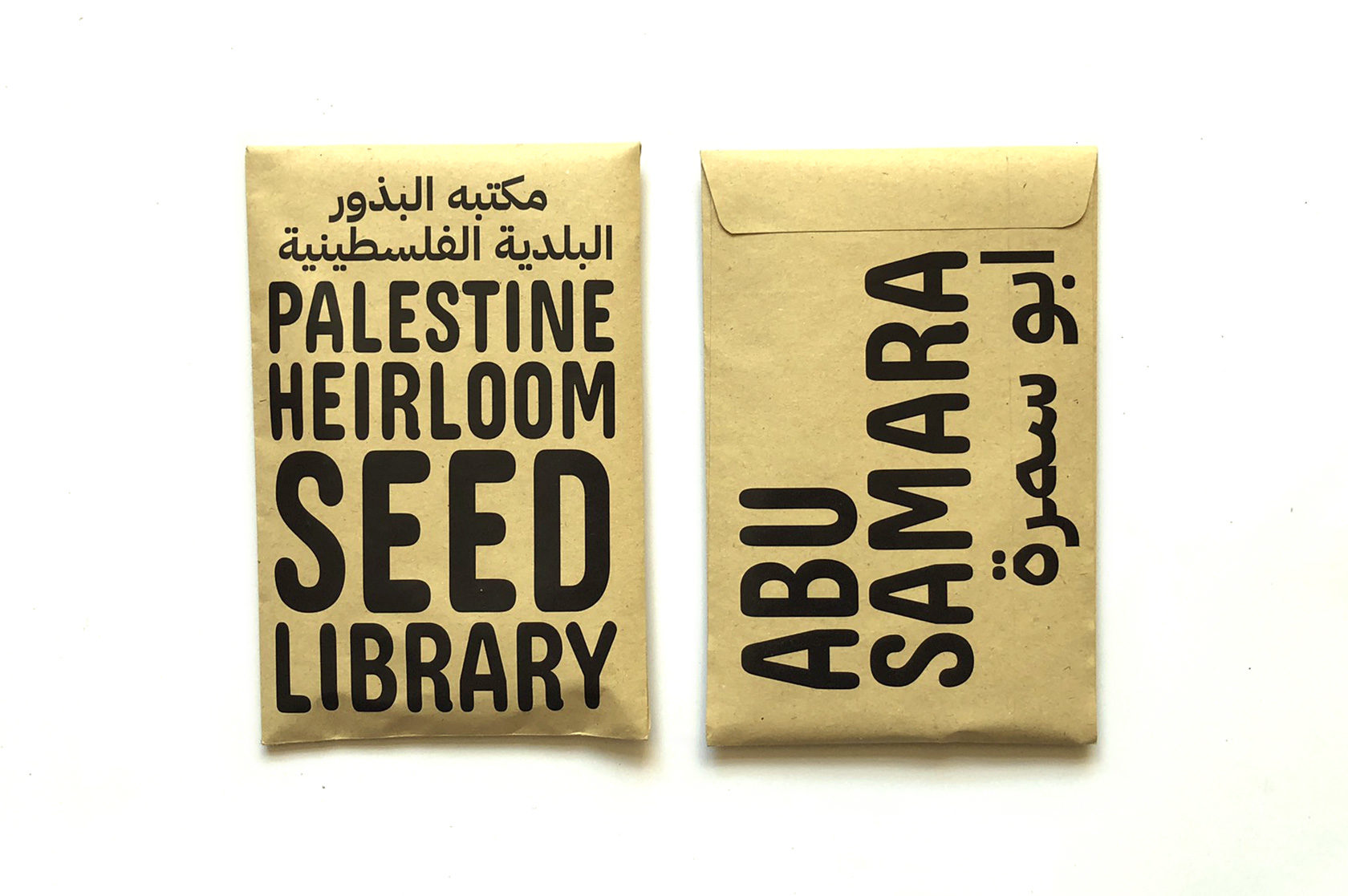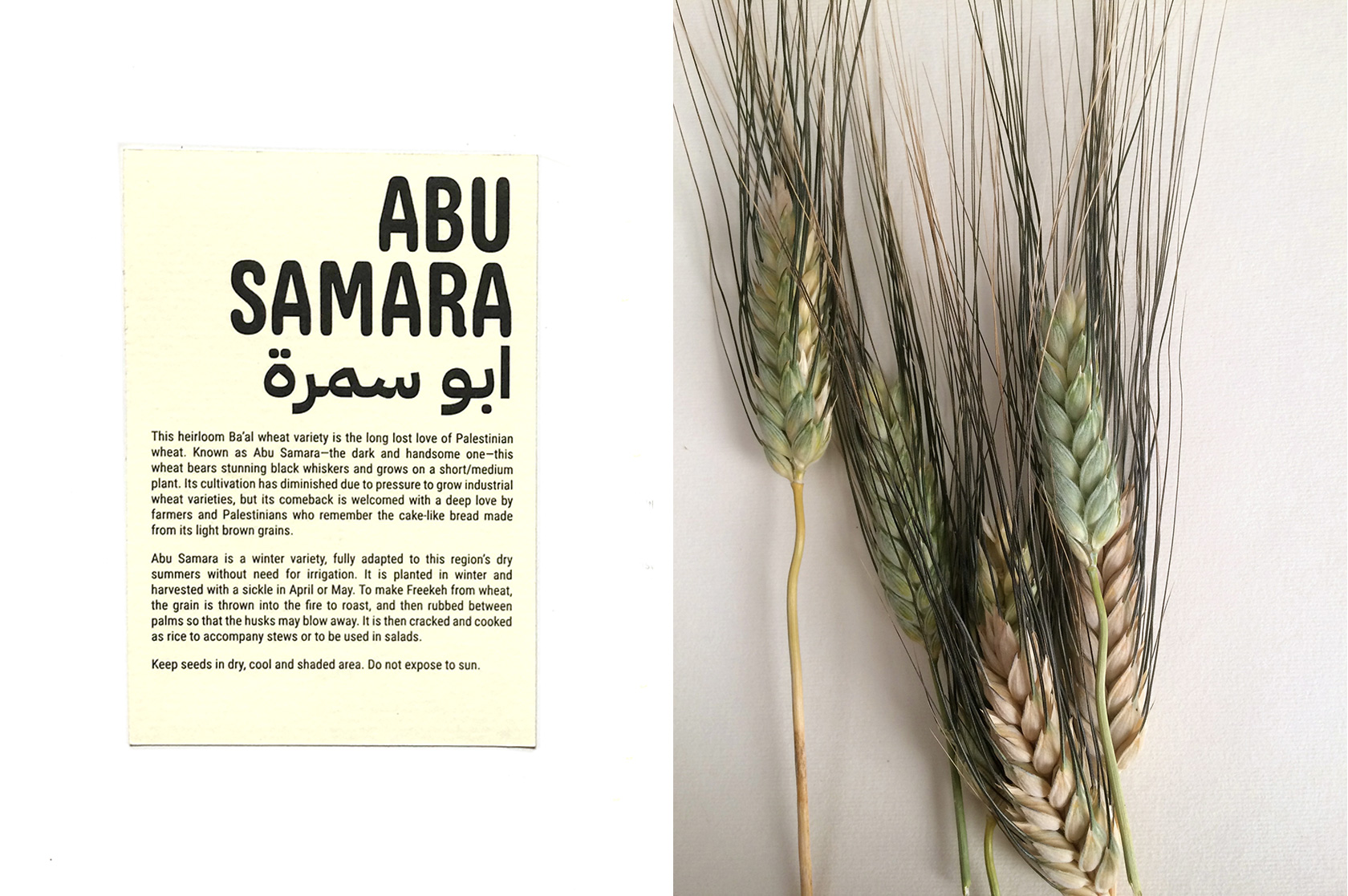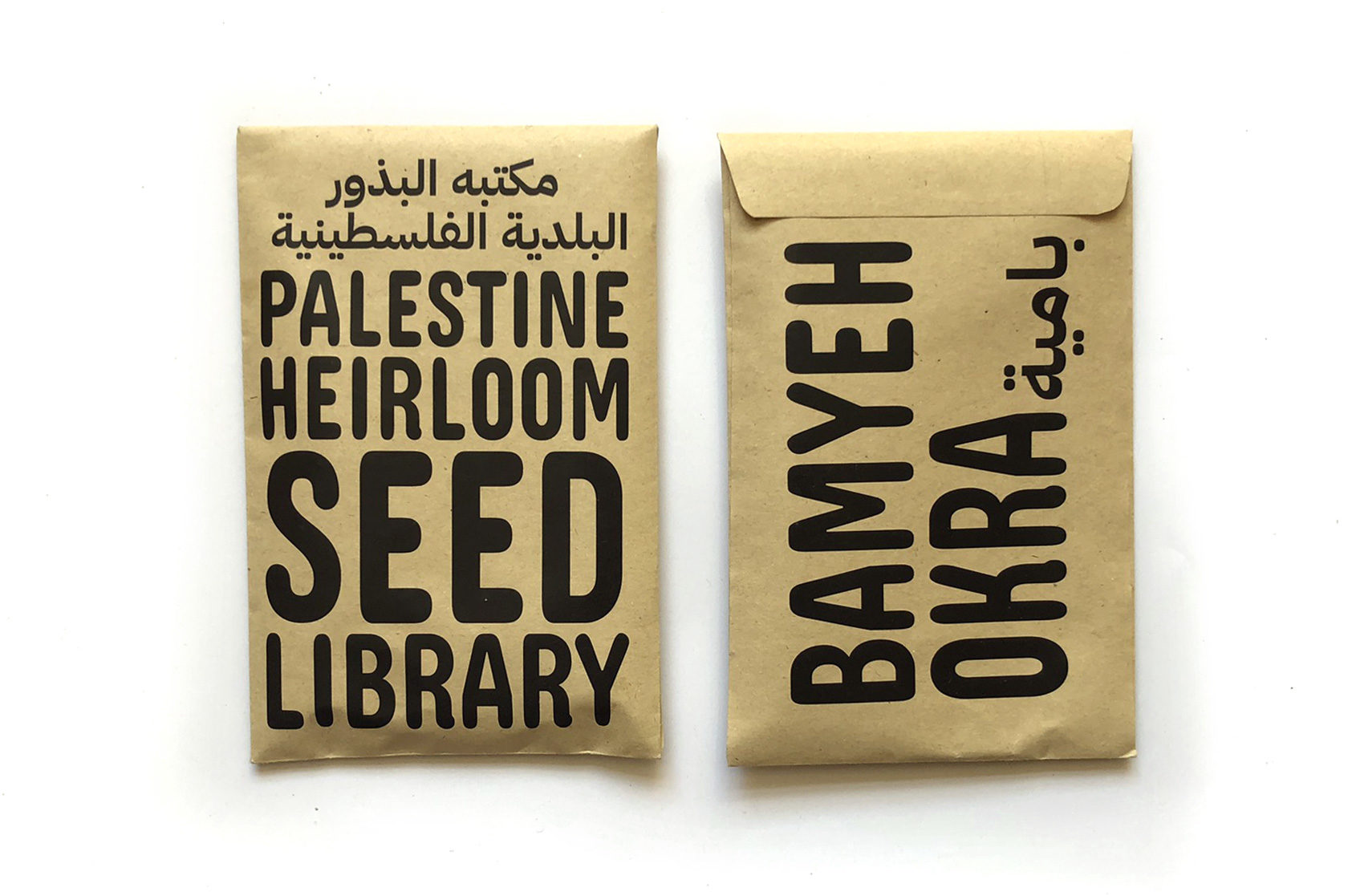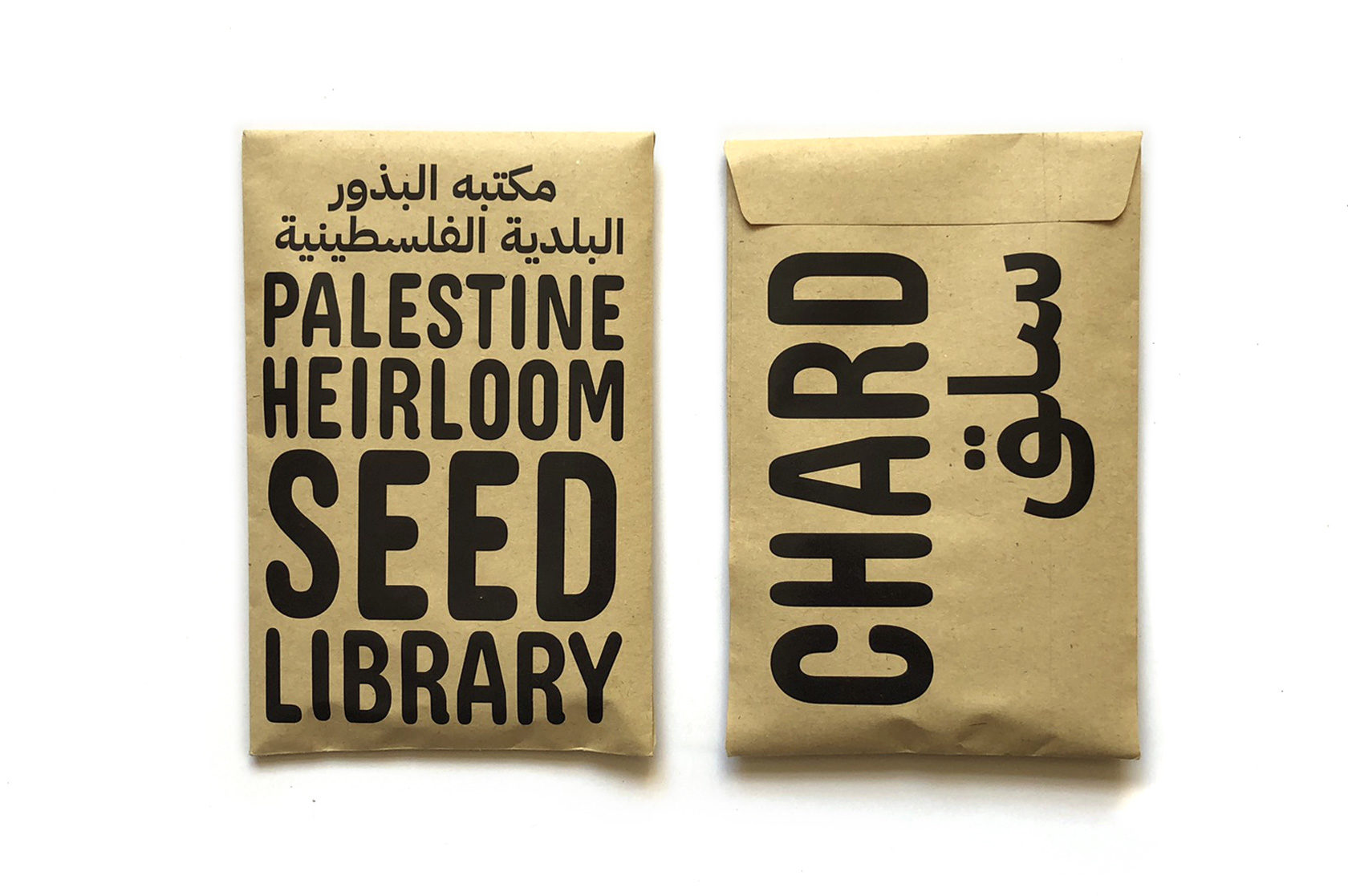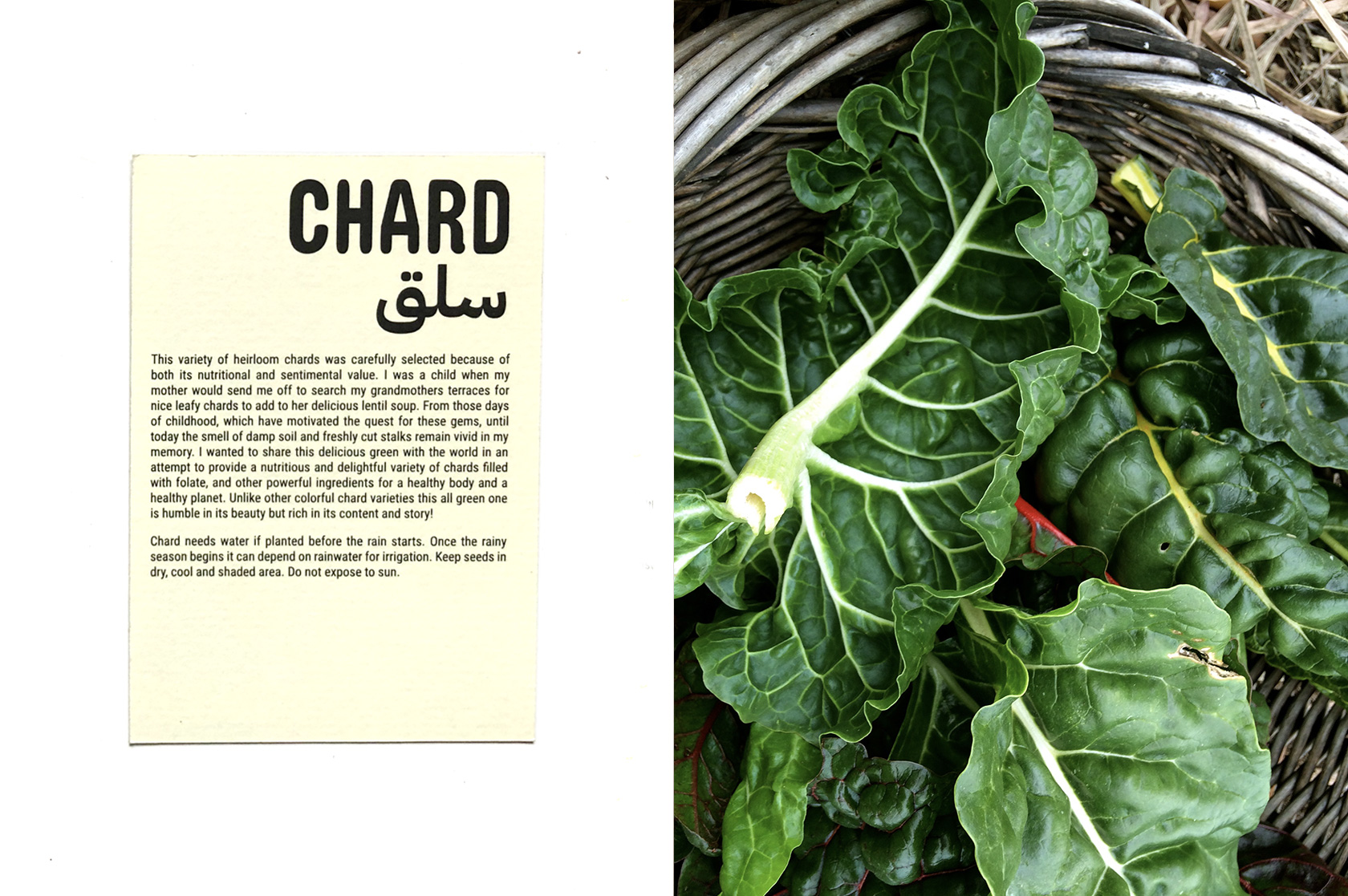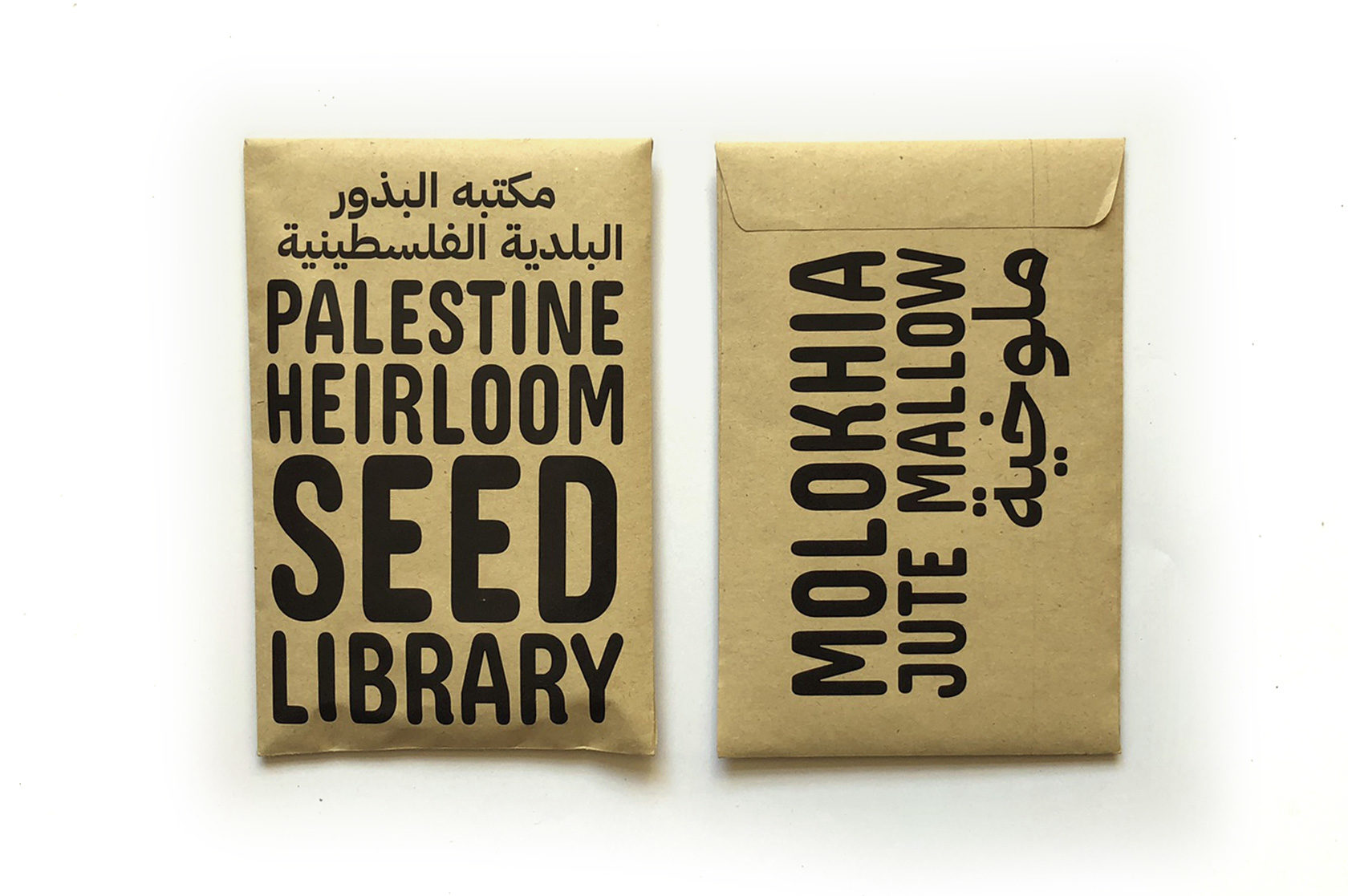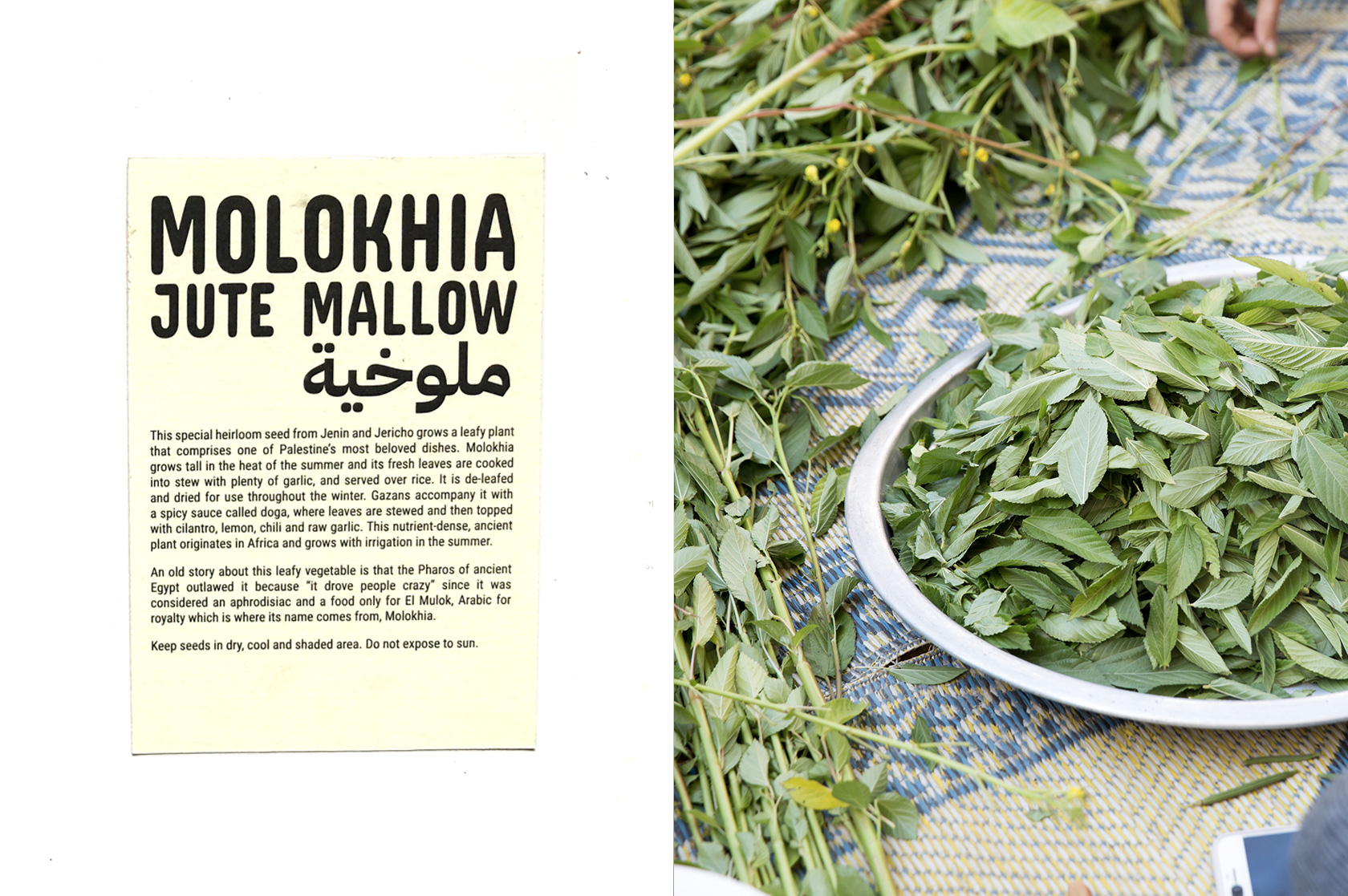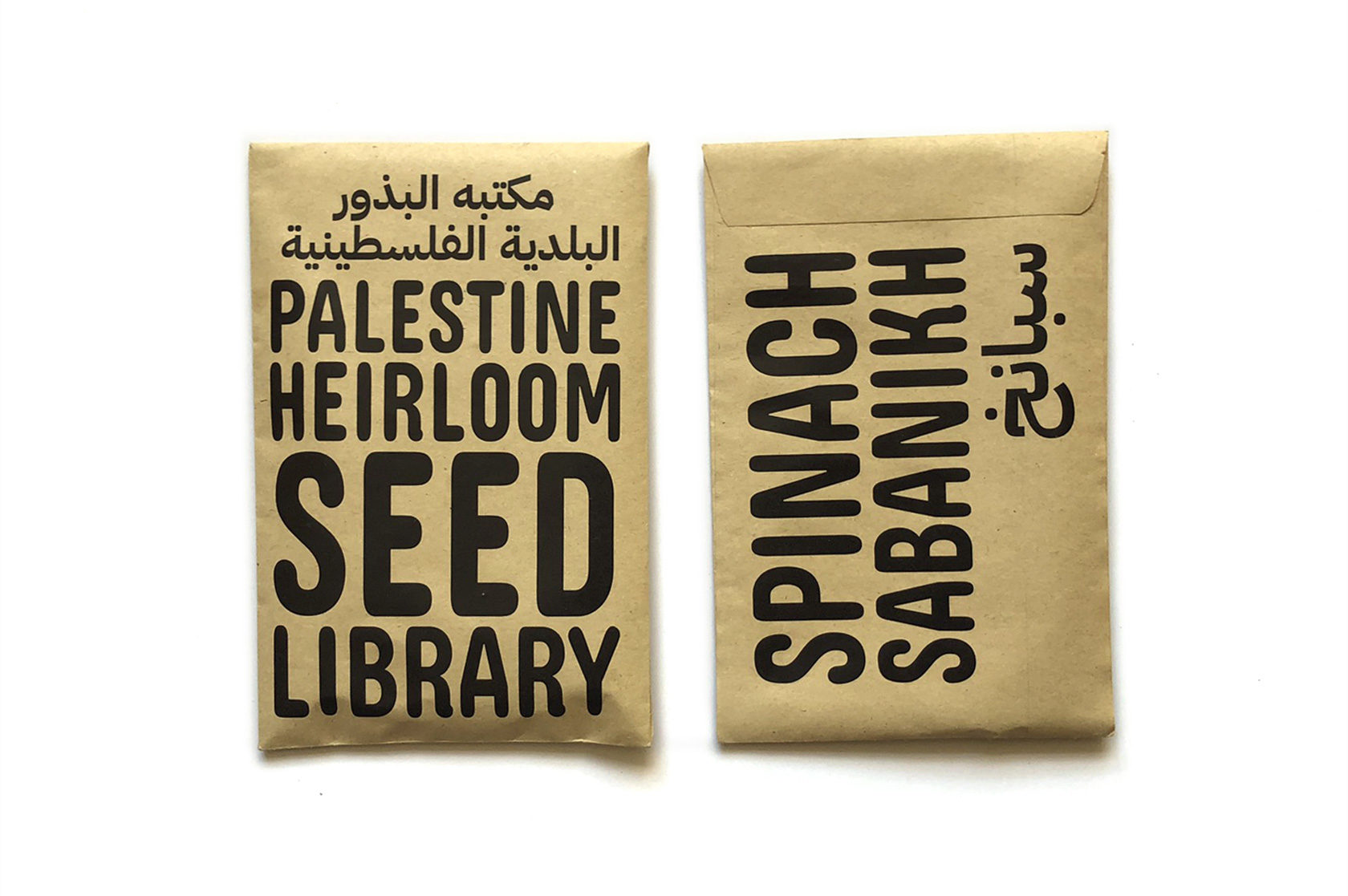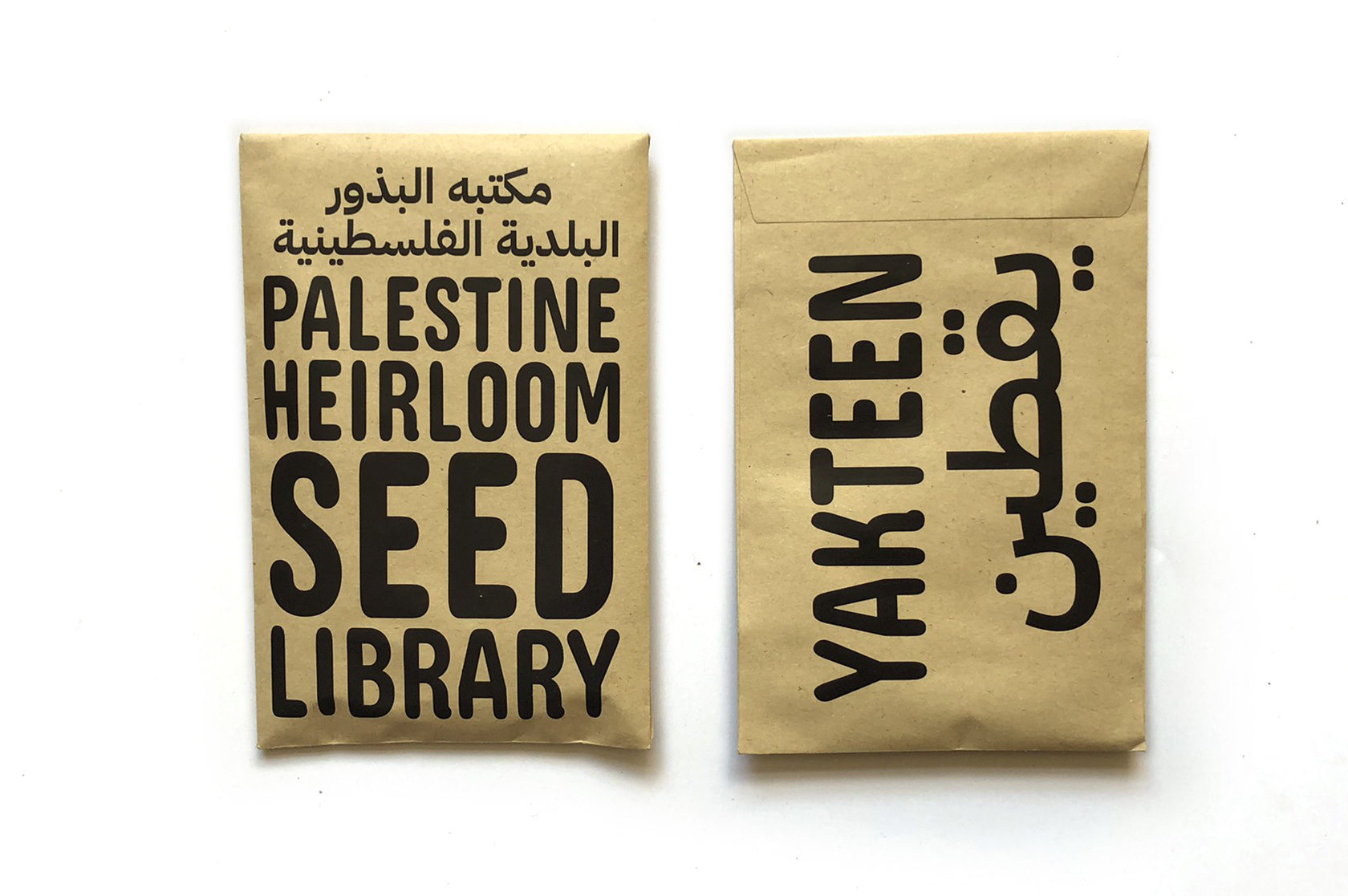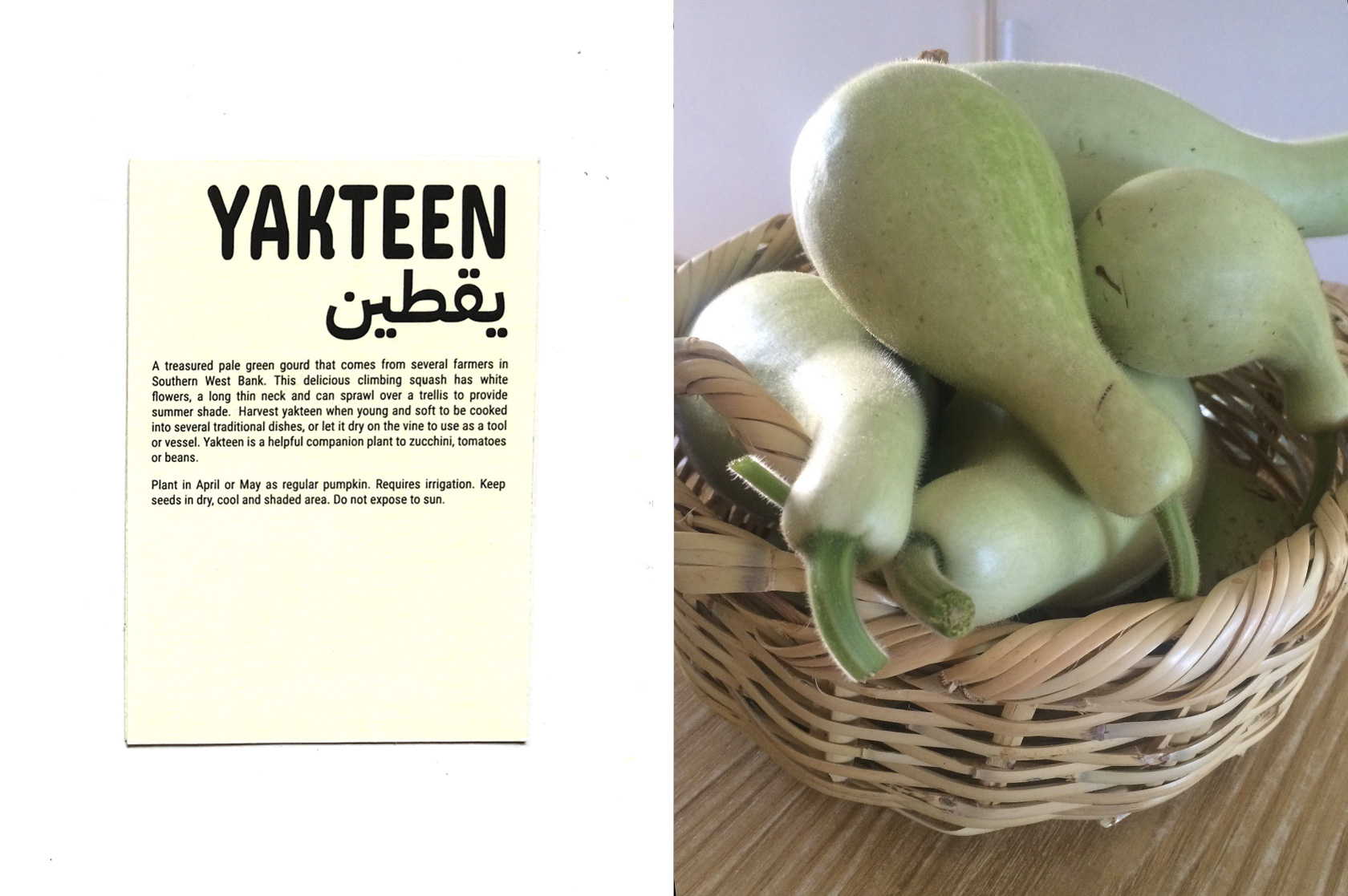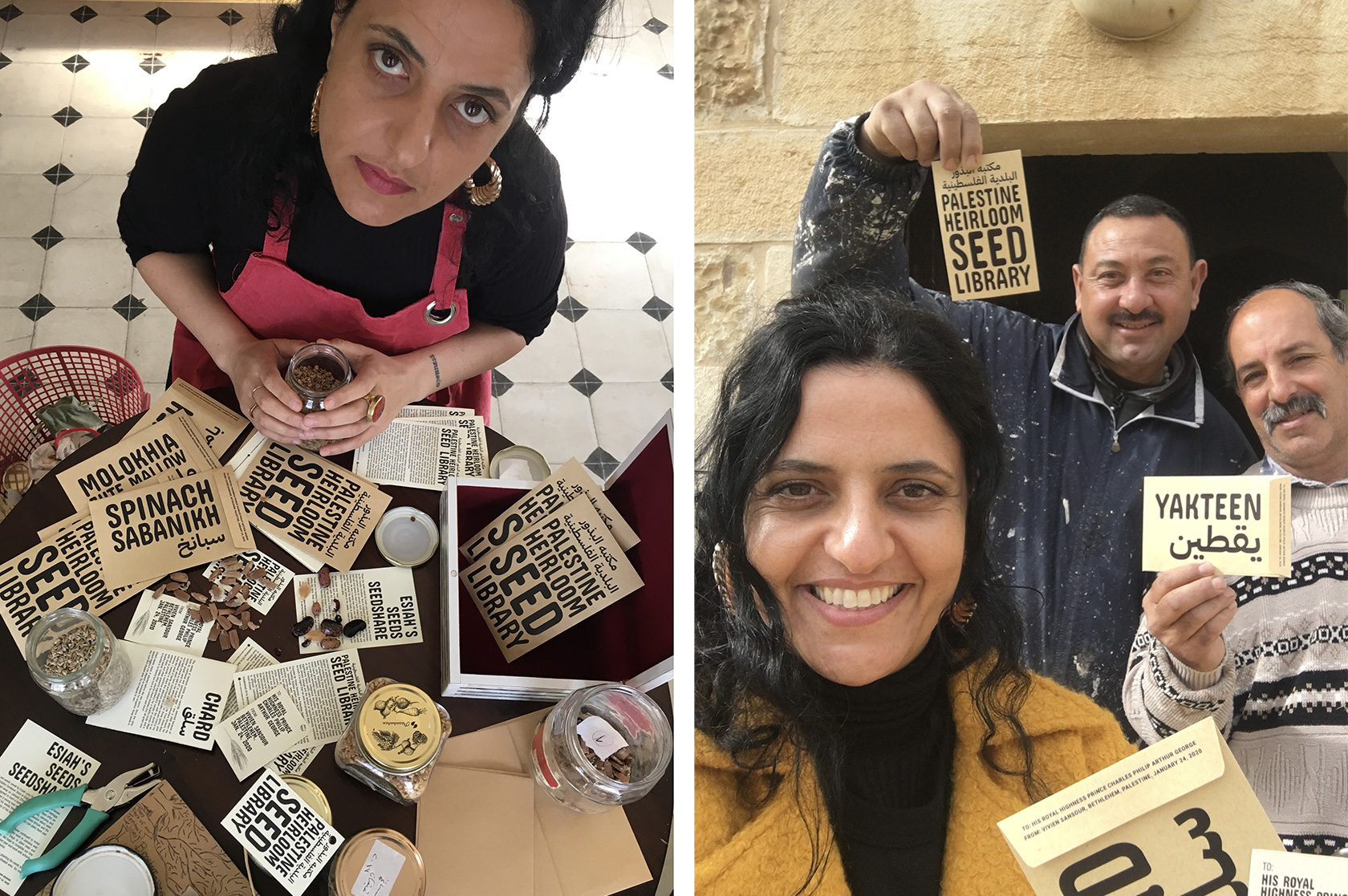Basta
بسطة
Palestinian markets and streets flourish with their colourful carts. They are part of the cities’ soft furniture, allowing vendors to transport goods like Jerusalem Ka’ek, falafel, juices, Arabic coffee, vegetables, fruits, or shoes. The merchants shout, calling for their goods and proofing their presence to move in the crowded, narrow alleys of old cities like Jerusalem. These sounds infuse the centre with its Palestinianness, enriching daily life and adorning the streets. They are witnesses of the various historical stages of ancient Jerusalem.
This table model, in its original colours of the Jerusalem trolley, honours the captivating urban tradition, attempting to defend a heritage that resists extinction and rebels against normative forms. The four wooden coasters inside show artwork by Michael Jabareen, recalling the streets of the old city with its historical architectural details and vibrant lifestyle. The cart moves the dialogues, social life and narratives of the old city to the intimate space of the coffee table.
- Ghadeer Dajani
Ghadeer is a Palestinian interior designer based in Jerusalem. From 2015 to 2020 she was part of the Disarming Design Team as Production Manager. “On the market, you see our heritage being used with a sort of ‘Copy-Paste’ attitude, and this is why, after some time, the products became outdated, repetitive and not responsive to the fast-changing contemporary societies we live in. The same goes also for the design of the products; sticking a piece of embroidery on an object is not enough to make it stand out as a Palestinian item, and the narration behind the product becomes weaker and not perceivable by other people. Today, with technology, everything changes so fast and so sudden, we need to be able to act upon what is happening around us. The beauty of the past needs to be reinvented according to the possibilities and necessities we have today, in a creative and well thought way.” — From the interview with Ghadeer Dajani December 2015
“Art, design, crafts, they all have to be part of the resistance against the occupation, as an element within a mosaic power against foreign rule. It has to reflect the beauty and the strength of Palestine, just like poetry and literature are doing. DDFP brings this together, representing a circle of artists and artisans, as well online as to the rest of the world. Before I attended my first create shop in 2015, I wasn’t thinking to highly of our local crafts production. It felt as it was being restricted to traditional embroidery, and to the usual products in ceramics and glass and so on. For us, we always saw the same things over and over again in the market. There was never someone who would do something different or revolutionary. Disarming design made us aware that we have this heritage and that we could something new with it. That it is Palestinian, a part of our identity and that we can be proud of it. It feels that until now people have been scared to try new things. In the way artisans were doing things they were earning their living. So why risk all that for doing something out of the box? The idea of working with designers is also very new. We weren’t really trusted with our innovative, creative concepts and approaches. So collaborating felt like an experiment for both sides, where people stepped in with quite some reservations and resistance. It took time to overcome these sentiments. But after a while, it turned out to be very beneficial for all of us. I definitely have developed my ideas thanks to the way the craftspeople I have worked with have taught me new techniques and different ways of doing things. DDFP is trying to support low and middle-income businesses, but it is true that they currently cannot significantly contribute to the financial sustainability of any of the artisans or designers. What we see happening on the other hand is that they start to become a catalyst for other NGO and organisations, and maybe, when they all would join forces, we can work towards a more worthwhile economical position. It is nice to see that people, after they participated at the create shops, are starting to create an independent network. It seems that we finally are going to reach a point that we can establish a network that can include everybody involved and interested in Palestinian design and crafts. We are not there yet, but it is definitely under construction.” — From Kurt Vanbelleghem interview, Can one really benefit from a social design project, or is it just another spin at the wheel?
- Shireen Salman
Shireen Salman was born in Jerusalem in 1986. Design was in her blood as her great grandfather was a jeweler, and the craft was passed down her family. Today, her father owns an antiquity shop. Shireen displayed great interest in drawing at an early age and developed it over the years. She built her skills and finetuned them in school by building furniture and designing the cover of the school magazine. She graduated from Al Ahliyya University in Amman with a degree in interior design, and afterwards moved back to Jerusalem where she aimed to be an active contributor to design in Palestine. She worked in interior design offices, and it was during that time that she discovered she likes making crafts. From there, she went on to design lampshades and ceramic tables.
Characterized by Palestinian pride and heritage, Shireen’s work often employs elements native to Palestine. Her philosophy lies in taking the traditional and reinterpreting and presenting it in a modern way while also producing high quality products. The craftiness of olive wood and ceramics have been sources of inspiration for Shireen. They do not only spark ideas for her design but she also them in her final products.
Employing an eclectic approach to choosing the material she works with, Shireen uses versatile materials such as steel, ceramics and wood. Her products are handcrafted and custom-made. Each item she creates is is a collector’s item and is one of a kind. Thus, she seeks out to use high-quality material and chooses to work with craftsmen who are top in their field and pay much attention to detail. These masters of their craft have plentiful experience and produce polished work [fine-finishing]. The work process is a back and forth one, where Shireen comes up with the idea of the design and collaborates with the artisans to produce one of a kind work that involves no mass-produced material.
Salman’s work spans from residential and commercial interior design, such as kitchens, living rooms, offices, coffee shops, and laboratory hospitals, to pieces of furniture, lighting, ceramics, and pattern design.
- Michael Jabareen
Michael Jabareen is an artist, designer, architect, performer and co-founder of @anakebco. His passion for art and architectural details have been the dominant motive throughout his career, including choosing to study Architectural Engineering at BZU. This commenced the moment his father guided him to walk his first steps in drawing a painting of his own when Jabareen was only five years old. Jabareen believes that art and architecture together, shape the world through critical creation and destruction.
Size: cart 17 x 8 x 8,5 cm (coasters: 8 x 8 cm)
Material: willow wood (sprayed as well as printed in colours and glued pieces)
€39,50
